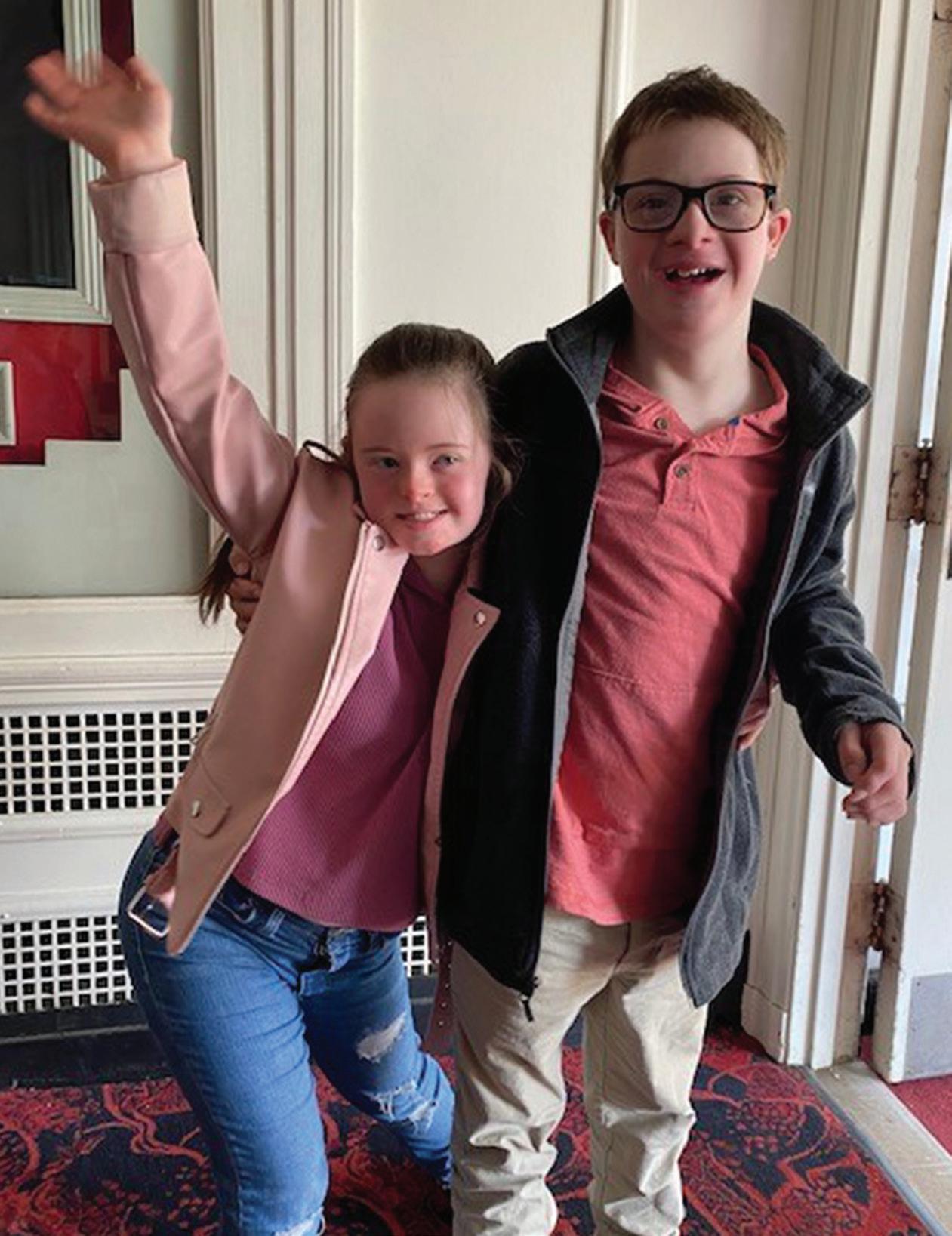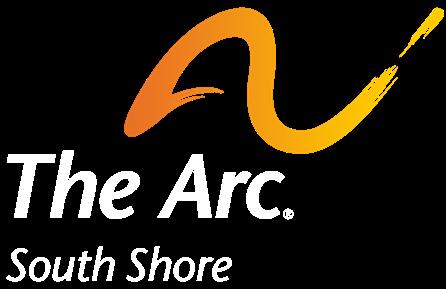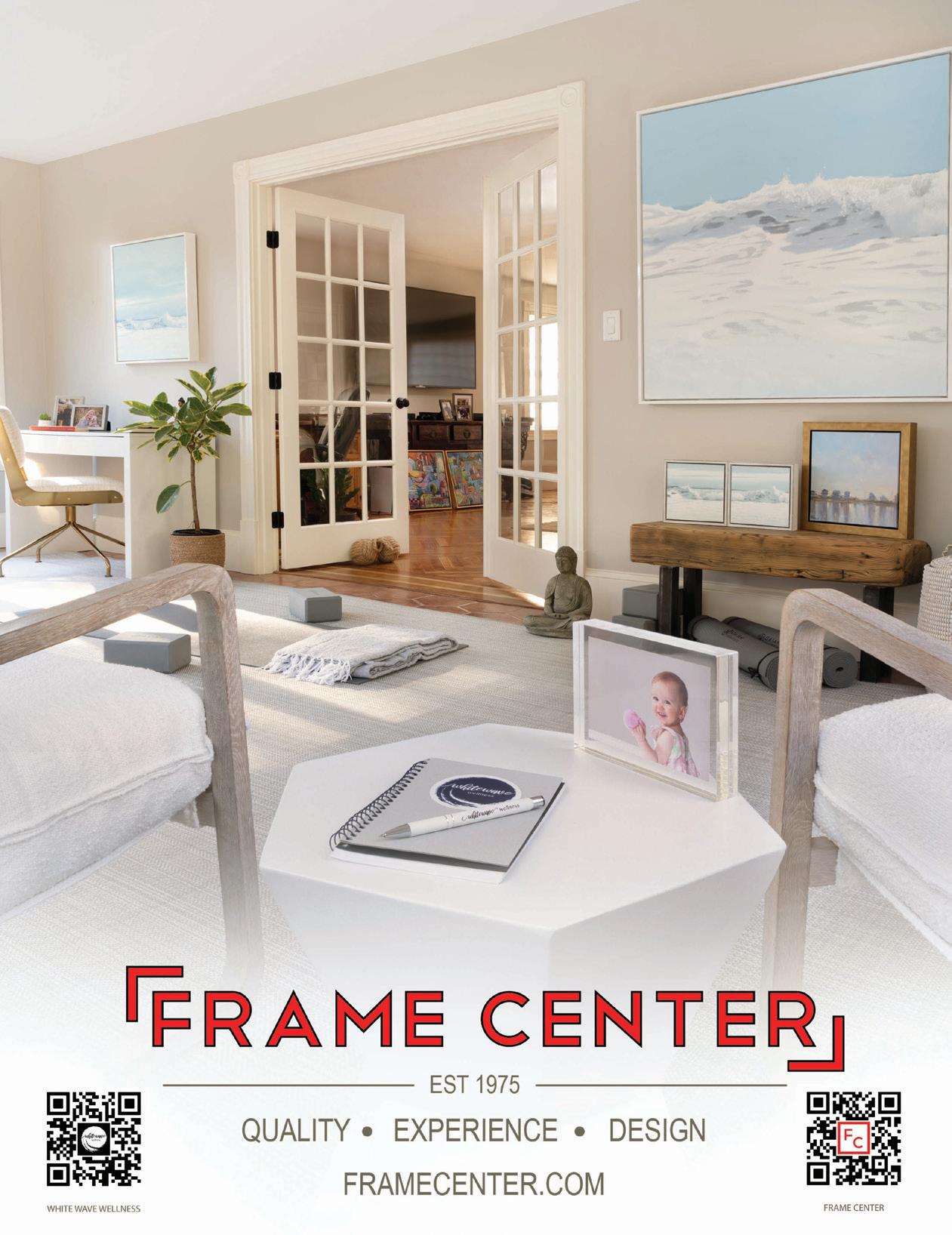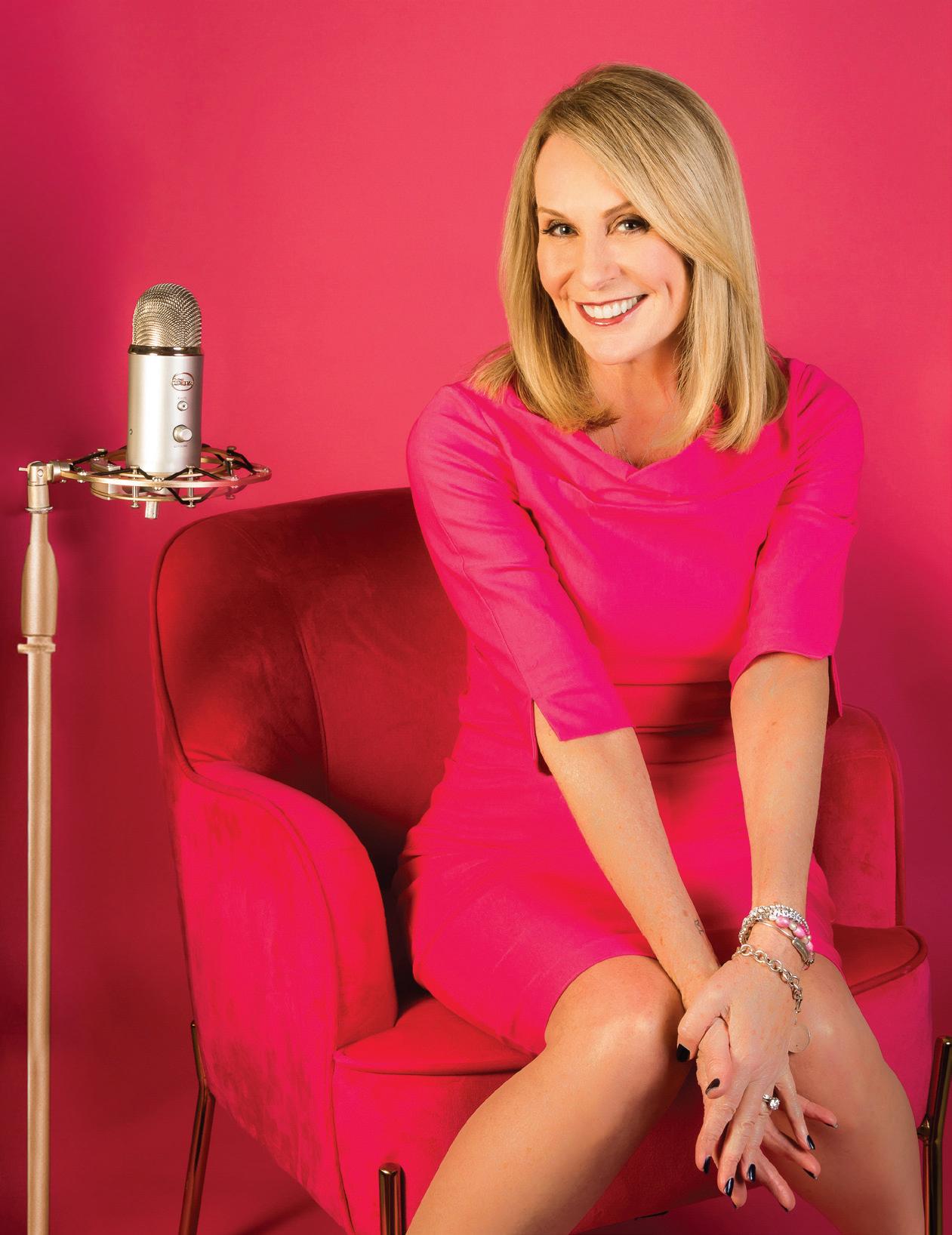

CANDY O’TERRY
When the disease you fight on the outside is growing on the inside
“YOU LOOK FOR ROLE MODELS”
+ ALTER EGOS SOBRIETY VALUES-BASED WEALTH
LGBTQIA+ VOICES AGING IS OK
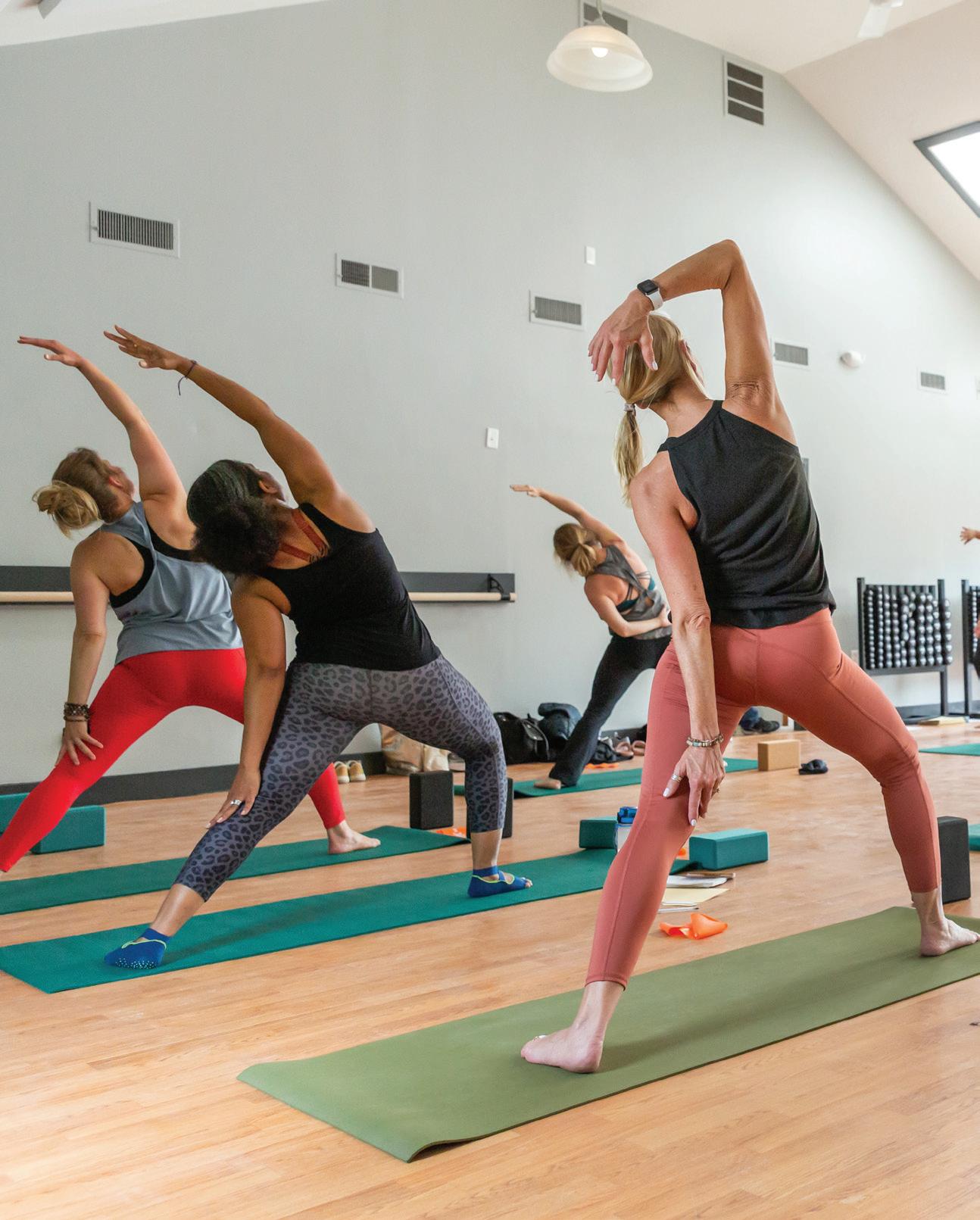

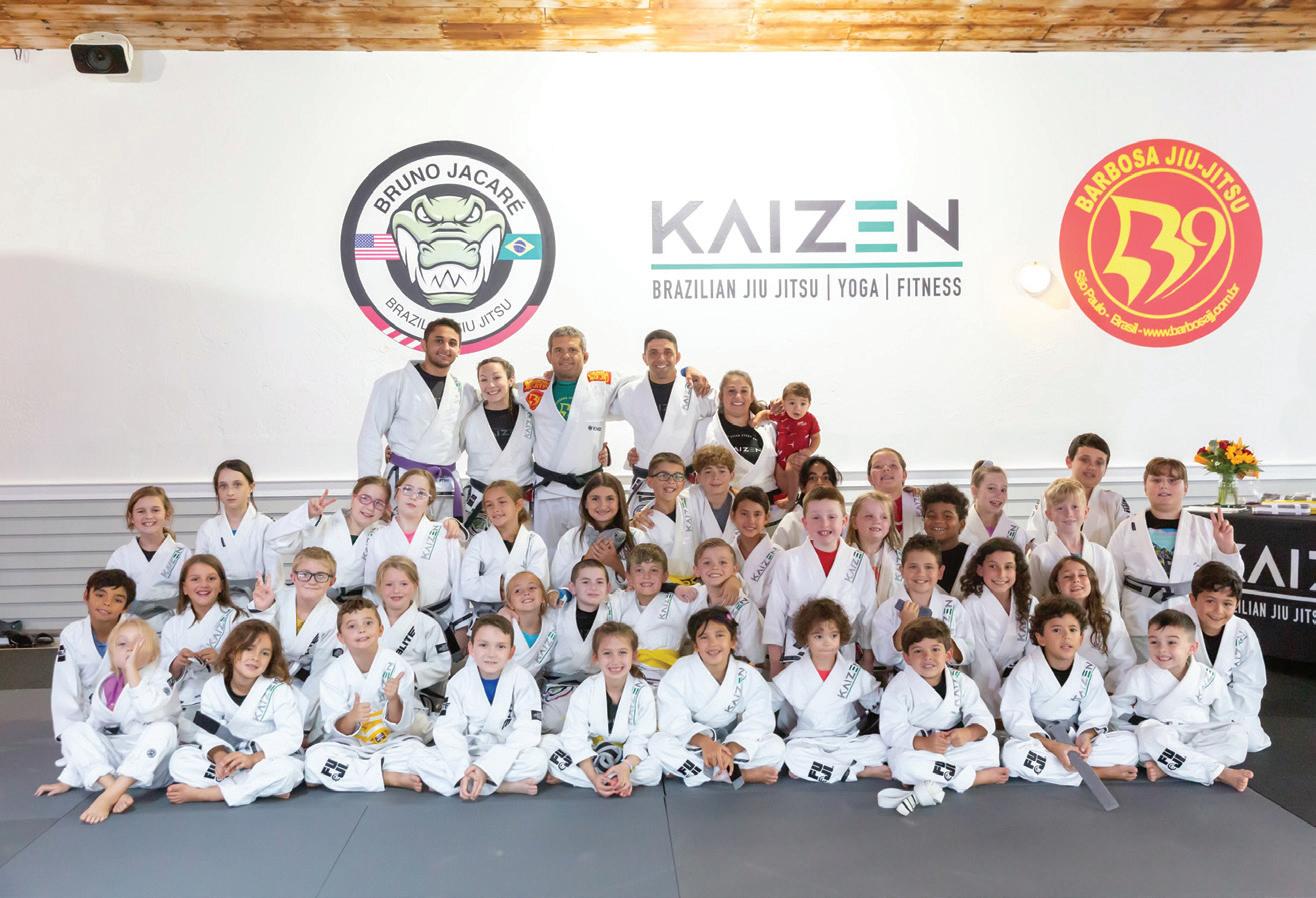

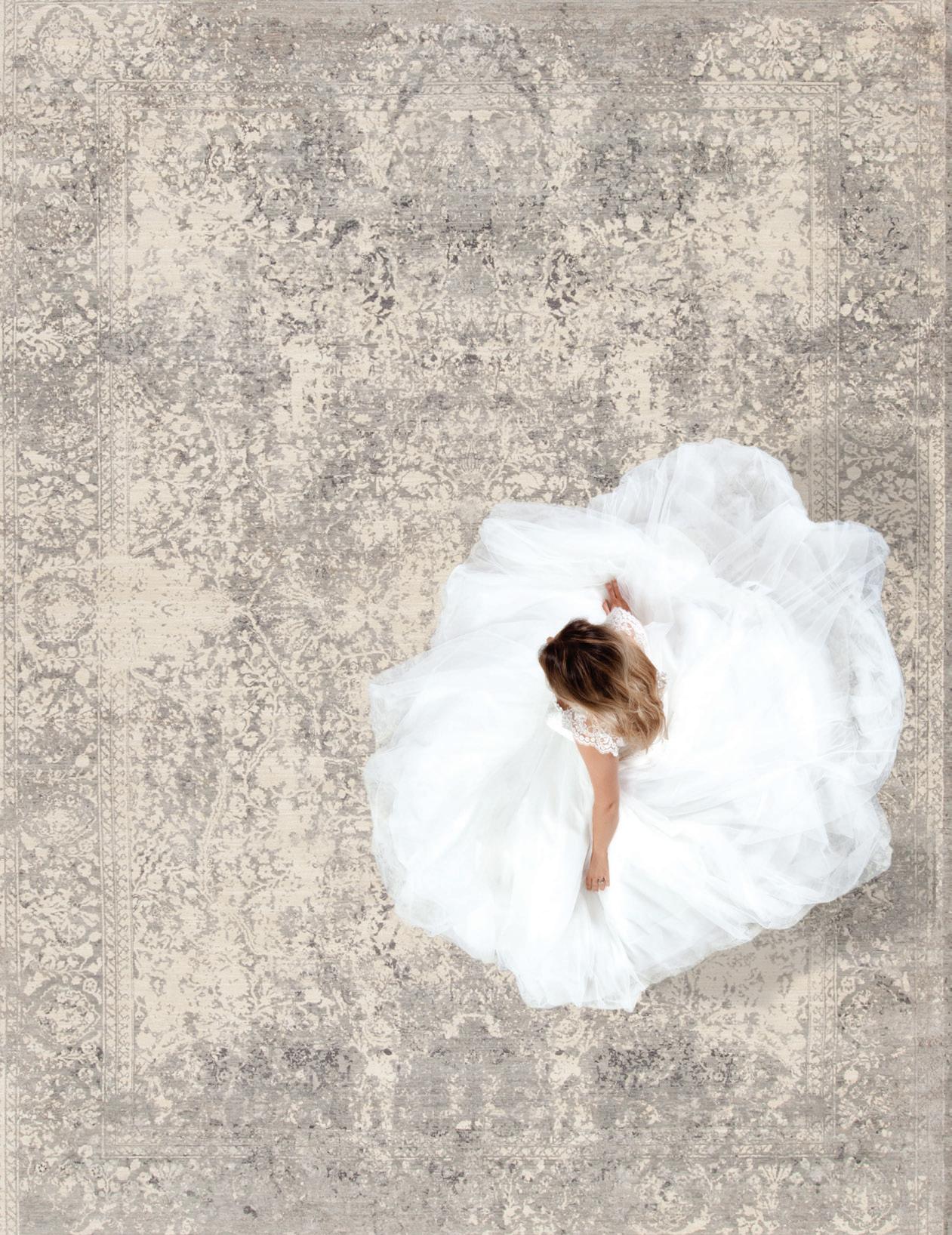

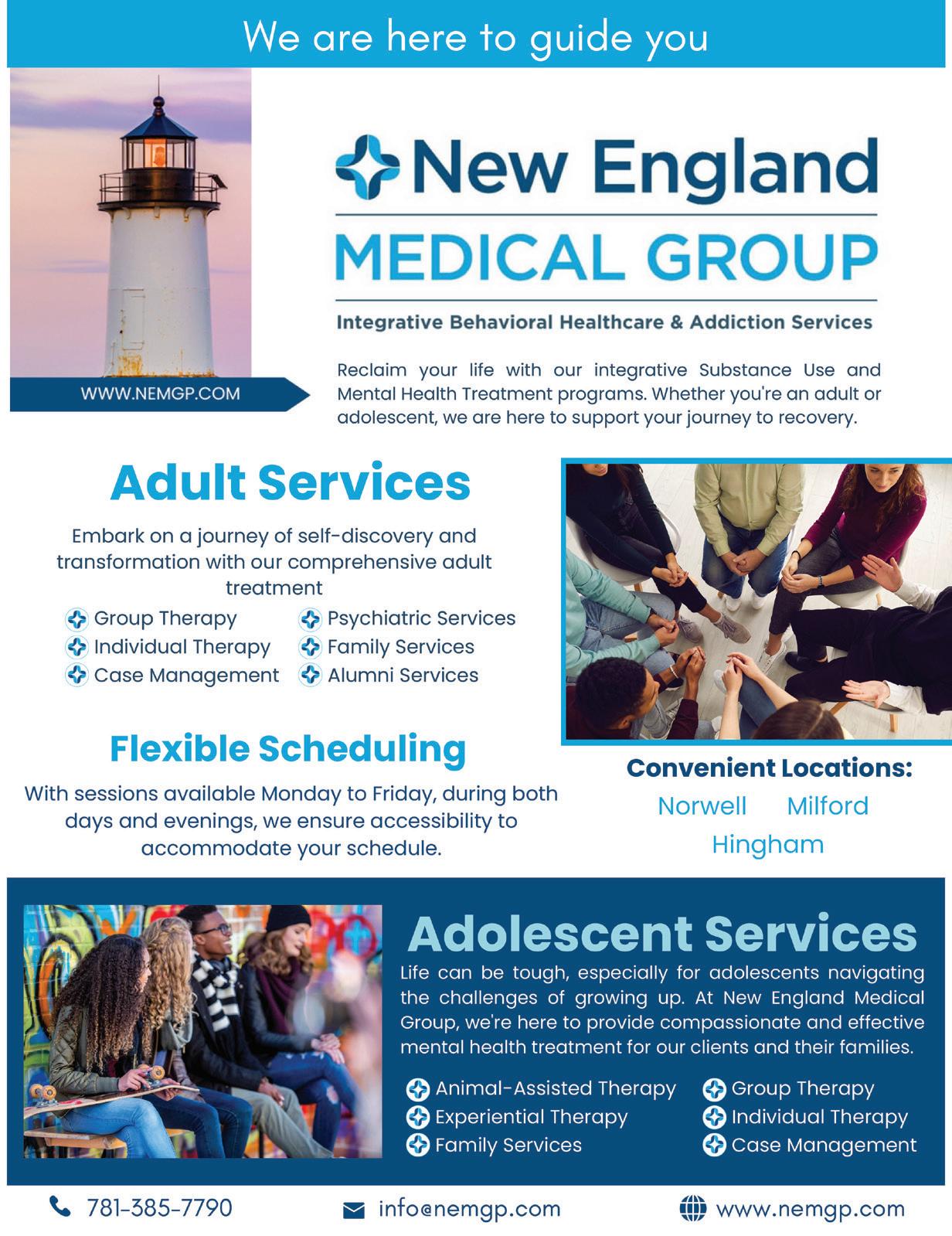
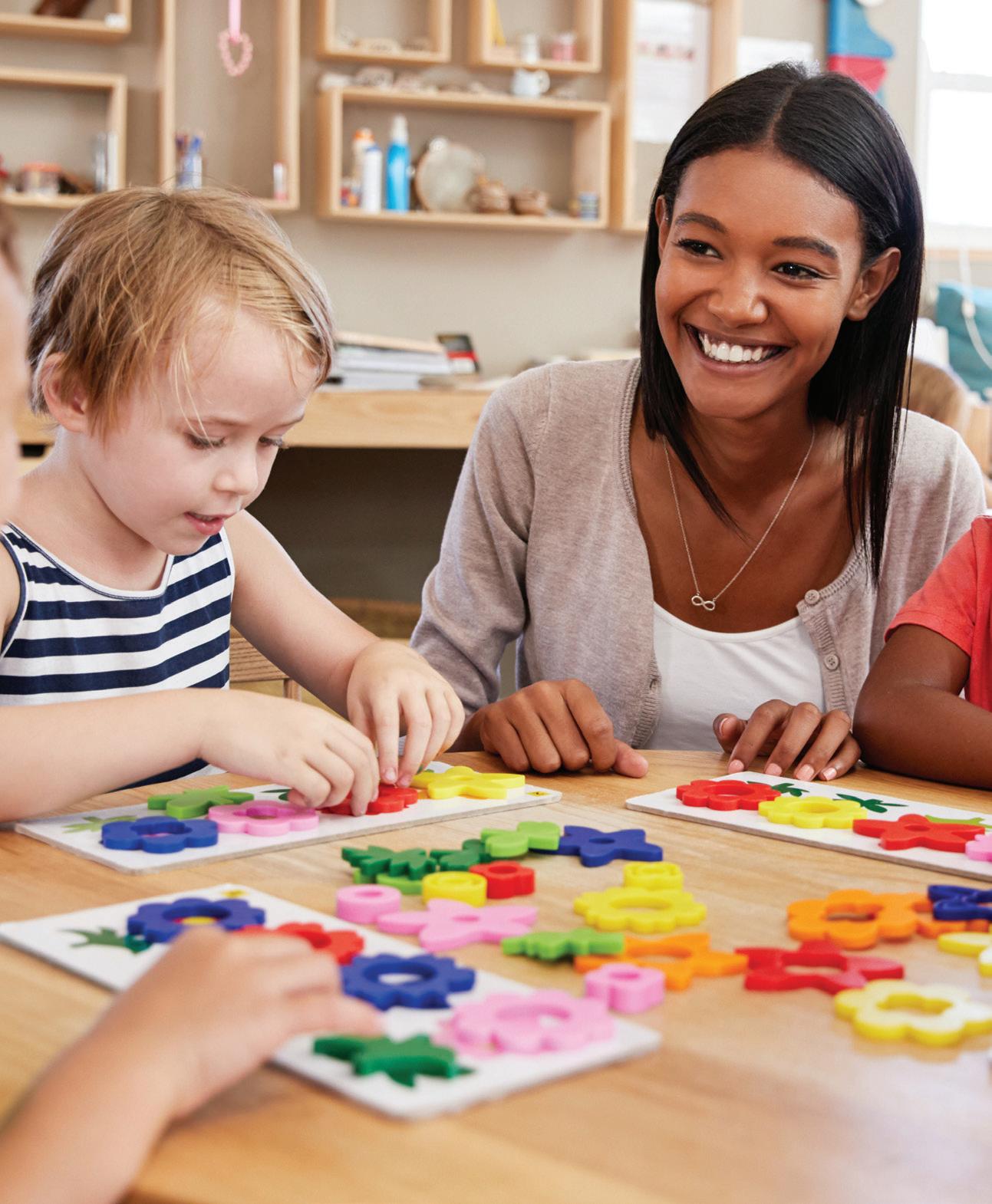
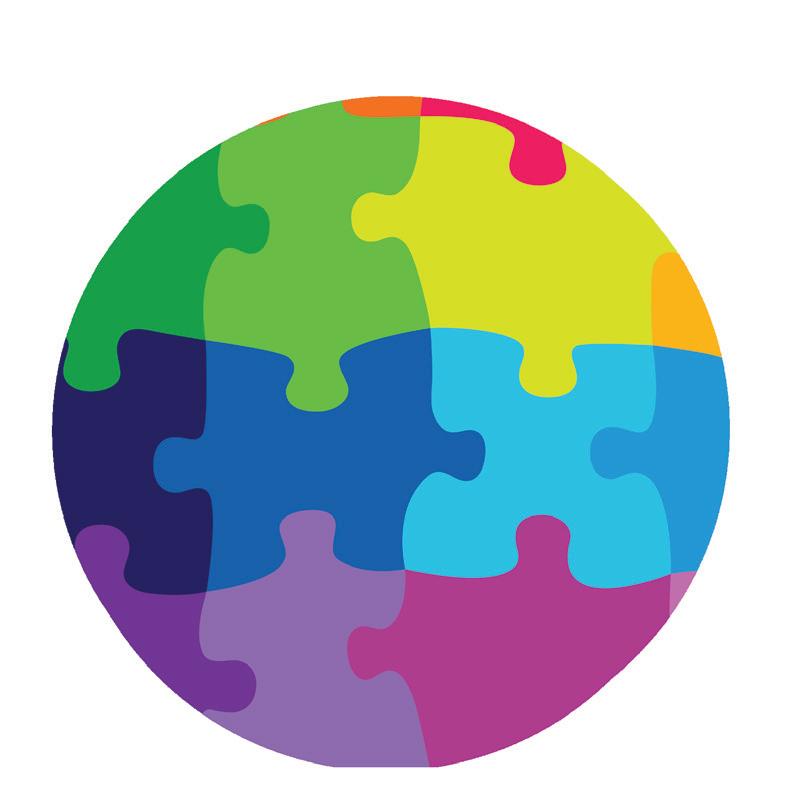
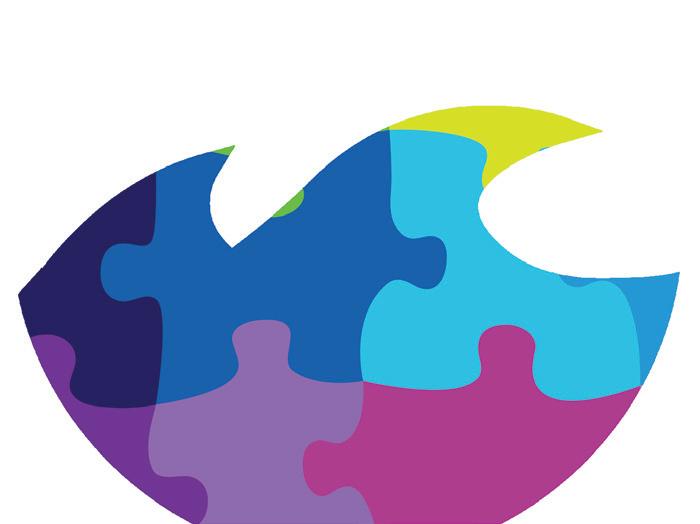
vi t y a n d jyo !

When we founded the South Shore Autism Center in 2016, our goal was to provide services that made our families feel welcomed, where every child was treated as a unique individual, where our clinical plans aligned with what would allow each child to live his or her happiest, healthiest, fullest life. Progress looks different for every child and every family We have worked with little ones who came to us before they'd spoken their first words and now they are playing club soccer. We celebrate with families who are thrilled that their child tries a new food or sits at the dinner table or plays with her siblings. We help children navigate play dates and birthday parties, or sharing a toy and joining in a group song. Our data show our strong clinical outcomes, but the real measure of our success is in the stories of how our clients continue to grow and shine in their daily lives. That is why we are here, and we are honored to be part of that journey for every family who chooses us.
-Chief Executive Officer Erin McLoughlin, PH.D.,








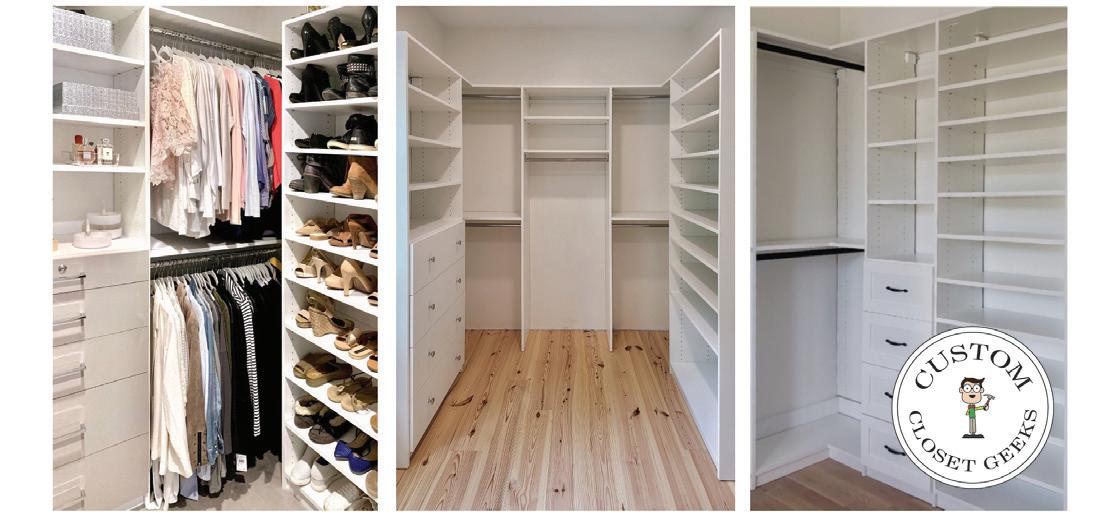

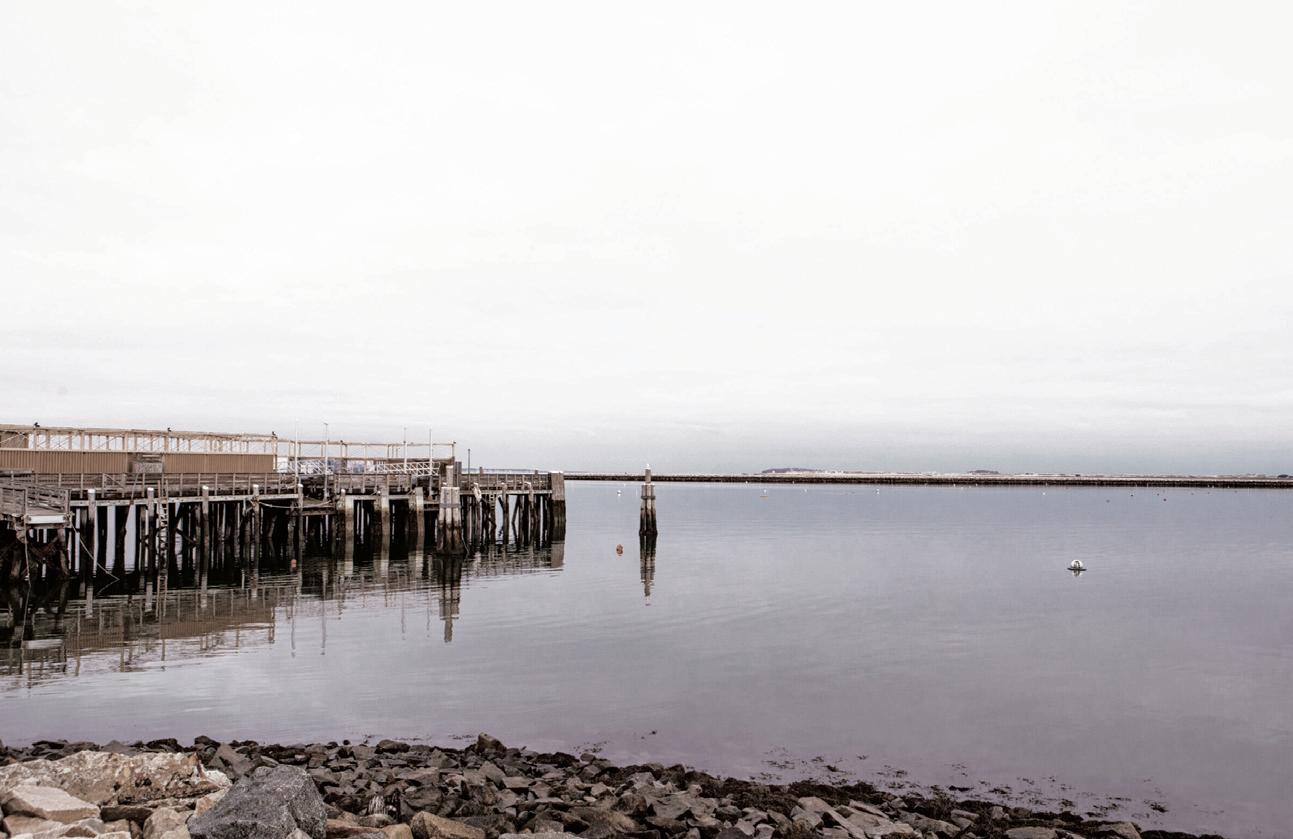
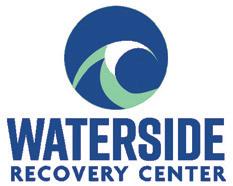
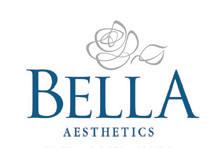
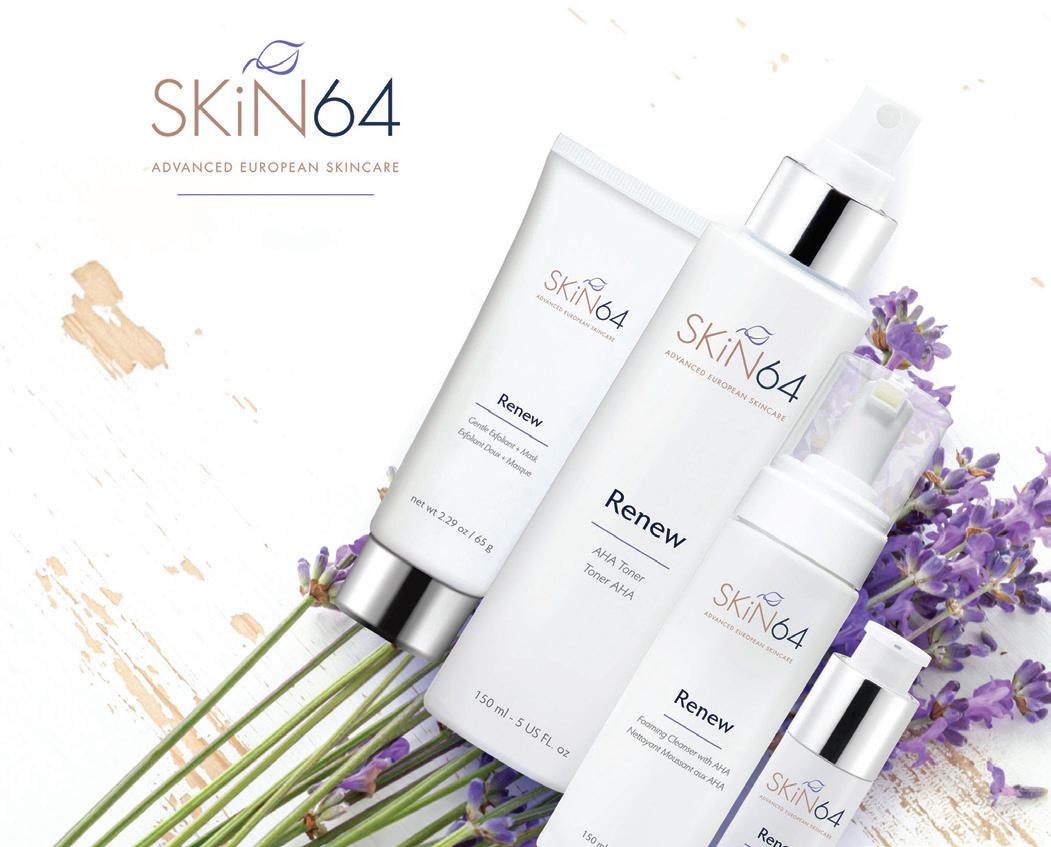
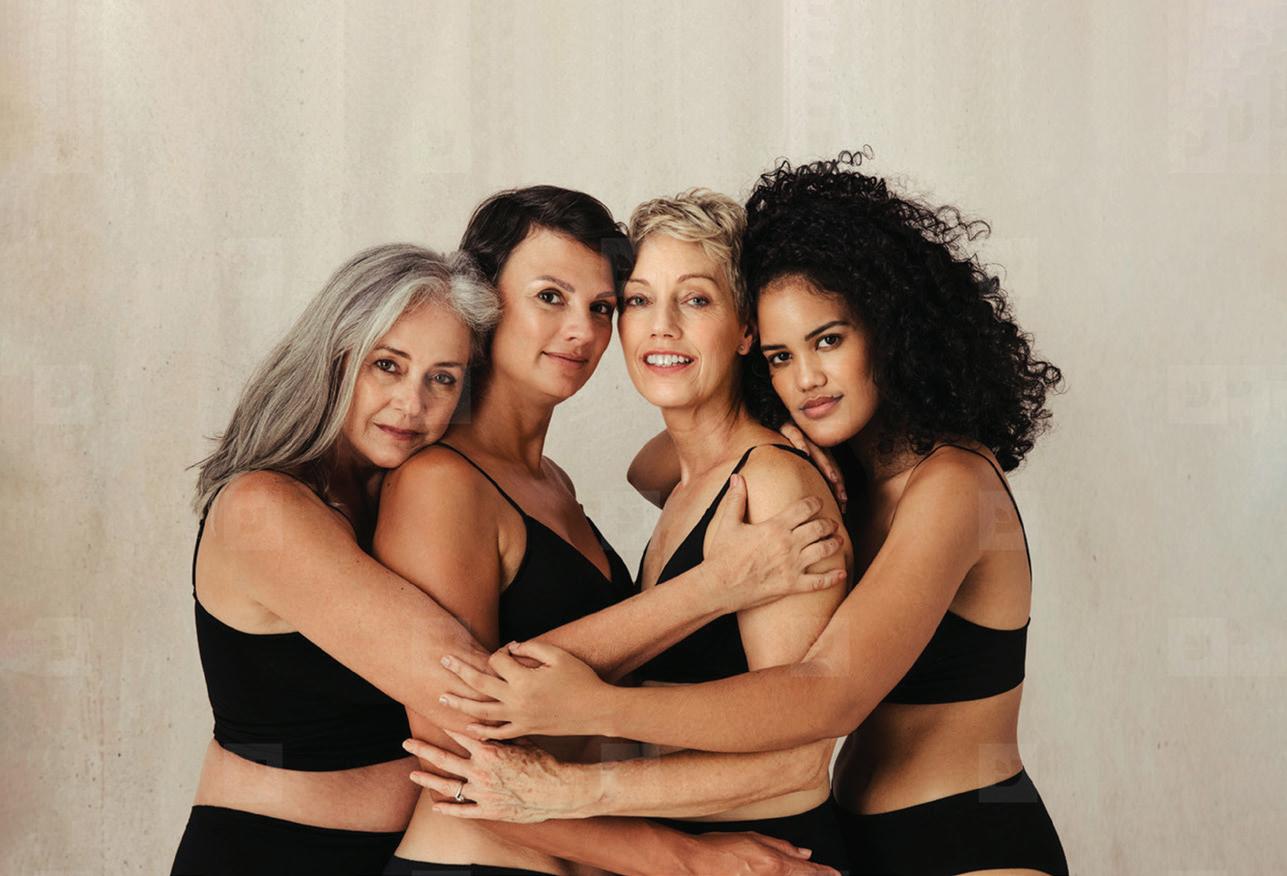

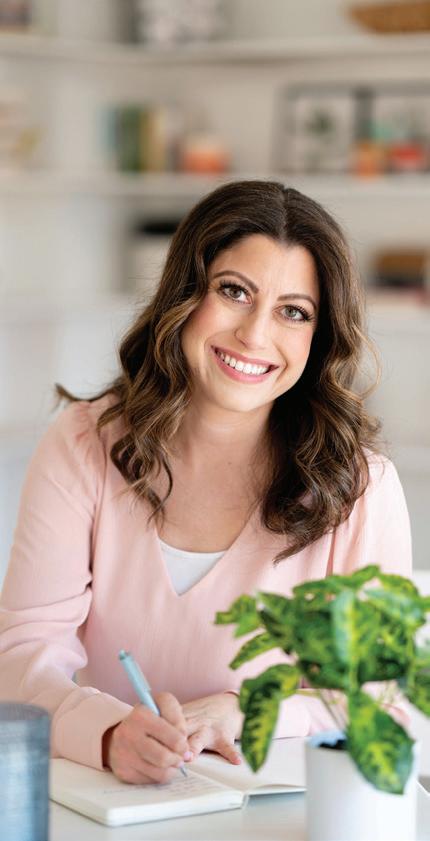
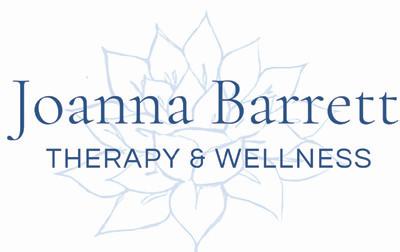
As a Licensed Mental Health Counselor in Massachusetts) and an Emotional Wellness Yoga Instructor worldwide, my focus is to help you cope with anxiety, depression, trauma, relationships, stress, grief and loss, and to adjust to difficult challenges in your life.

My therapeutic practice provides you with a comfortable and safe environment to process your feelings, make positive changes in your life, and live in a happier and healthier way. joanna_barrett_therapy

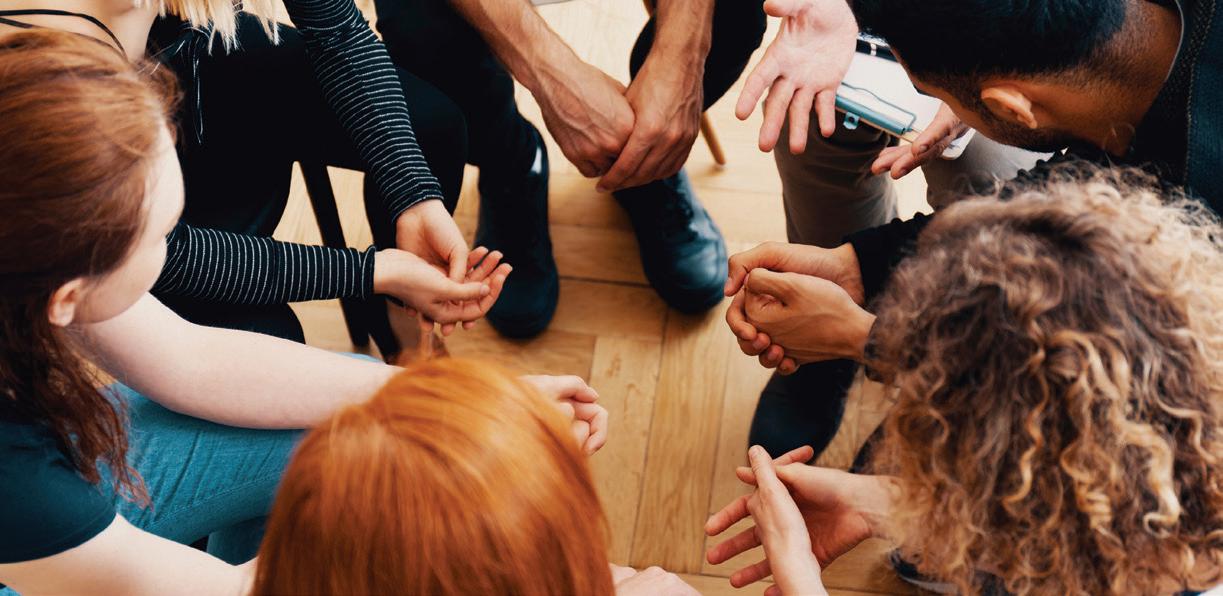
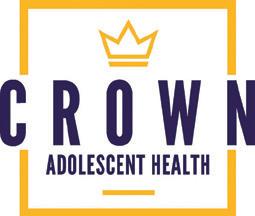
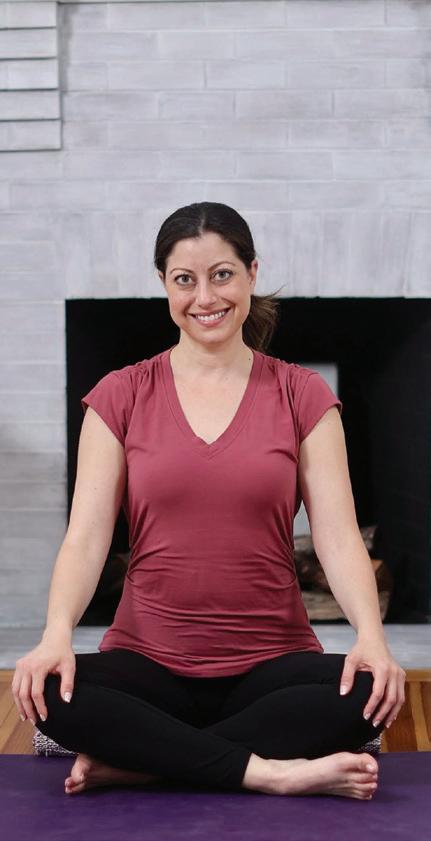
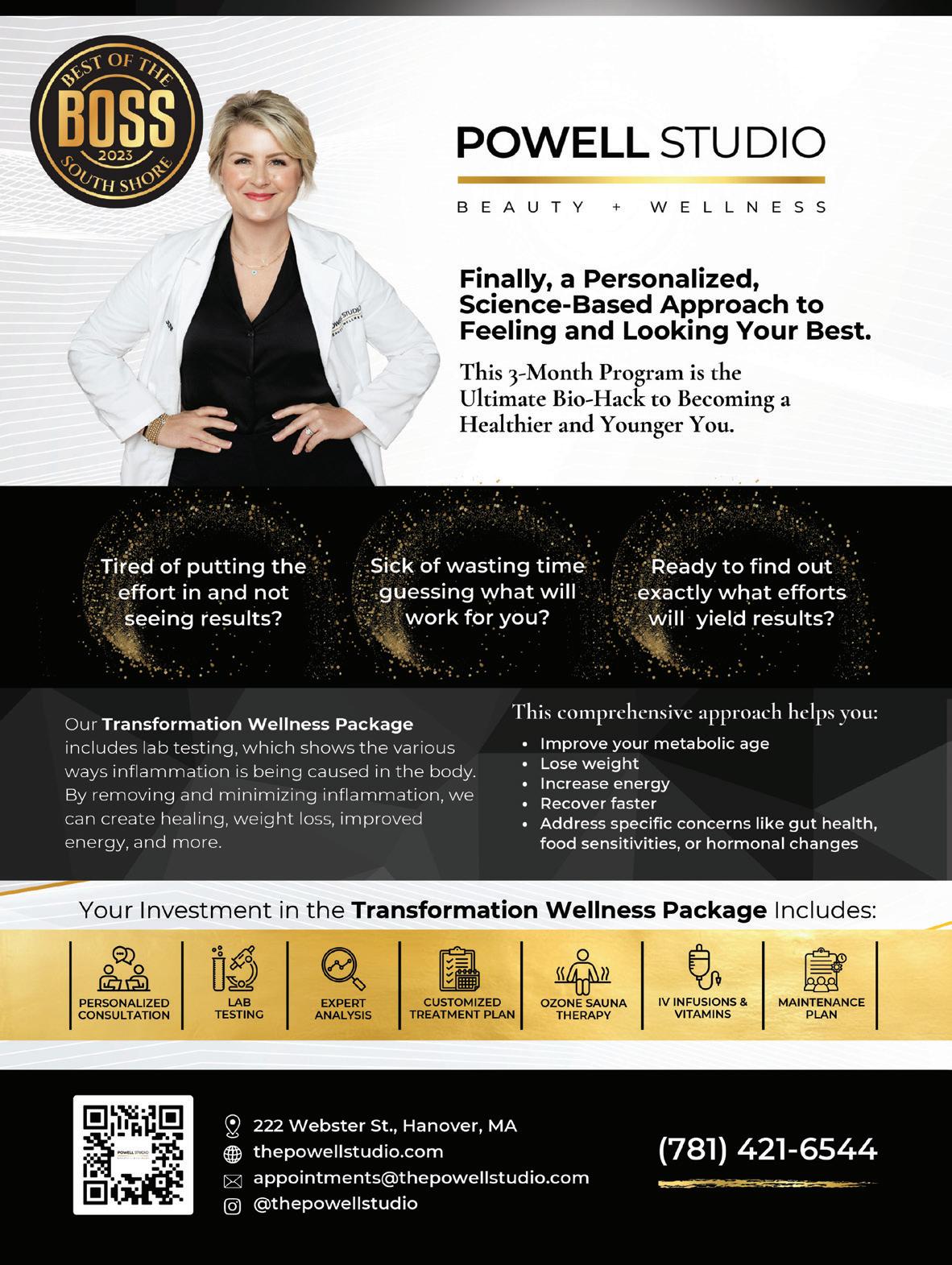
PINK CHAIR
STORYTELLERS
Co-Founders
Marci Goldberg Bracken
Bridget Ryan Snell
Chief Marketing Officer
Marci Goldberg Bracken
Chief Editor
Bridget Ryan Snell
Associate Editor
Laura Bissell
Design
Bridget Ryan Snell
Advisory Board and Consultants
Barb Chan
Patricia Norins Clapp
Kristie Dean
Lahaja Furaha
Alisha Kelly
Sales
Marci Goldberg Bracken
Sarah Johnson
ISSN 2833-4787
Copyright 2023. The Pink Chair logo is a trademarked property of The Waiting Room Media, LLC. Pink Chair Storyteller Magazine is published 3 times per year in print and online at www.pinkchairstorytellers.com. Combined digital and print advertising opportunities, as well as sponsored content opportunities, are available. Rates are available upon request by emailing marci@pinkchairstorytellers.com or by calling 617.939.6193.
FROM BRIDGET

My family is a word-loving bunch. My father and sister listen to a linguistics podcast together— that’s where we learned to pronounce fracas correctly and to avoid old-fashioned phrases, and all that jazz. We enjoy words we heard from our Opa and Uncle Jim because yelling them is cathartic, though we’re not entirely sure they’re real words. We hang on to a long-lost cuss words and antiquated curse when we find them. I am a something-th generation Irishwoman and was raised in the Catskills. This means I will use those curses when provoked and swallow the consonants at the end of each word. I’m also the third of four daughters, which means it’s likely no one ever heard me cuss.
When Janet Bibeau at Storybook Cove in Hanover, MA (my favorite Independent bookstore and a new columnist in PCS magazine) recommended “The Dictionary of Lost Words” by Pip Williams, you bet your sweet bippy I took it home. This work of historical fiction goes into the pages of the Oxford English Dictionary as it was constructed by Sir James Murray and his team of male lexicographers. The story is told through the eyes of a young girl, growing up motherless amongst these men, and discovering that men and women live in the world quite differently. She seeks out women–flower girls, bondmaids, suffragettes, and actresses–and find different meanings for the words these men print. She collects from the office floor the words they throw away and deem unimportant. The reader begins to ask the right questions: What qualifies a word as unimportant? What happened to all of the #lostwords? I haven’t a clue (and I don’t mean the ball of yarn).
When I speak with groups around the South Shore about the importance of personal storytelling, I remind each woman that her story is part of a collection that shapes history. I have been asked, “Who would want to hear my story?” I do! Also, who told you to question if your story is relevant? If I asked the question, “What was it like growing up in 1960’s in America?” I’m going to listen to everyone. If I don't hear from you, I’m not getting accurate history, am I? We have space for everyone’s story. This is how we learned about Mary Jackson, Katherine Johnson, Dorothy Vaughan, Marsha P. Johnson, and Meliva Merić Einstein.
Our pages hold history that you didn’t learn from a textbook; Real stories of racism, gender identity, immigration, love, and aging. Today, if you keep reading, you’ll learn new meanings for “fight,” i.e. fighting addiction, fighting cancer, and fighting our mother’s parenting styles. We learn the meaning of being led by deep faith and being misled. Our newest columnist, Sam Correia, introduces LGBTQIA+ voices from the past. They bring us voices in a community once lost in history. A history that rejected their definition of “community.”
At first blush, you may think I have a grudge against the OED or Sir James Murray. I do not. I did not know him, his 11 children, either of his wives, the way of the world as he lived it, nor his view of the world. But if I had been able to know him, I would ask him for his story, not the story someone else wrote about him and decided what I should know about his life. I think he would like to be asked. Don’t you want to be asked?
Bridget
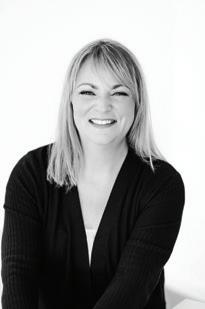
FROM MARCI
I believe the universe has a way of taking care of us. I don’t know what it is, and I don’t how it works, but it seems each time I need a reminder of “what I am doing” someone asks me why I started Pink Chair Storytellers Magazine. I LOVE this question. I LOVE this magazine. Not only does it allow me to share the story friendship and acceptance with my Bridget, but it also reminds me of my why as far as my greater purpose in the world.
In the beginning of this journey over three years ago, I told a story about not knowing there was another answer to the question, “How are you?” I just answer, “I’m great.” Now, I am excited to say that I live my life in a perpetual state of curiosity and honesty.
Now, not only do I know my story, I embrace my story. I share my story. I am proud of my story. My story consists of middle school bullying, high school betrayal and a wall around me that grew so tall, it didn’t come down until my 40’s. The most important part: I LOVE my story. When asked, “Why did you start Pink Chair Storytellers with Bridget?” I answer with those poignant moments that brought me here. Stories that I used to find embarrassing or weak, they caused shame. I was reminded that they all happened for a reason: To lead me here. With all of you.
Now, I can’t get enough. A few weeks ago, I went out with friends to enjoy live music. Before I got in the door, a friend came running up to me to talk about her diagnosis of vagina dryness and a new procedure to help. Had I heard of the procedure? Did I know another doctor she could get a second opinion from? Yes, and yes! The openness and honesty that envelopes my life is glorious.
Stories have come in about how a story, read in our pages, has helped people on their own journey. Stories telling me that they told a friend to not “live small” (story told by Katerina Phoenix in The Identity Issue 2023) or guidance they received from Cheryl Ryan Chan on how to turn rage into action (The Advocacy Issue 2023).
What do we do with all this information? Why should we listen and hear other women’s stories? Why should we tell our own stories?
Because isn’t life interesting? Aren’t people interesting? Every unique experience told is a lesson, a gift. Every story is documentation of our history. Not just the facts, but the feelings and emotions. Every encounter is a chance to learn and grow. Every exposure to another, especially those outside of our own daily lives, brings us greater understand of each other and the world around us. We are all different. Let’s celebrate it!
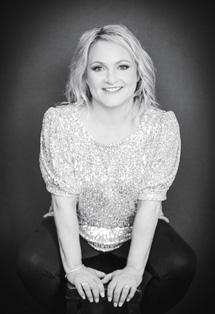
Marci
Contributors
Sam Correia
Tess Cruz Foley
Stephanie C. Olsen
Candy O’Terry
Regan Roderigues
Marie Romilus
Cover
Kerry Brett
Portraits of Candy O'Terry
Kerry Brett
Storyteller Portraits
Stephanie C. Olsen
Soul Project Photography
Kristie Dean
Editorial guidelines can be found at www.pinkchairstorytellers.com and submissions can be sent to bridget@pinkchairstorytellers.com. Subscribe at www.pinkchairstoryteller.com/ subscribe.
IDE NTITY I SS U E
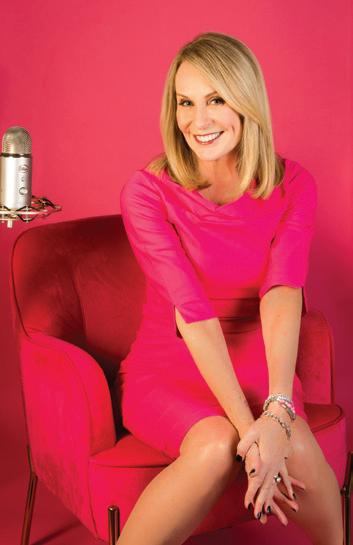
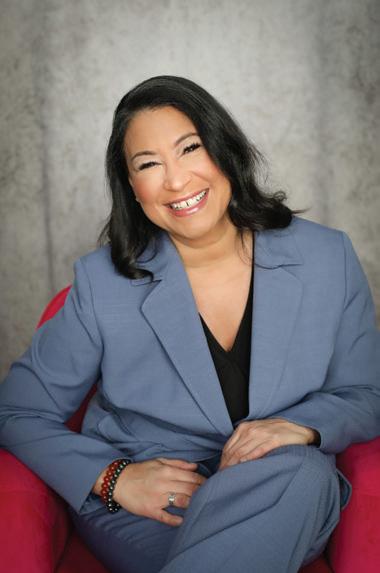
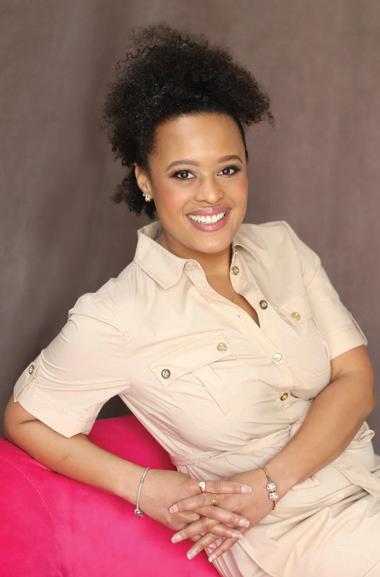

I Am a Warrior
My husband, Tom, rushed to me. I was inconsolable. Sitting beside me, he tried to comfort me ... We were suspended in disbelief ... That night, I remember thinking, “This is it. My biggest fear has come to pass. I’m going to die of breast cancer just like my mother.”
I Am Sober
I have probably been an addict since I graduated college. What’s funny is I didn’t drink at all in High School and very little in college. I remember the moment it clicked with me though. Like a snap of fitting a cap on a bottle so perfectly you knew it would never pop off. The satisfaction was so real.
I Am Living a Values-based Life
It is in my value of “Perfect Pace” that I start to answer the question, “What is enough?” Determining what is enough is very personal, and heavily depends on the values-led life you imagine for yourself ... It is the knowledge that I don’t have to rush into something for my survival but can take time with my next steps.
The I AM Issue
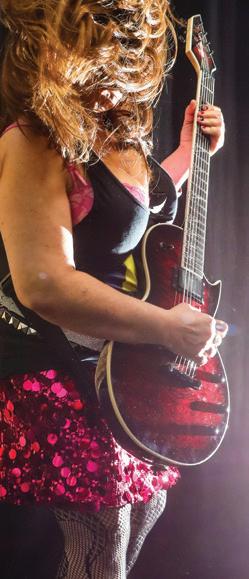
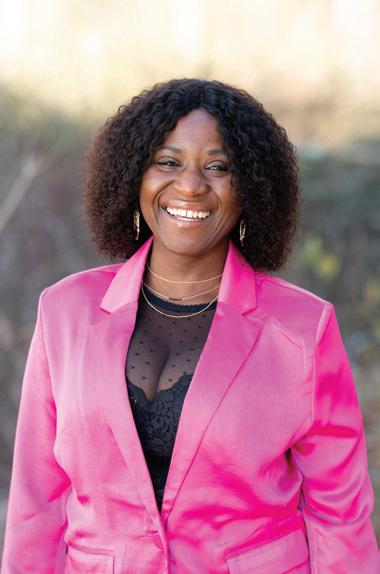
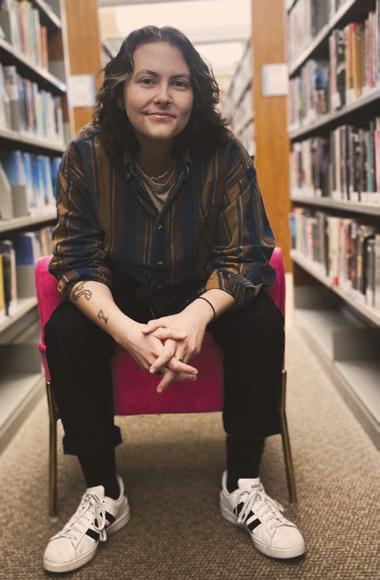
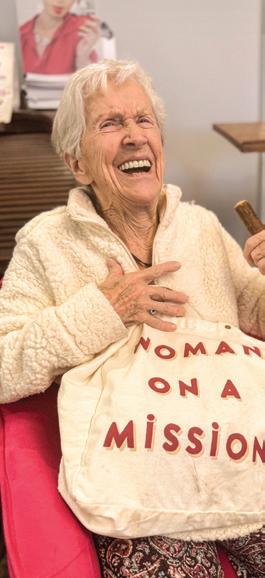
Just a Moment: Stephanie C. Olsen
ALTER EGOS: A [Visual] Identity Story
Books Exploring the Concept of Identity in Fiction + Non Fiction
Marie Romilus Expectations are just premeditated resentments.
Tess Foley A love letter to the trans community.
Sam Correia Their debut column gives voice to the LGBTQIA+ community past + present Regan Roderigues You could learn a few things about aging.
Soul Stories Meet Carmen, Liz, Alyssa, and Jasmine
LIVE LIFE FULLY
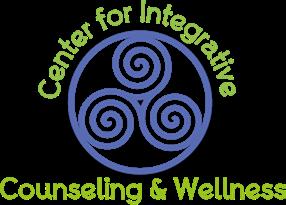
EXPERIENCED: Depression, Anxiety, Grief, Relationship Issues, Life Transitions
APPOINTMENTS: Children, Teens, Adults through Seniors
CONVENIENT: In-person and Telehealth Sessions
CARING: Speak with our Practice Administrator for personal service
(781) 740-9227 ext. 101 62 Derby Street Ste. 6 Hingham

CONTRIBUTORS
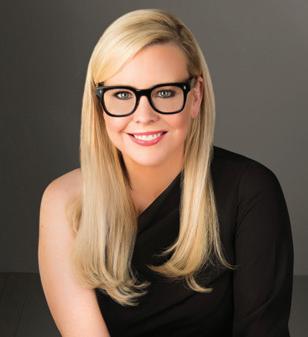
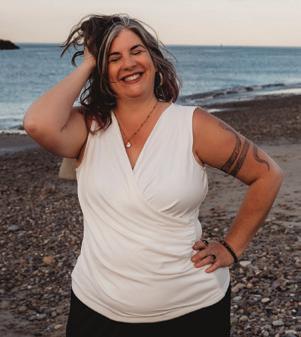
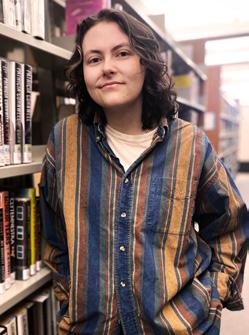
KERRY BRETT, a Master Photographer, has owned and operated a successful studio in Hingham, MA, for the past 27 years. It has served as her home base to create award-winning portraits. In addition to her work at Kerry Brett Lifestyle Portraits, Kerry was the staff photographer for The Improper Bostonian (28 years) from when it launched until they closed their doors in 2019. She photographed the magazine’s covers and features of some of the region’s leading athletes, actors, and influencers, including David Ortiz, Jay Leno, Amy Poehler, Rashida Jones, Uma Thurman, Chris Cooper, Shaquille O'Neal, Julian Edelman, Steve Carrell, and Conan O'Brien. During her tenure at the magazine, Kerry also photographed and wrote the “Proper Bostonians” column for 14 years. Kerry’s distinctive portraits have also graced the covers of The Boston Globe Magazine, Boston Common Magazine, and N Magazine. In addition to a Master Photographer, she is also a Certified Professional Photographer through Professional Photographers of America. She also lectured for Professional Photographers of America, taught professional photographers, lectured at Hallmark School of Photography, and featured in various professional trade publications such as Rangefinder and Professional Photographer Magazine.
struggled to navigate her own intersectional identity. Her desire to heal from internalized oppression and supremacy beliefs, led her to research best practices DEIB from corporate, HR, education, and individual perspectives and to creating Brave Space Consulting. Her approach to integrating compassion and science to create mindful, evidencebased learning experiences has made her a sought-after speaker, presenter, and contributor to PCS. Tess is the author of "Mindfully Inclusive: Connecting Social Emotional Learning With Diversity, Equity, and Inclusion Skill" an evidence-based curriculum. Three Bean Press.
TERESA CRUZ FOLEY is a Mexican American behavior analyst and social justice advocate who
SAM CORREIA is the Community Engagement Librarian at the Duxbury Free Library and the
IDE NTITY I SS U E

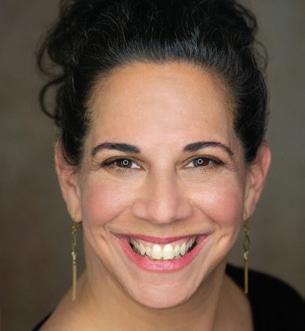
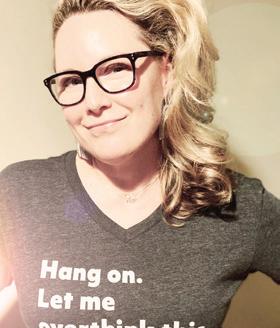
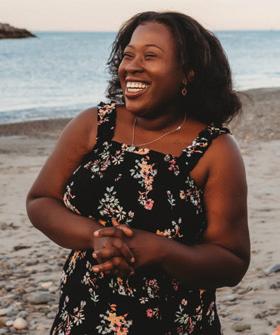
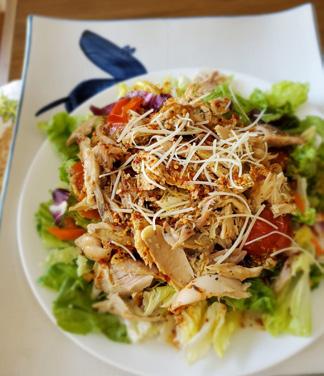
Spices, dry rubs & recipes online!
newest columnist for PCS They are passionate about community care, collective liberation, and radical hope for the future. They are the creator and Project Director of the South Shore LGBTQ Oral History Archive, an intergenerational project focused on bringing together LGBTQ teens and LGBTQ elders to participate in oral history interviews, bringing to light long-excluded stories about queer history in our own communities. Sam is also a co-organizer of the Queer Collective of MA/RI.
STEPHANIE C. OLSEN is a portrait, boudoir, and lifestyle photographer and a Professional Photographers of America Certified Professional and Craftsman Photographer and a member of the Professional Photographers of Massachusetts. “That
basically means that I have spent a lot of time and investment in becoming a better photographer and being a better mentor to other photographers every chance I can get,” she says. Stephanie mentors photographers and teaches workshops at her Rockland, MA-based studio through PPA. She had the honor of speaking to the Portrait and Wedding graduating class of New England School of Photography two years in a row and is an honored as an alumna. Stephanie is currently earning image competition merits towards her Masters through the Professional Photographers of America. “It’s one of the many photographic growth challenges I assigned to myself. These challenges have taught me a lot. Never stop learning is one of them.”
REGAN RODERIGUES is a regular columnist for PCS, discussing ageism and aging in our culture. Regan is a program coordinator at the Duxbury Senior Center. She plans fun, worthwhile, and educational events for those in our senior community and beyond. She can be found in the fun room (usually snacking and drinking coffee).
MARIE ROMILUS, MA, CPC, is a regular contributor to PCS. Marie reflects on topics of belonging through personal storytelling. Marie is a Haitian American and founder of Bel Lavi Life Coaching. Her practice focuses on bringing more awareness of mental health to the Black and Brown Community. Her stories are her truth.
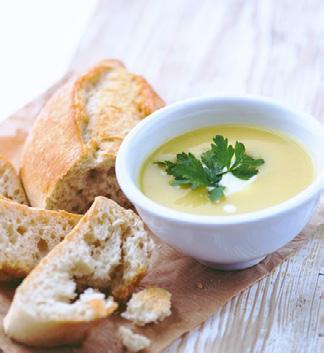
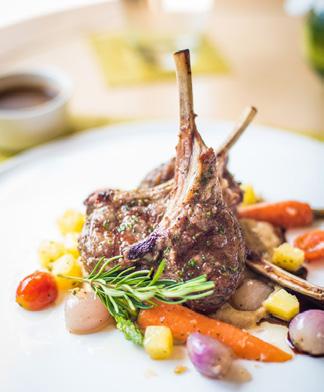
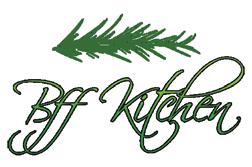
Unique, healthy, and versatile dry rubs and spice blends. Made with locally sourced ingredients! shop at



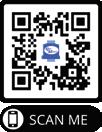
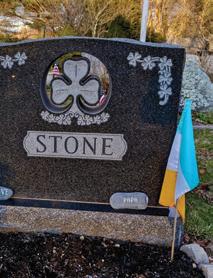
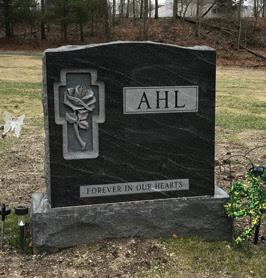
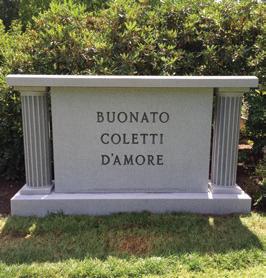
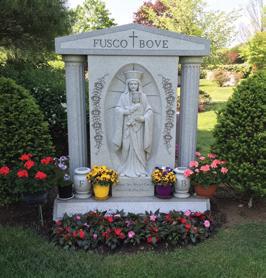
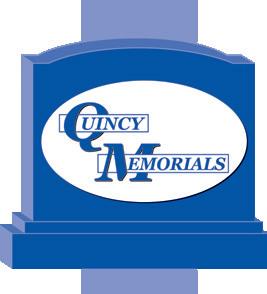

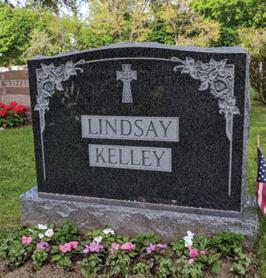

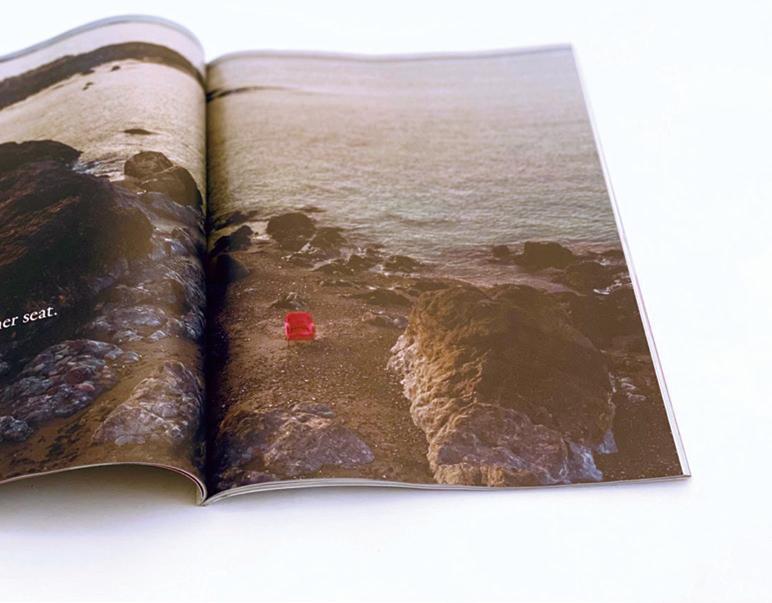
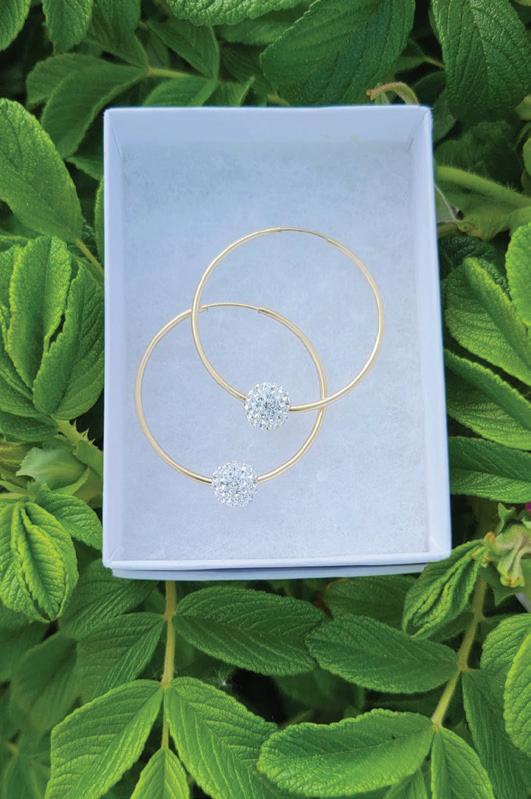
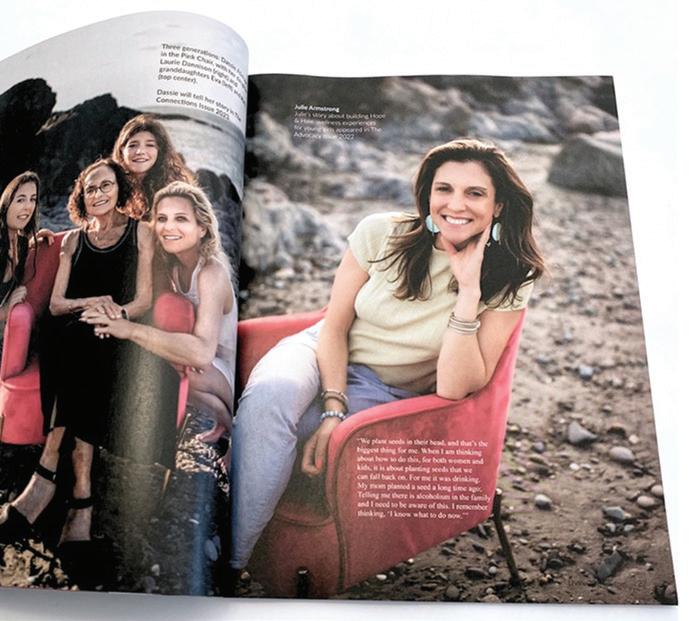

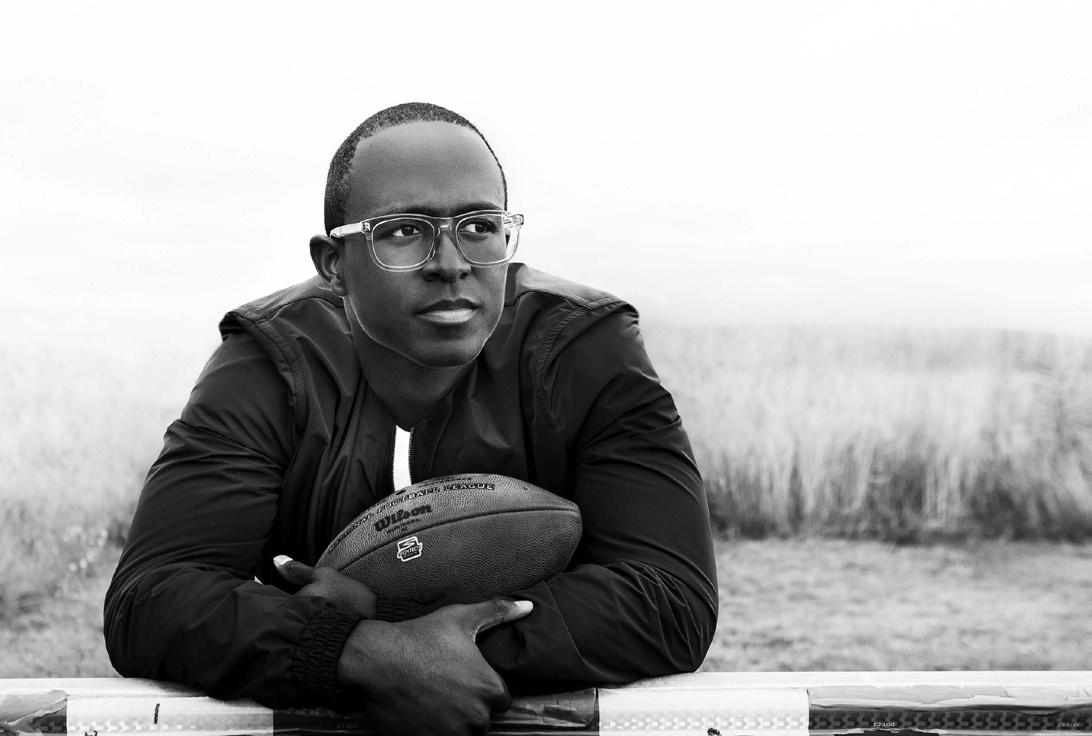
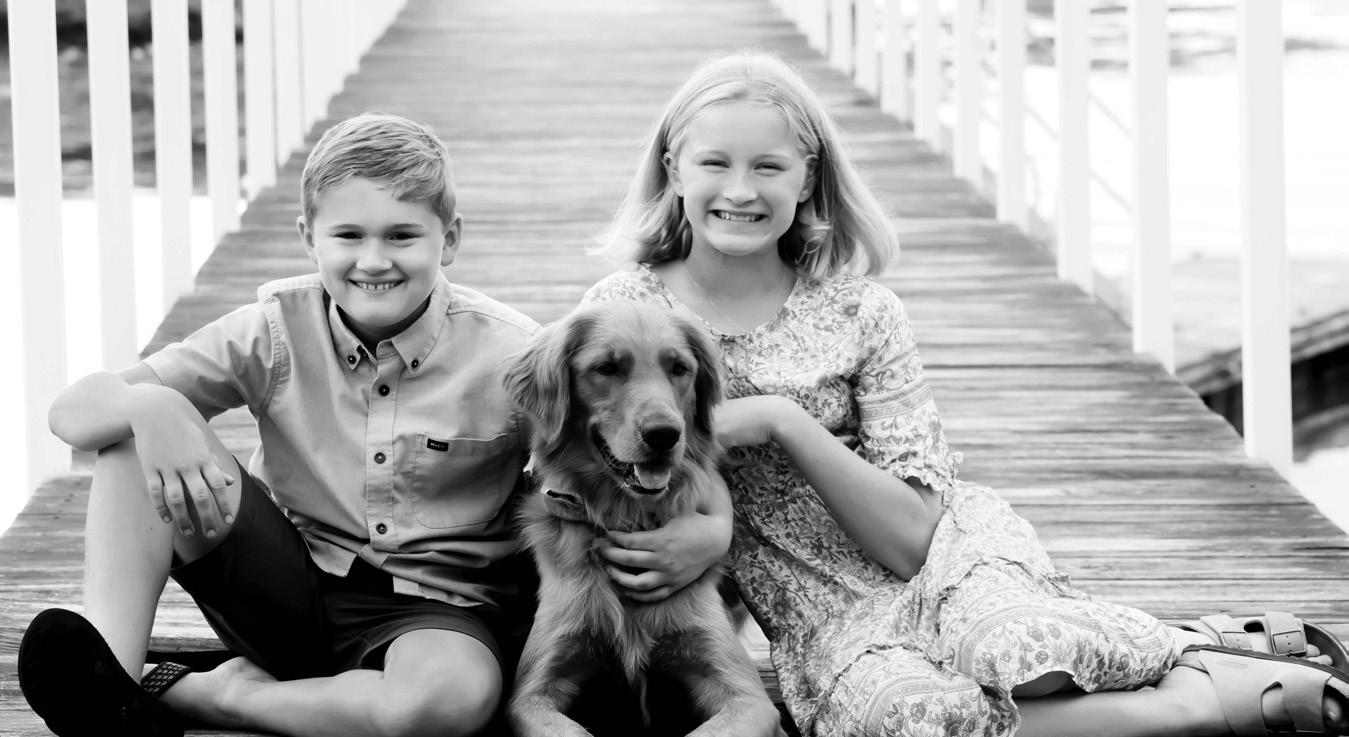
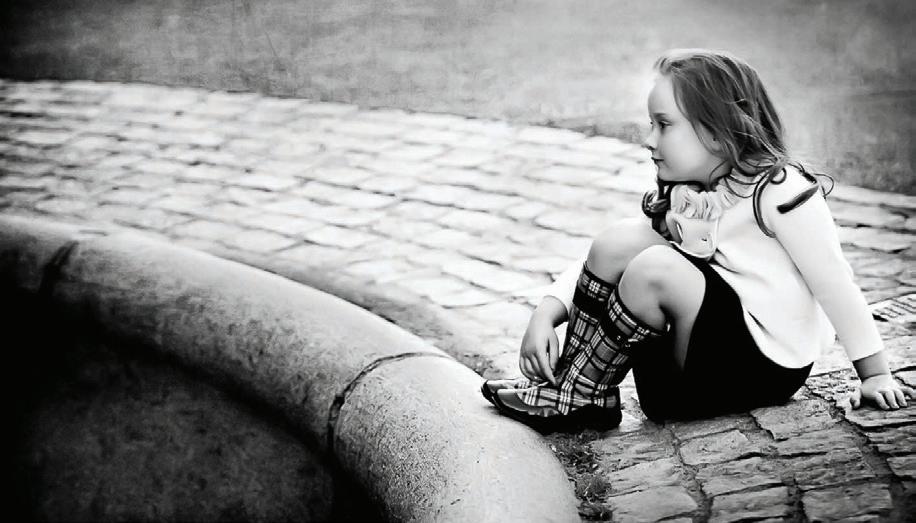
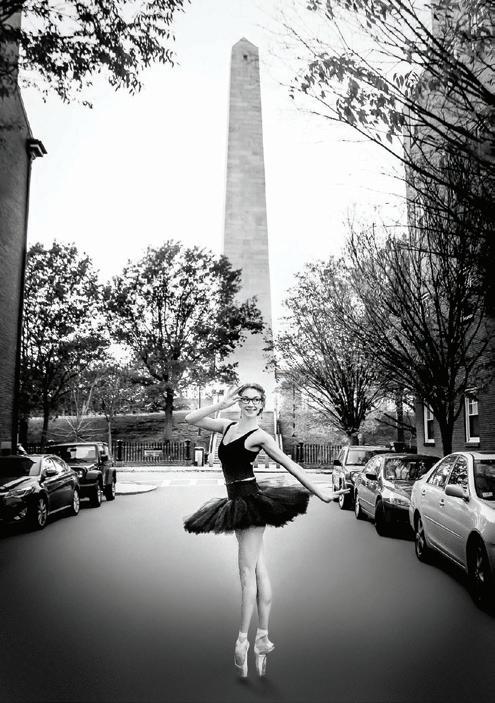
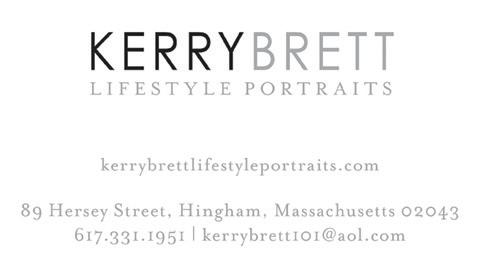
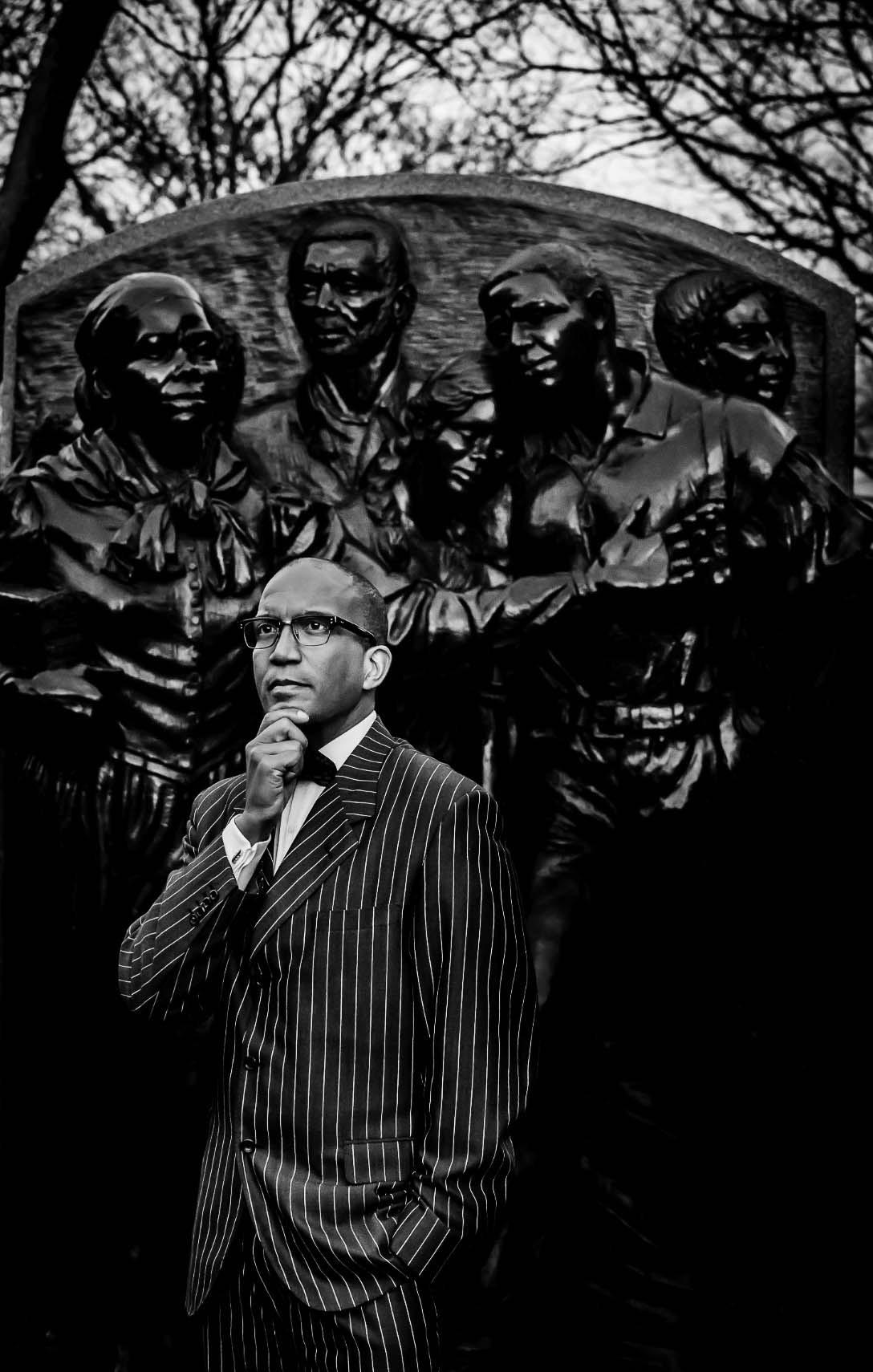
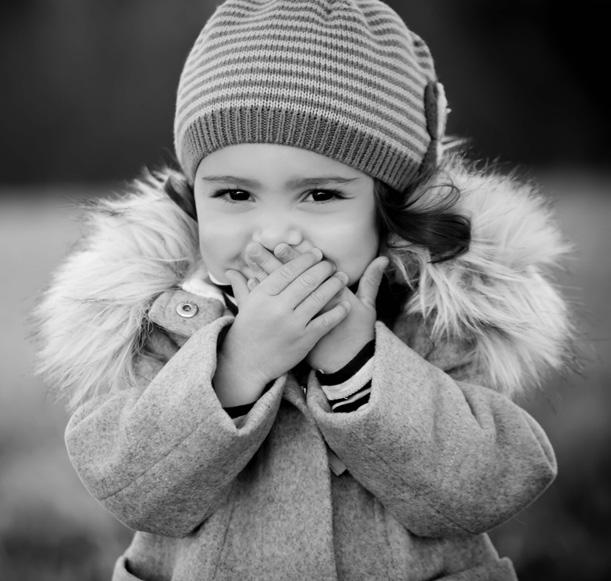
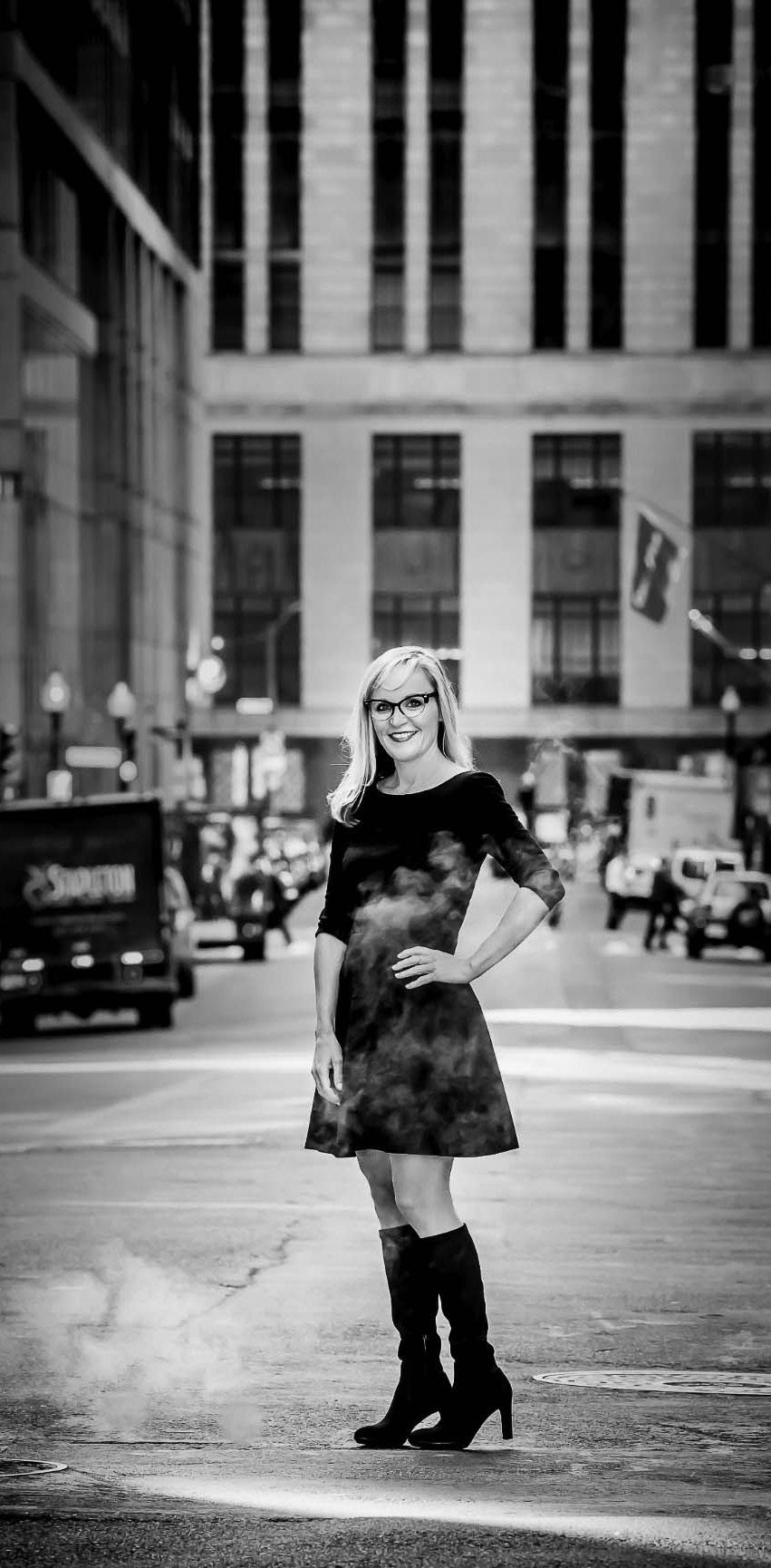
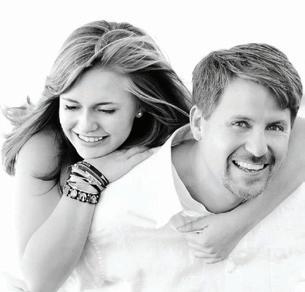
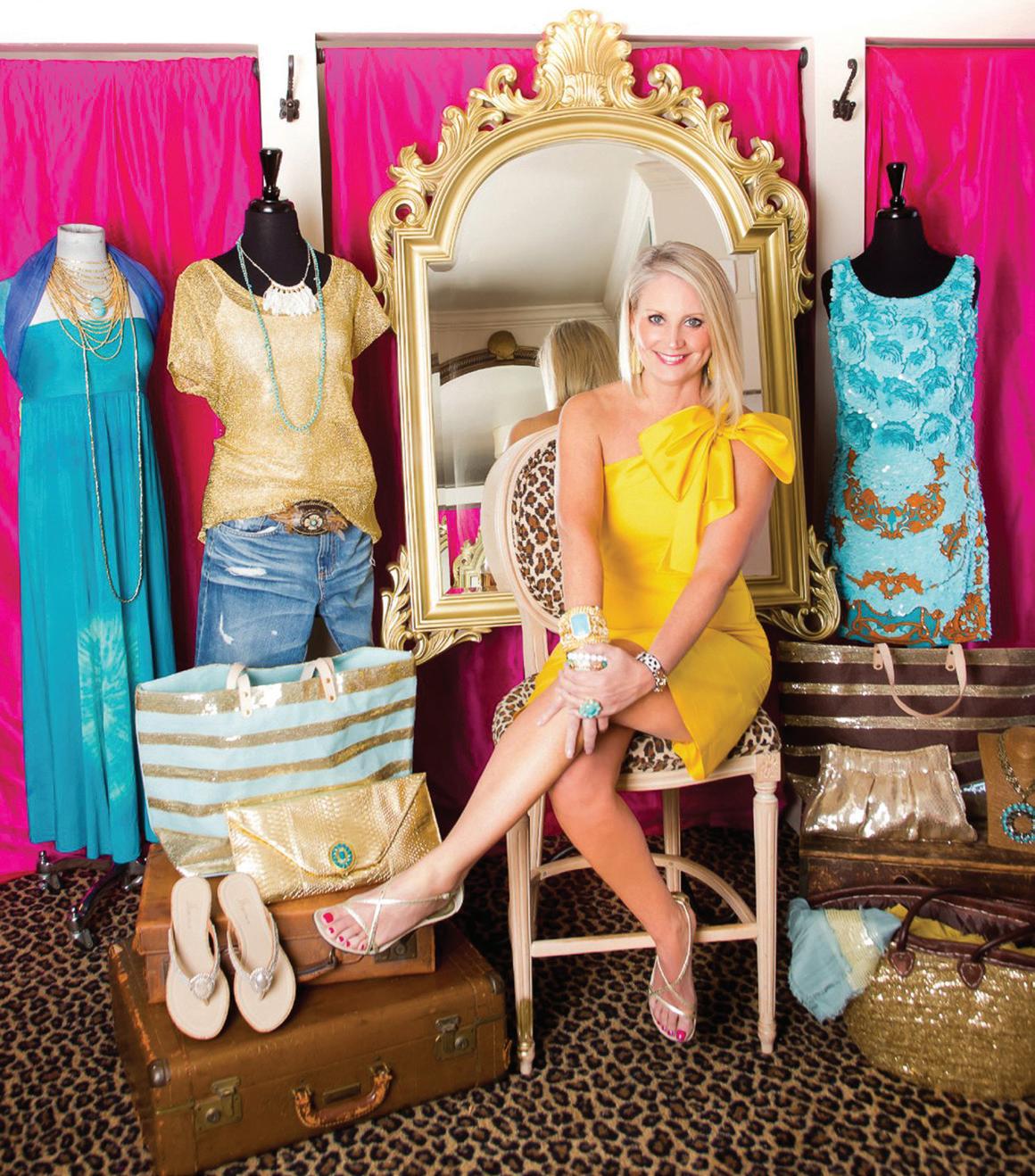

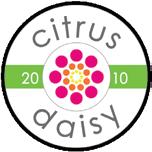
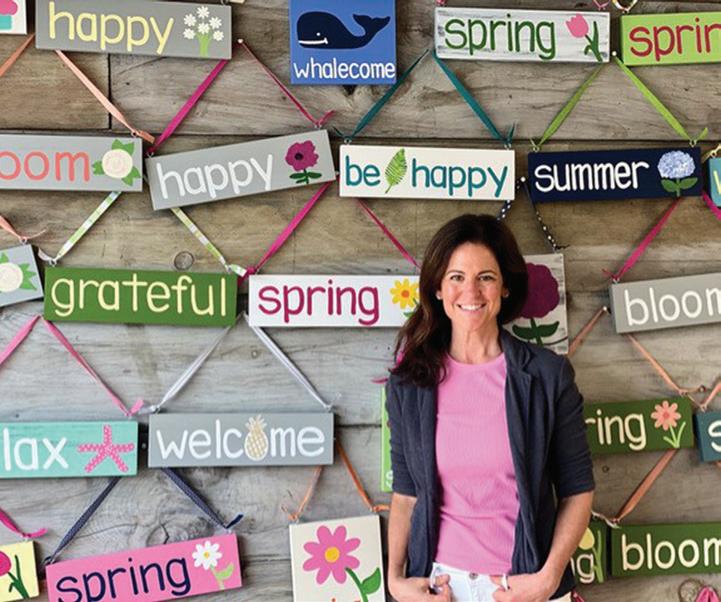
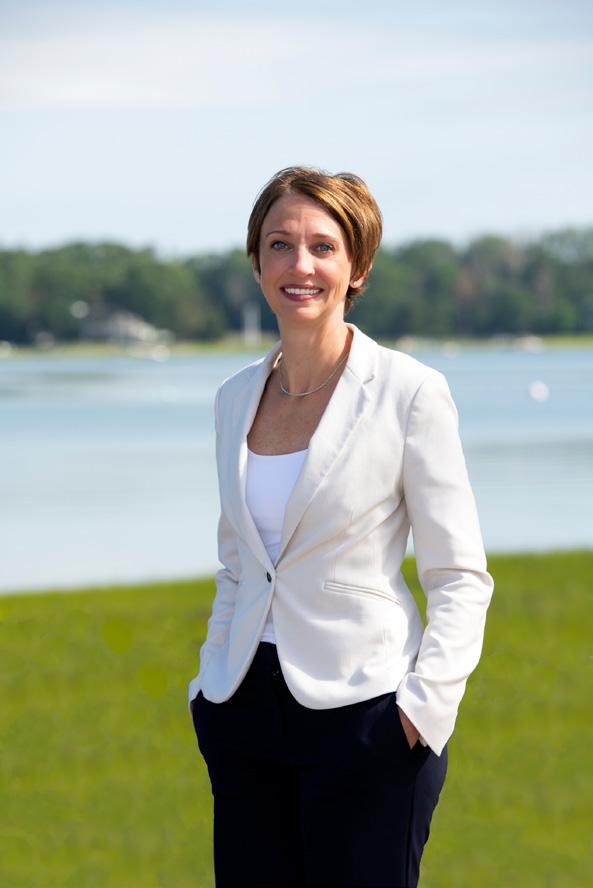




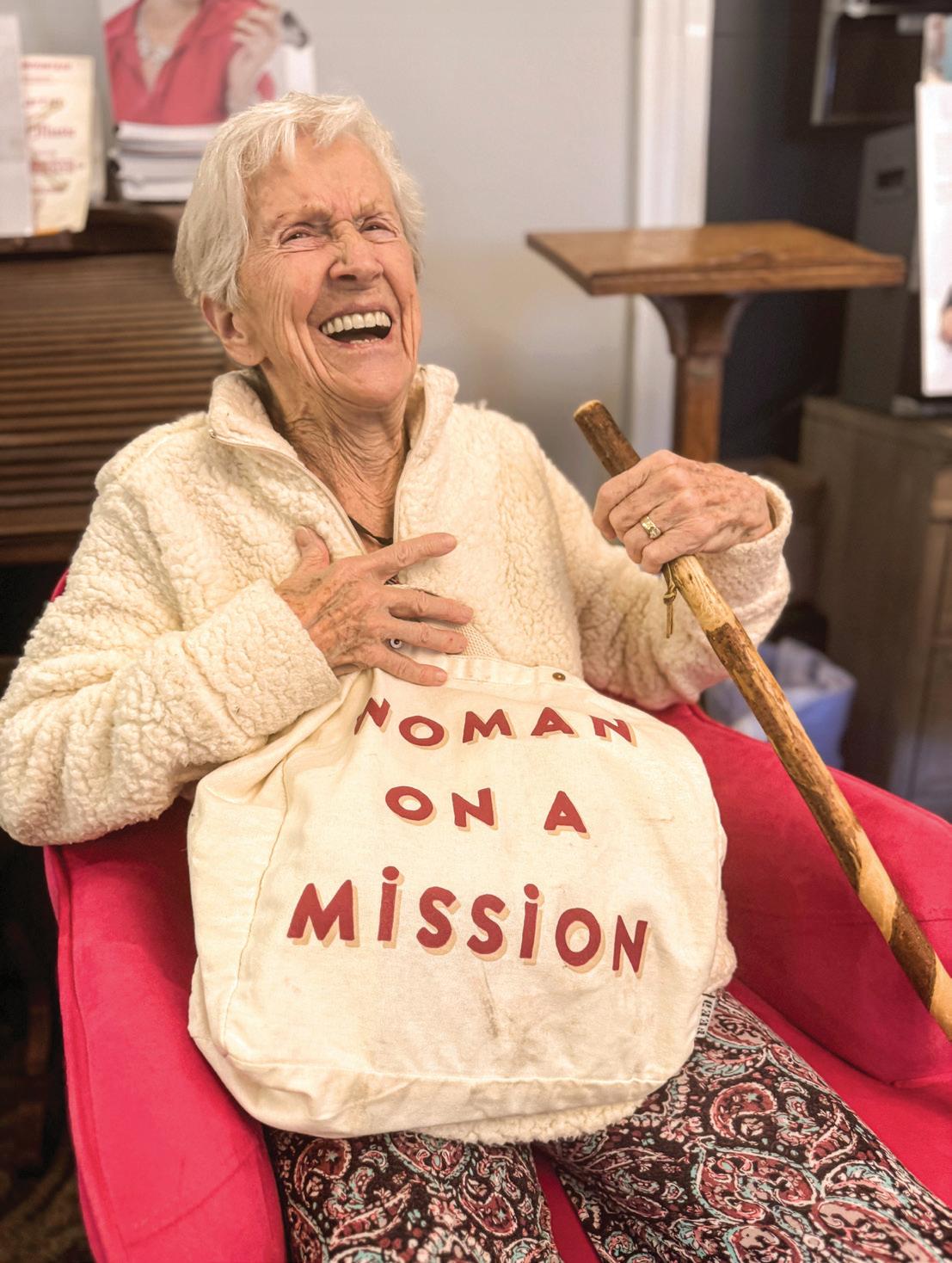
Chief Editor Bridget Snell visited Christopher Heights in Worcester, MA to talk to the Assisted Living Community’s book club. They discussed storytelling as history telling. “Your story is how we learn about the world around us,” Bridget said. “History is a collection of experiences. Don’t forget to write your story so that history is not exclusive!”
Irene Alain in the Pink Chair!
Photo: Cheryl Ryan Chan
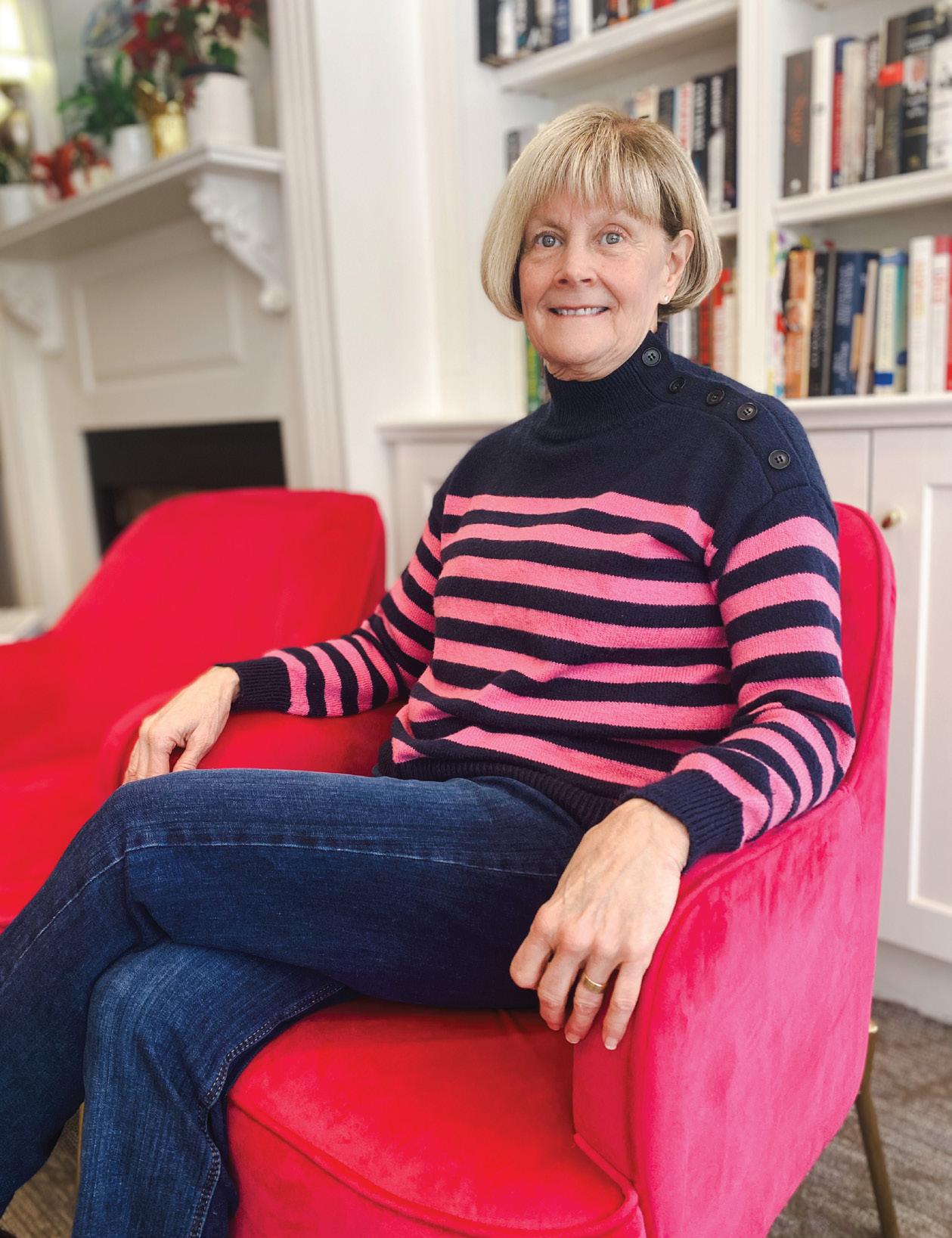
“I think of myself as a go-with-the-flow kind of person. I don’t like conflict but will not back down if I feel strongly. It’s important to stay current and be able to look at both sides of a viewpoint, respecting others’ thinking while also respecting my own.”
Betsy
Read Betsy’s conversation with Regan Roderigues about aging on page 72
Photos: Bridget Ryan Snell
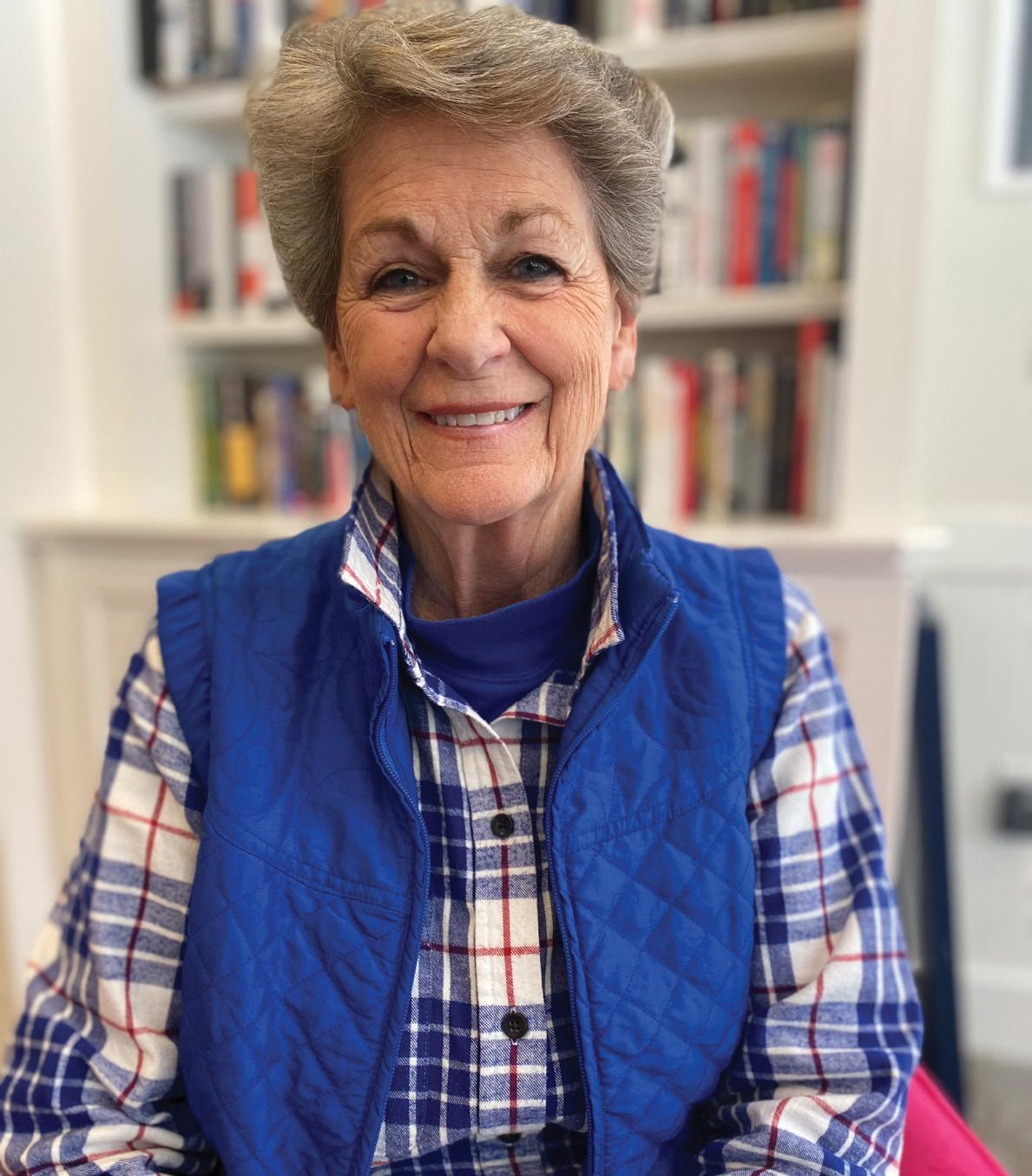
“As
I approach my 80s, I stand (or often sit) on the solid foundation provided by the love and attention of my wonderful family. However, they can never fully comprehend the reality of the emotional and physical process of aging.”
Caren
Read Caren's conversation with Regan Roderigues about aging on page 72
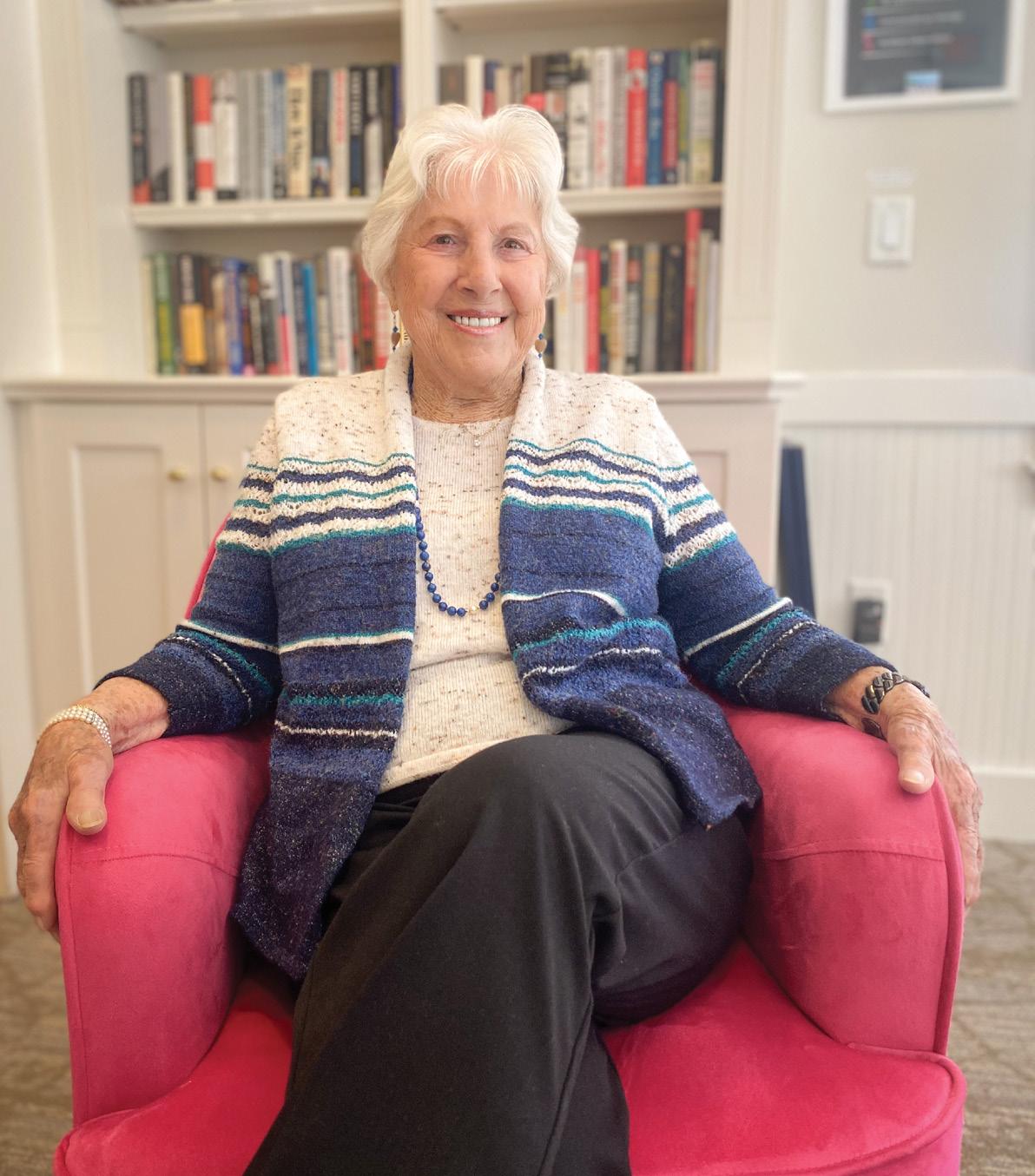
“Laughter
and joy are a necessity in life. Be confident. Stand up for yourself. I was timid when I was young; confidence for me came with age.”
Josephine
Read Jo's conversation with Regan Roderigues about aging on page 72
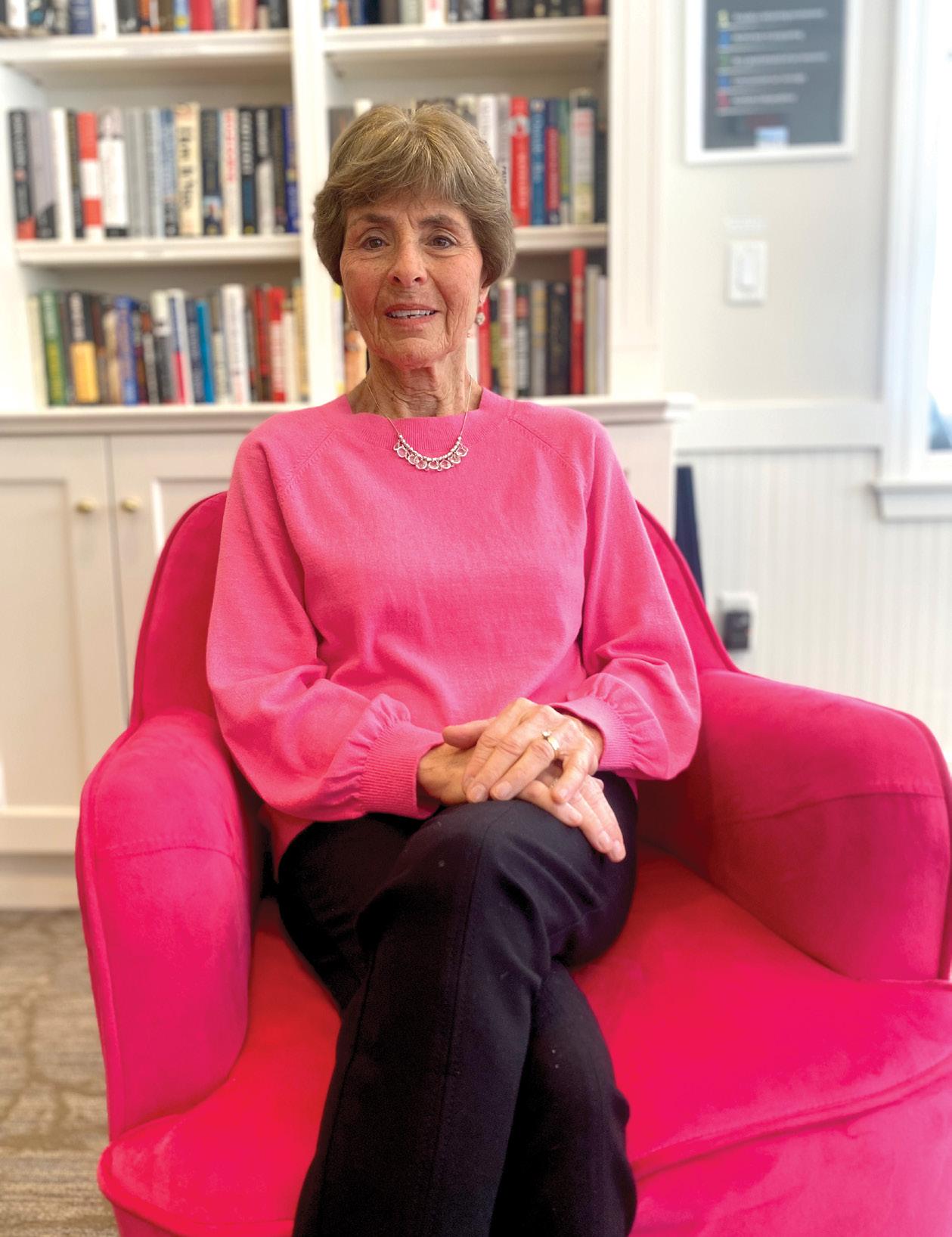
“My mother was the kindest, most loving person I have ever known, always putting the needs of her 5 children first. I have lived my life by example, striving to be the mother she was, though I don’t feel I have lived up to her expectations.”
Lucy
Read Lucy's conversation with Regan Roderigues about aging on page 72
Photos: Bridget Ryan Snell
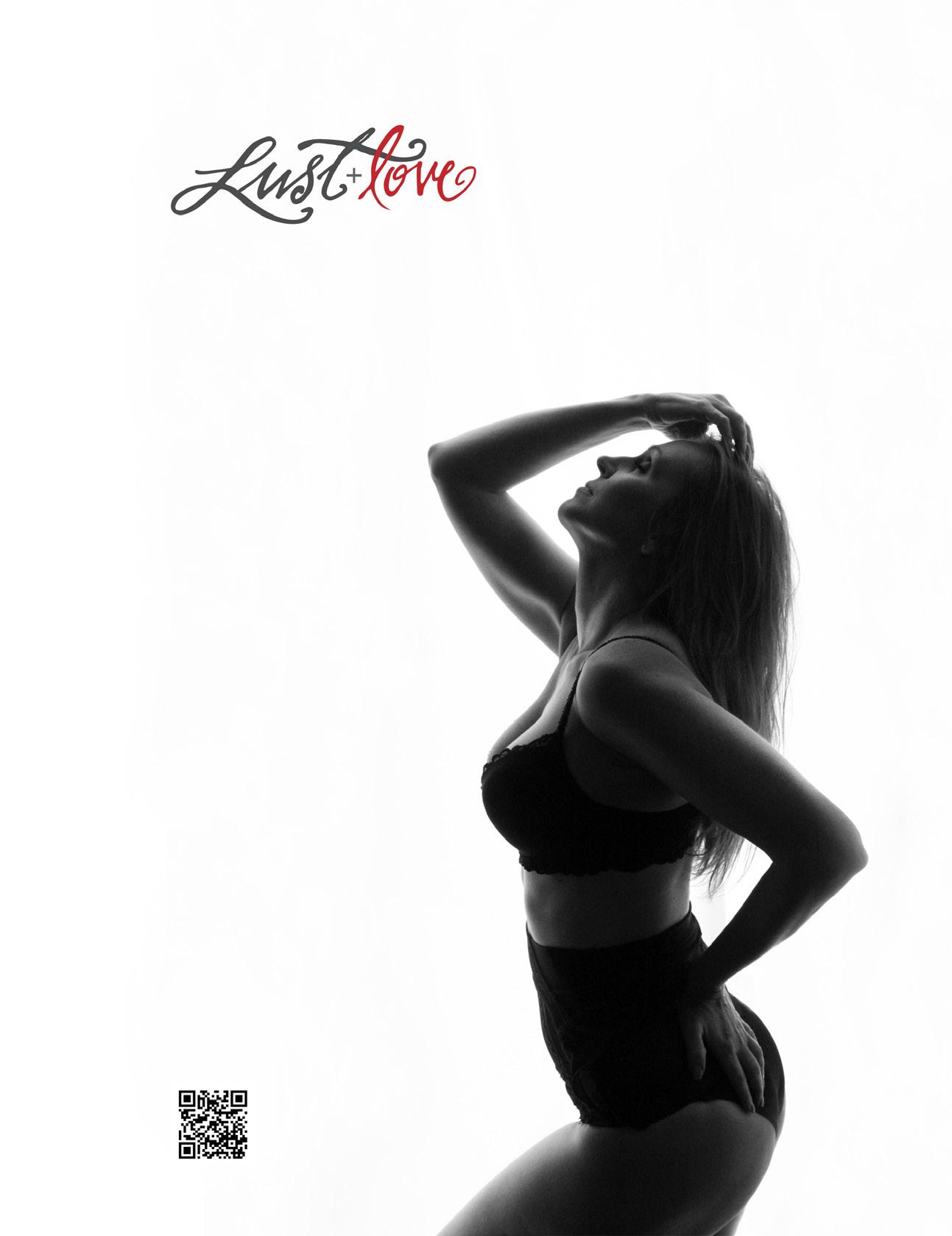

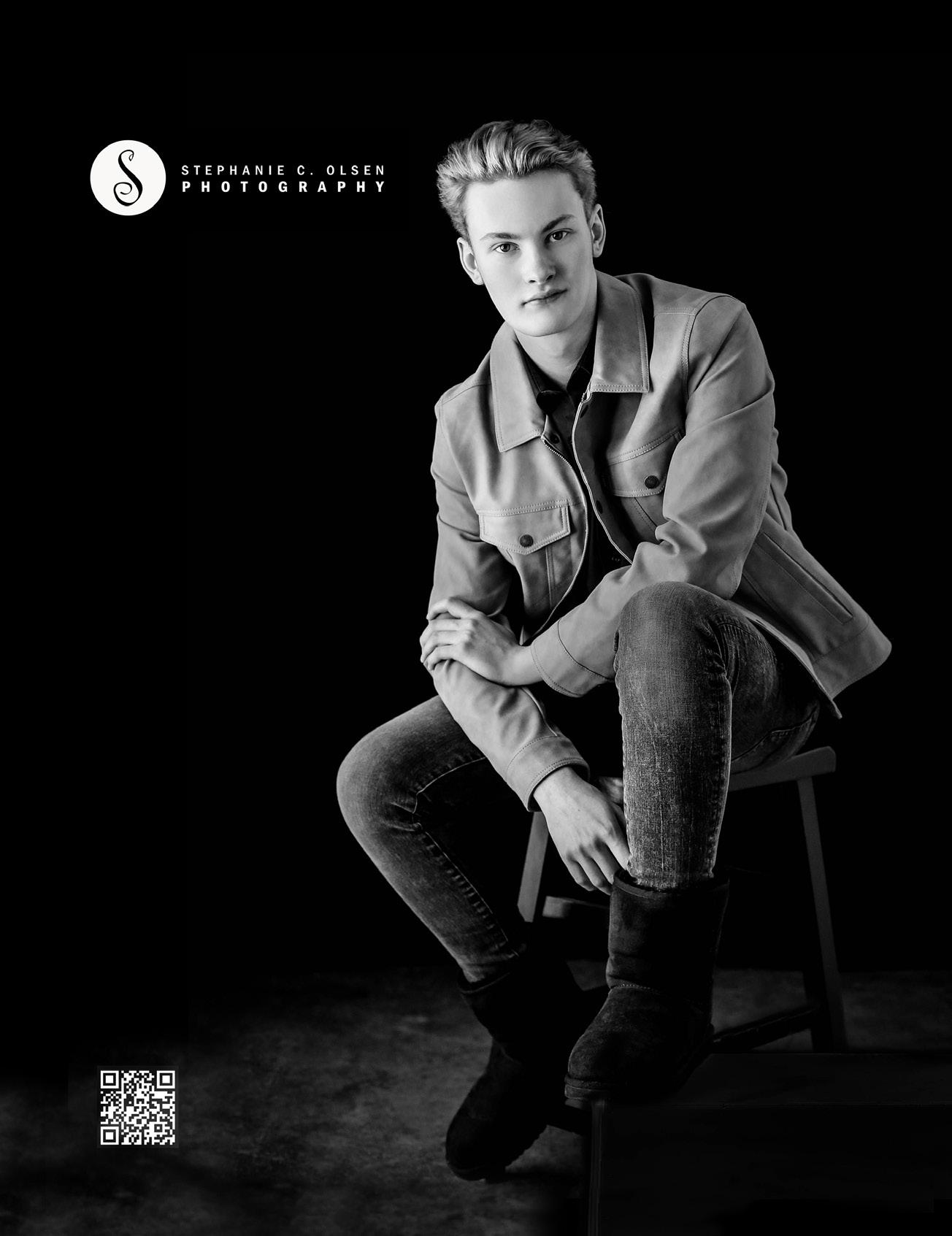





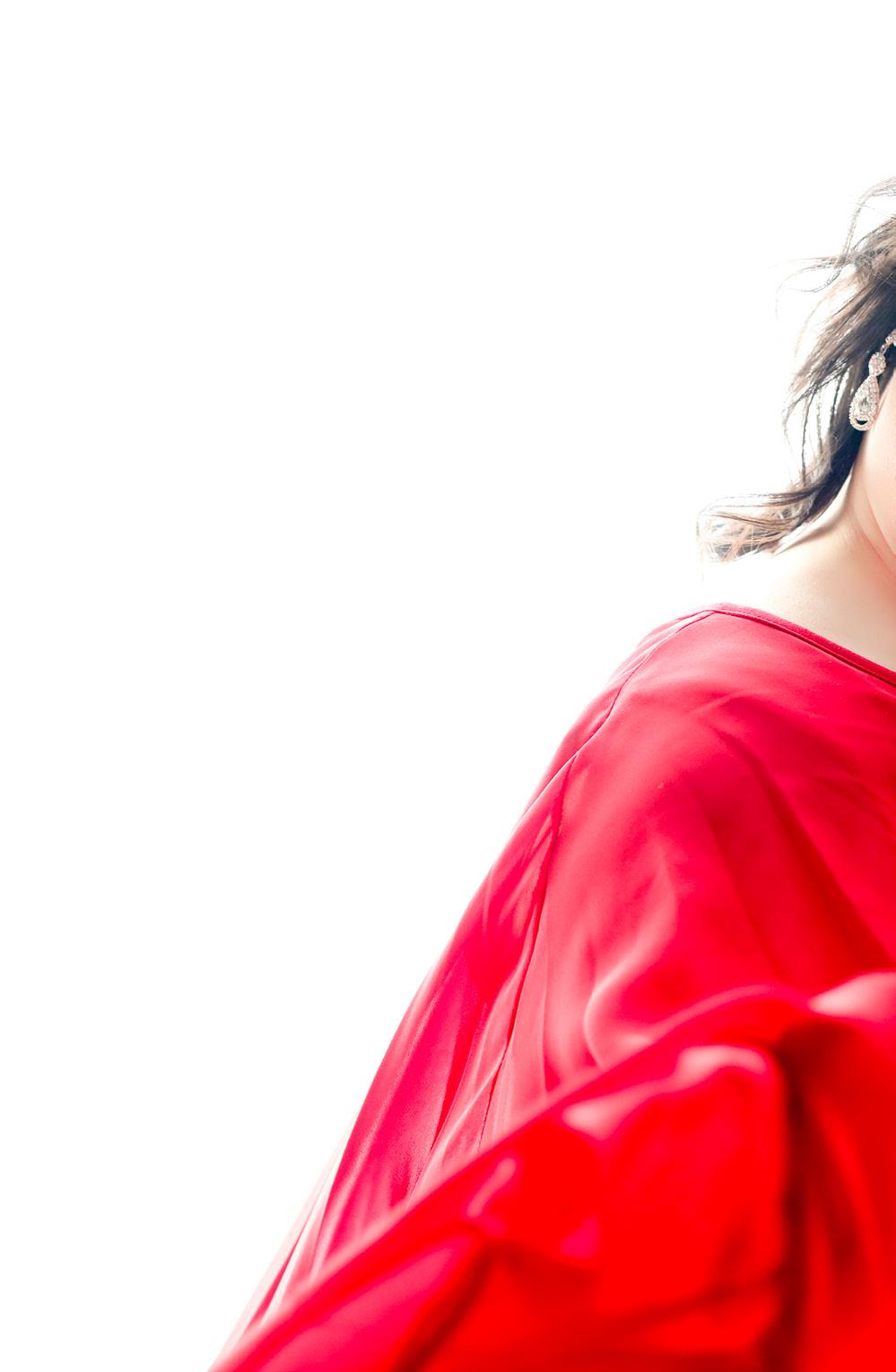
PA [VISUAL] story about identity by
Stephanie C. Olsen
Alter Ego
hotographing people can be an immensely emotional experience for me. When I photograph people, I’m not just capturing their physical appearance; I’m also capturing their essence, their emotions, and their stories. This process of connecting with my subjects on a deeper level can be incredibly rewarding and emotionally fulfilling. I find myself empathizing with them, feeling their joy, pain, or vulnerability, and this emotional connection is simultaneously draining and energizing. But I thrive on it.
Photography has the power to transform how people see themselves. By capturing my subjects in a new light or in ways they never imagined possible, I’m not only providing them with beautiful images but also boosting their self-confidence and self-esteem. This ability to empower others and help them see themselves in a new way can is incredibly rewarding and fulfilling. It’s like giving them the gift of self-discovery and self-acceptance.
Knowing my photographs can have a profound impact on people’s lives, whether by bringing them joy, helping them see themselves differently, providing a cathartic, sometimes life changing experience, gives me purpose and fulfillment. This feeling of making a positive impact on others can be deeply gratifying and motivating.
When it was time for these Alter Ego sessions, like every session, each is unique. But these were next-level unique. I had the opportunity to ask each of these women a series of questions about themselves that ultimately led us to their alter ego.
Photographing Fong Koo was almost a transcendental experience. She took herself to places only she knows of and immersed herself in ways I can only dream of. Fong Koo did not want, and more importantly did not need any direction or guidance from me. It was clear my job to follow her lead and let her flow. And flow she did. I can confidently say I never have and never will experience another soul like Fong Koo’s.
Laura is a woman
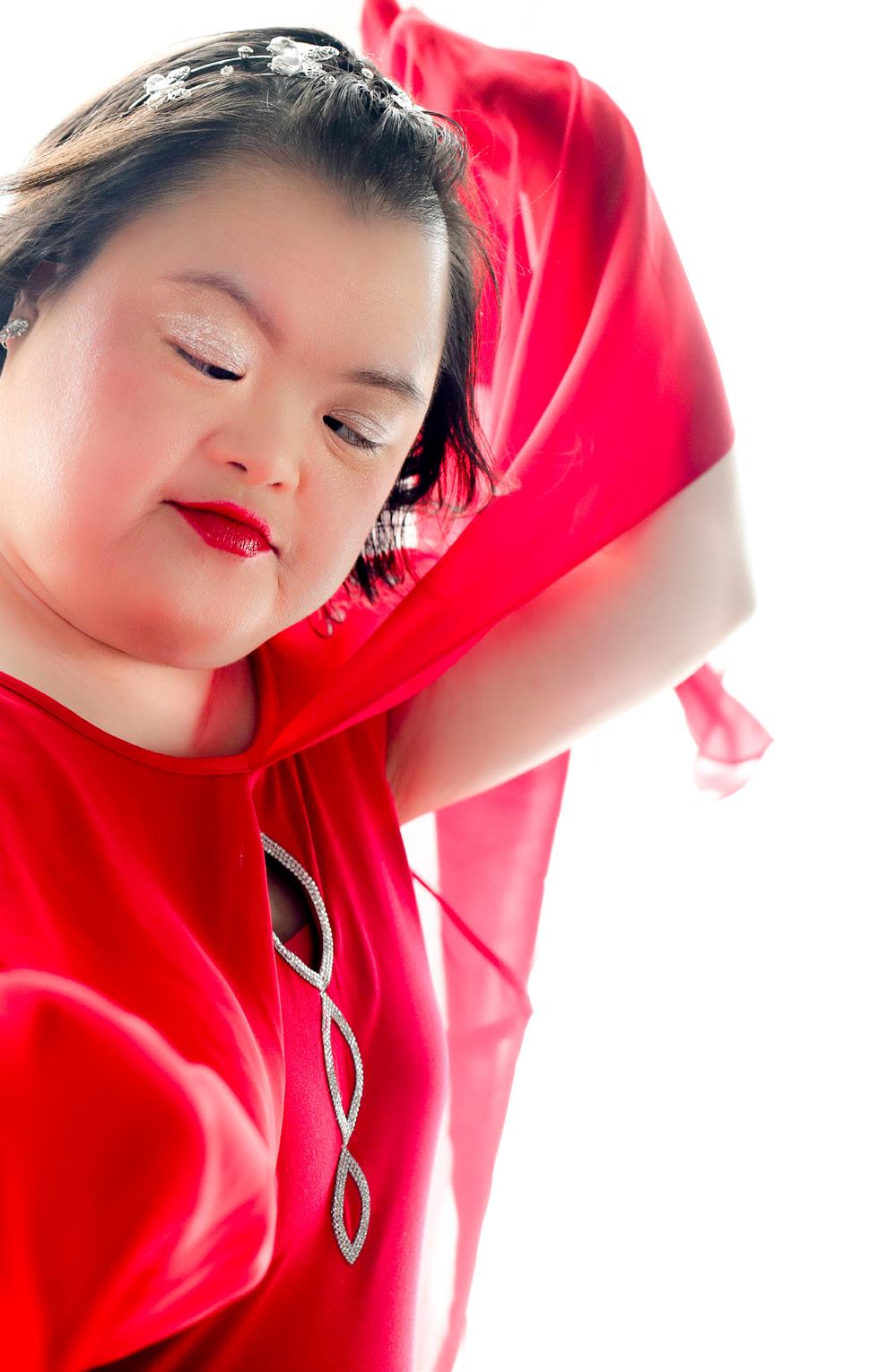
that prior to this look, we photographed in a soft glow. She radiated femininity. When it came to her Alter Ego, her femininity and grace were amplified. Accompanied with a confidence and inner fire that is rare to come by. I talk about the zone on set a lot and Laura was a subject that was always in it. Knew where and what it was and fiercely, beautifully occupied it.
Ayanna exudes knowing exactly who she is and what she wants from life. With a positive outlook, a fun loving demeanor and a grateful attitude, her energy lit up the space. That same energy transformed her into her inner warrior. Strong. Courageous. Determined and independent. She had an almost omniscient aura about her. Ayanna exhaled and instinctively owned her divinity.
Denée is a quiet, sweet woman who was a joy to work with. Every now and then she would let out a laugh with the most sparkling smile. Not just from her mouth but her eyes as well. And those eyes spoke the whispers of a queen during her alter ego series. You can see not only power and wisdom, but cleverness and a sultry display of opulence.
Lori is a no-holds-barred type of woman. She owns who she is, what she says and what she does. Right down to the delivery. It’s refreshing, entertaining, and admirable. The studio was truly electrified for her alter ego sets. You can see and feel how immersed she is in her character. The energy and effort she put into each pose was incomparable.
I appreciated the and enjoyed the conversations with all of these women, as well as their openness and willingness for their portraits. I am grateful to each of them for giving me the opportunity to create and capture them in ways that were new to both of us.

Portraits & Styling by Stephanie C. Olsen Hair & Makeup: Marie Derbes, Lisa Grisolia
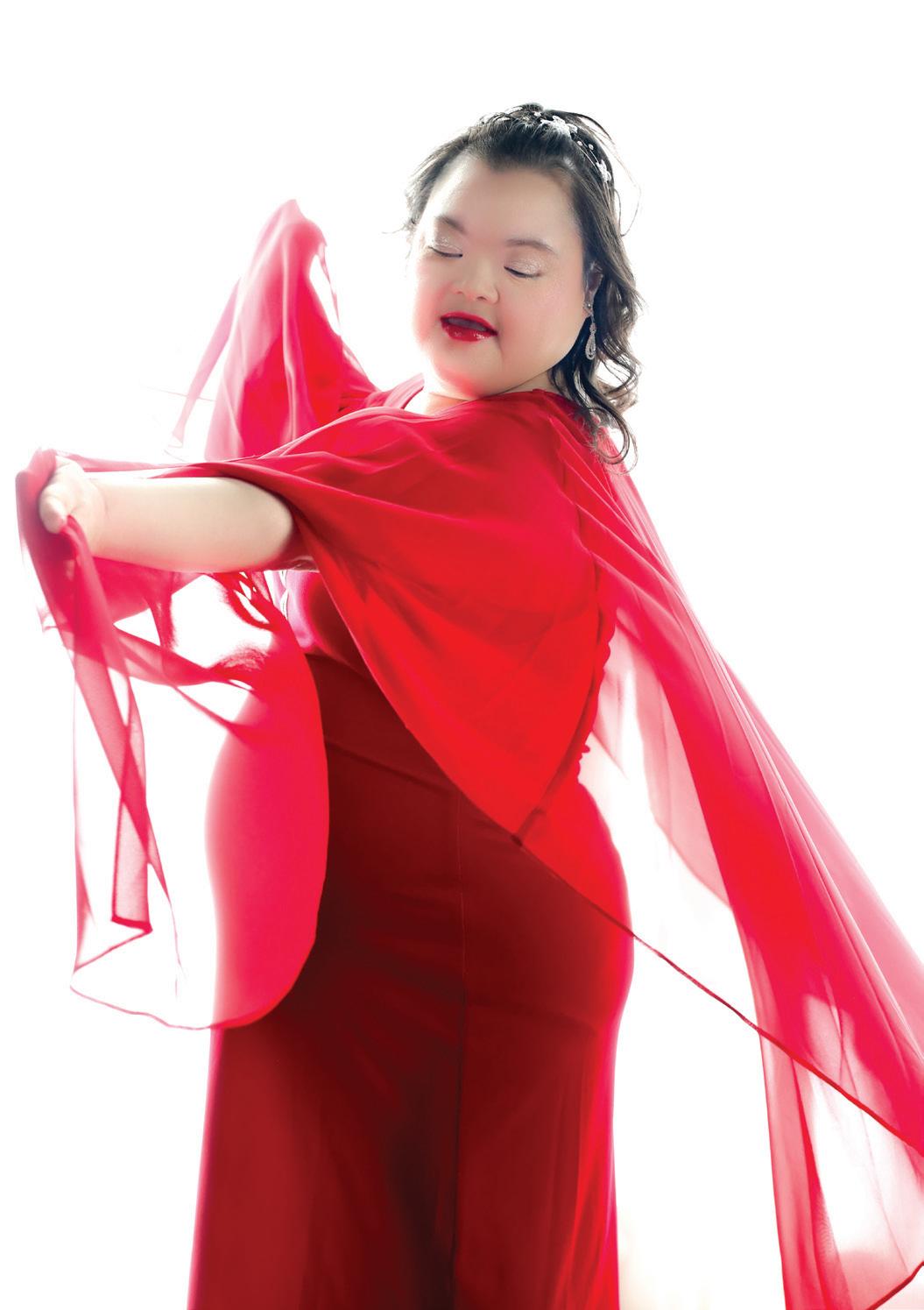
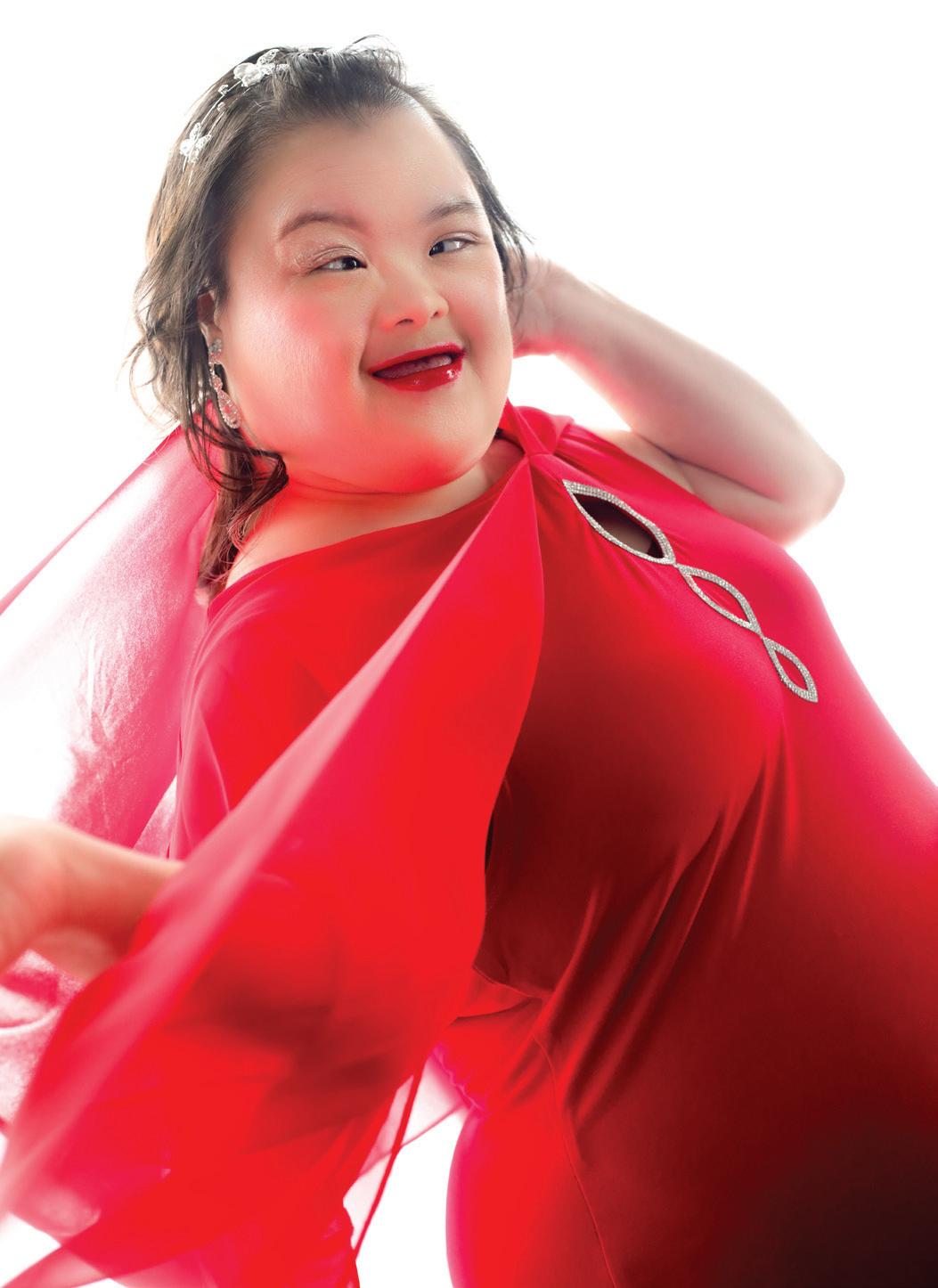
Self-Advocate. Participant on the Board of Directors of The Arc of the South
Supermodel. Fong
enters the boardroom as if she is walking the runway during Fashion Week. This was non-negotiable.
Fong Koo
Shore.
Koo
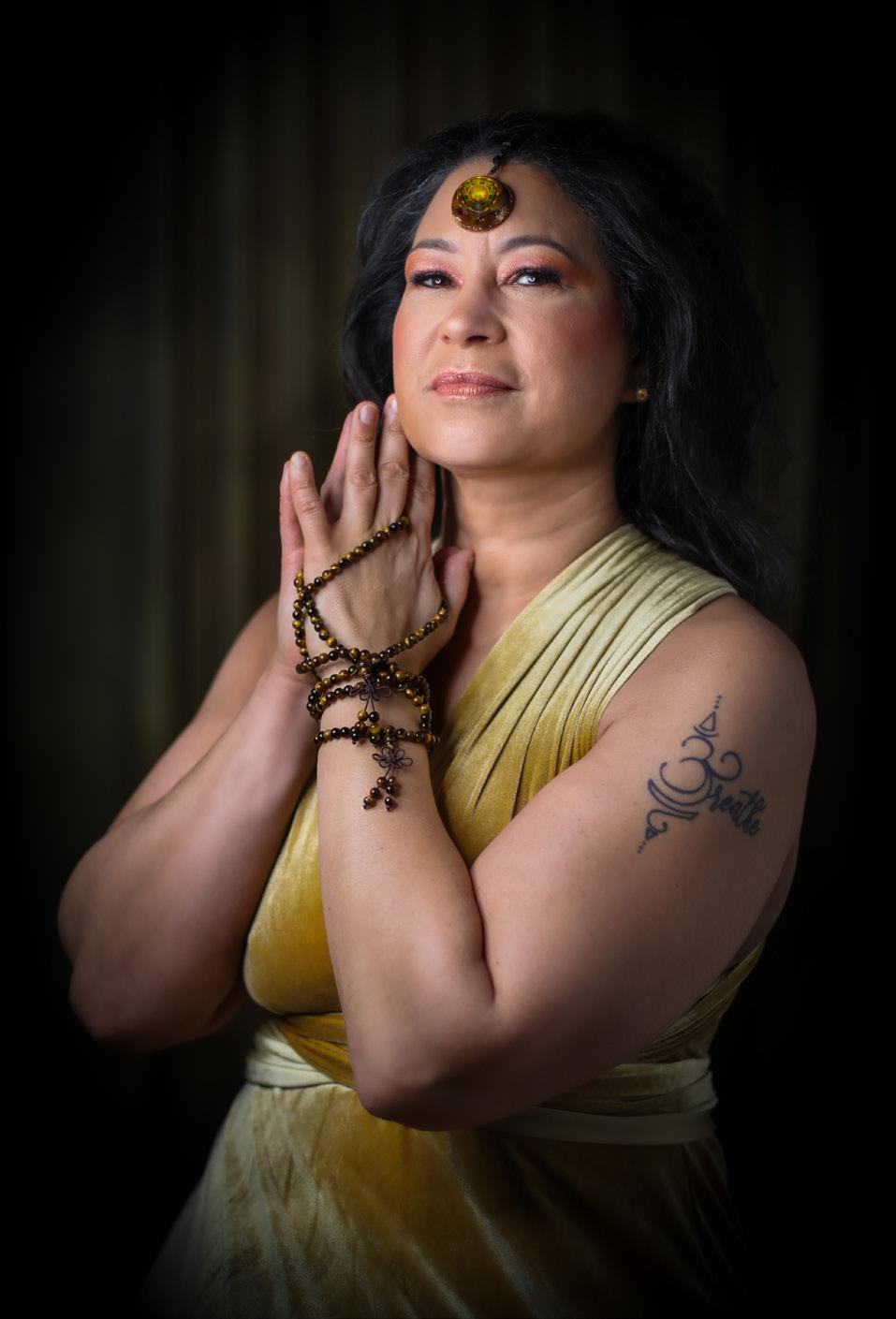
Mother. Yogi. Wellness instructor. Author. Founder of the Non-Profit B Free Wellness. Sober. We asked, “What animal are you?” Tiger. Ayanna tells how she unstuck her f*ck (also the title of her first book) on page 46.
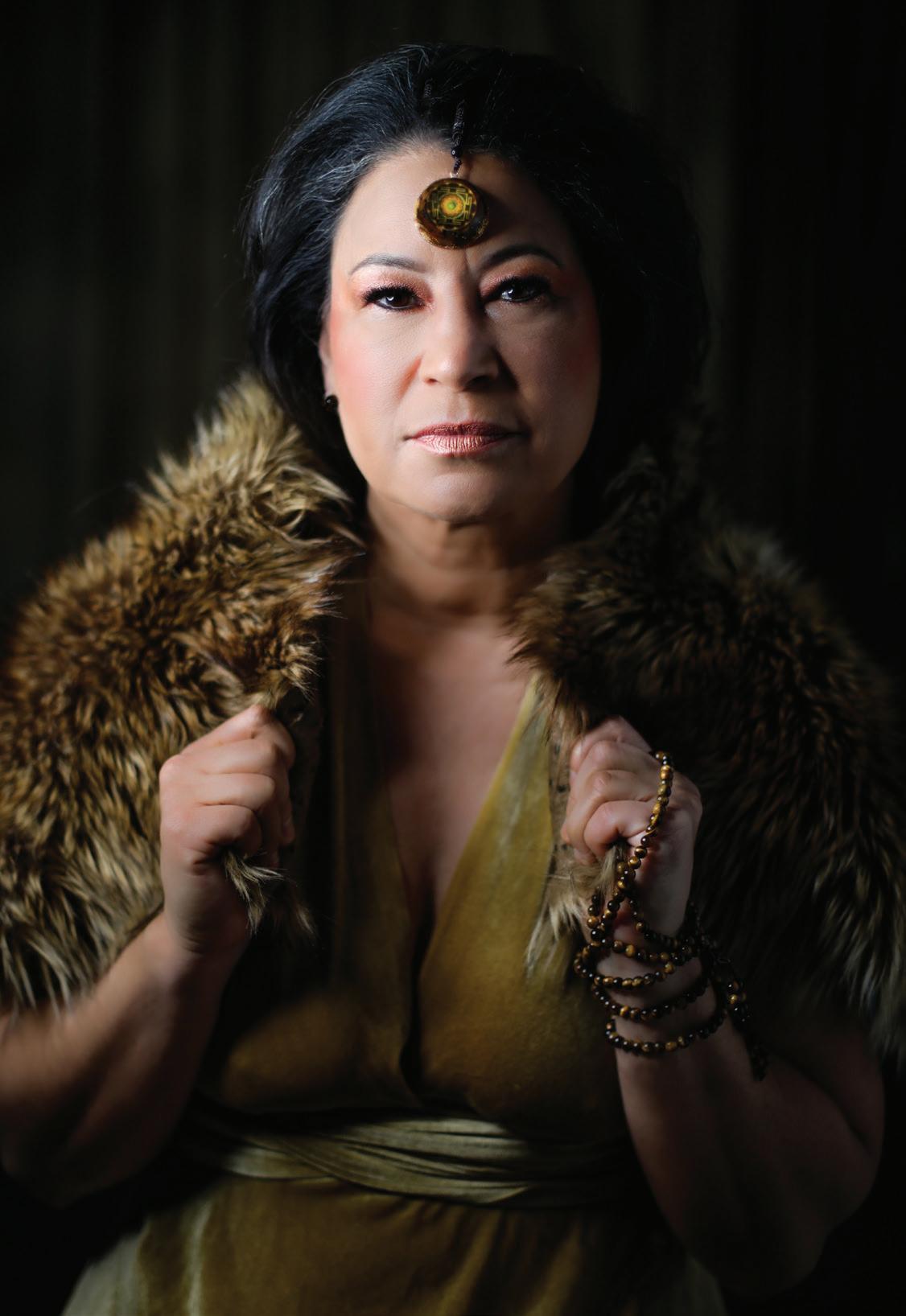
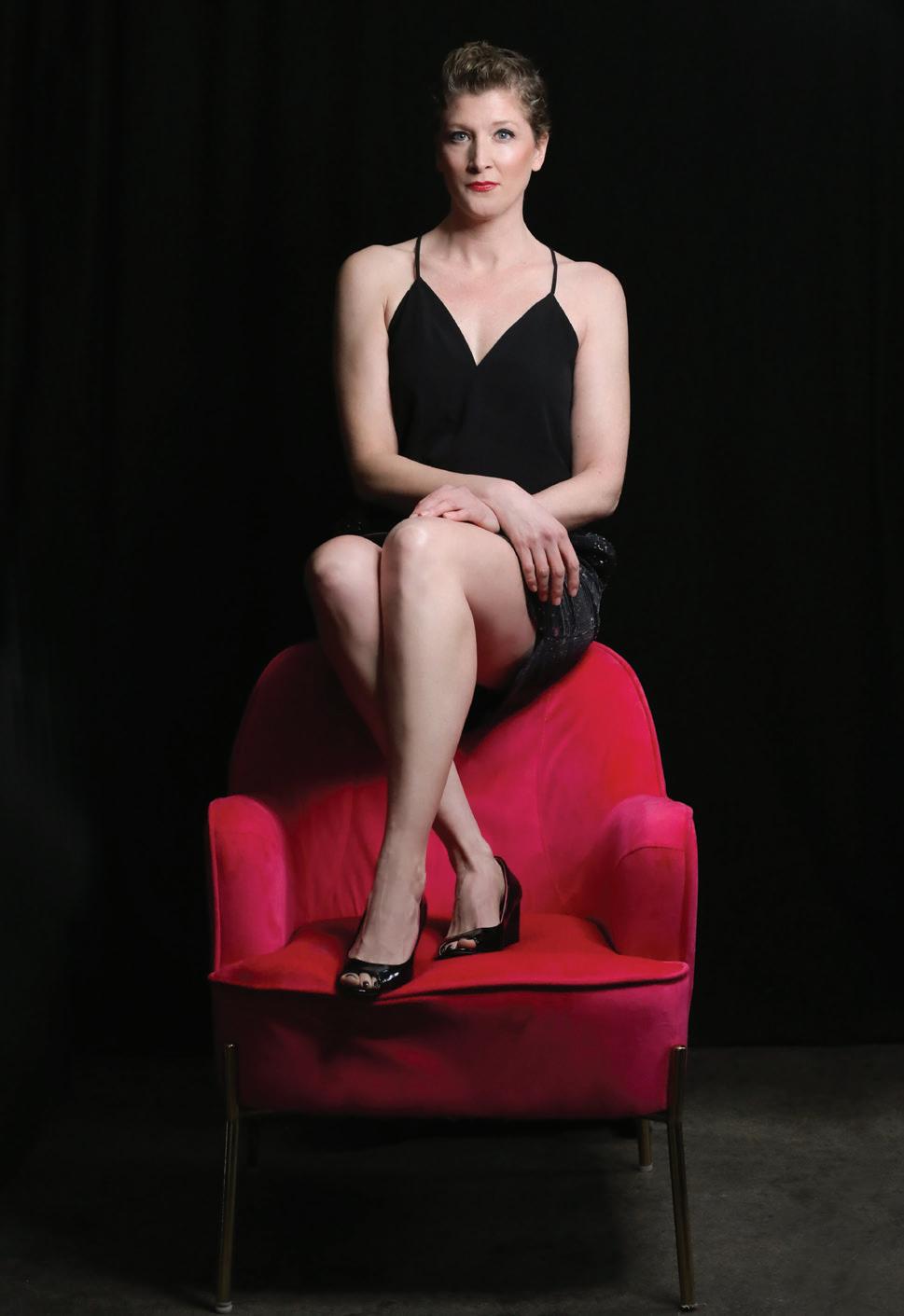
Mother. Teacher. Breast Cancer Warrior. We asked, “Who are you if you're not this?” A NYC girl. Laura shared her truth in the first issue of Living Crue magazine after her first battle with breast cancer. Read her story at PinkChairStorytellers.com.
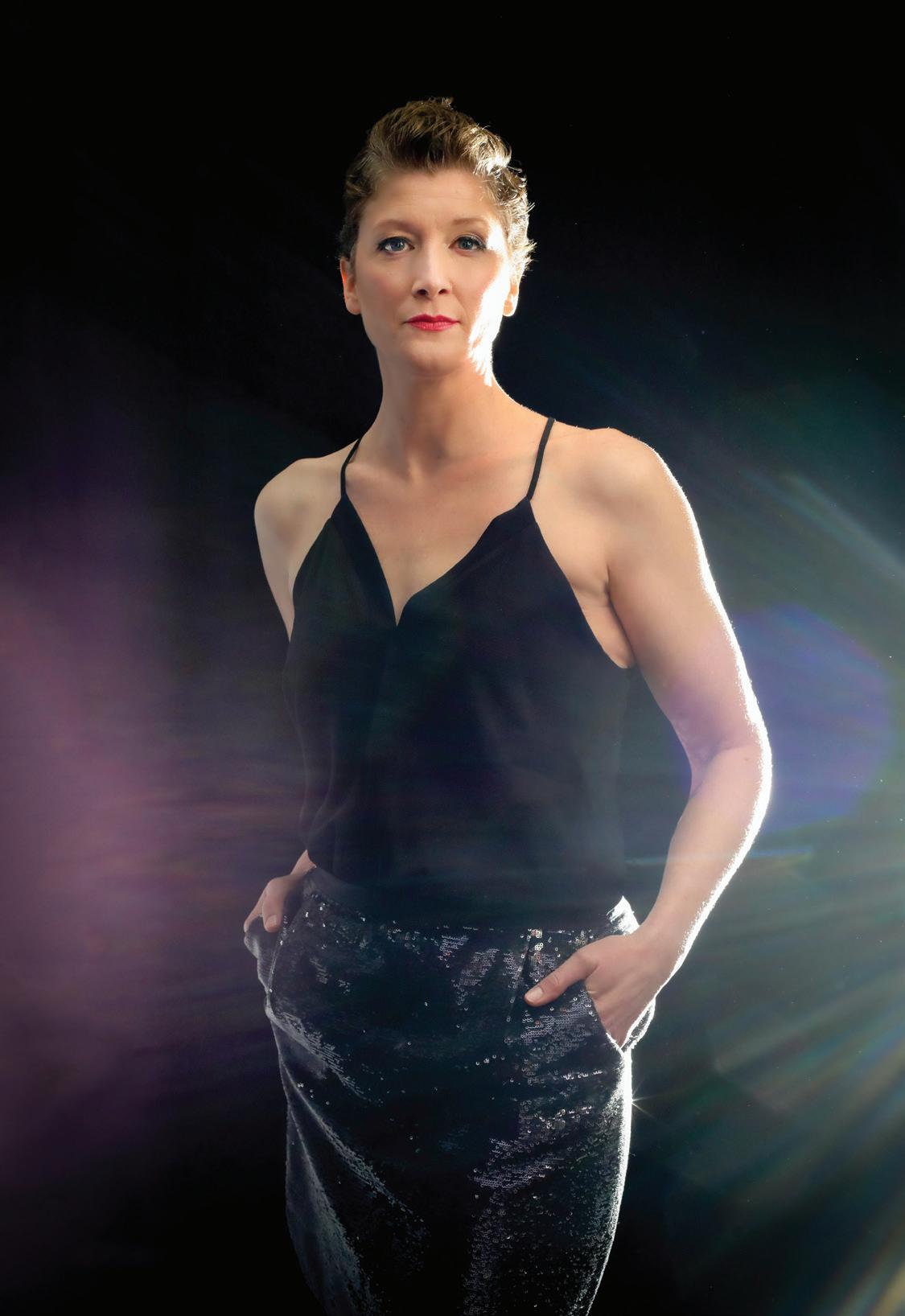
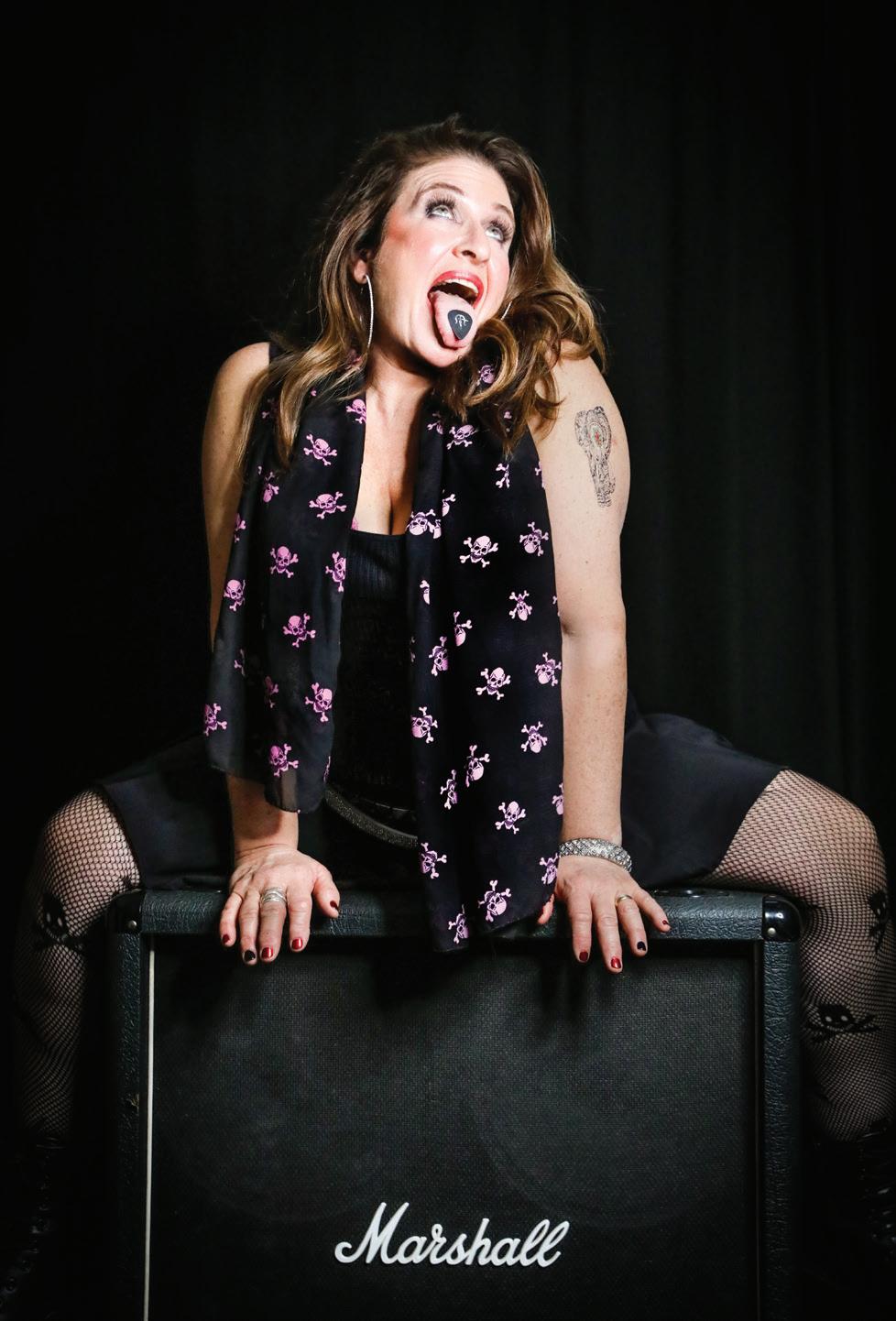
Read her story at PinkChairStorytellers.com.
Mother of 4. Town Selectwoman. Rolfer. Survivor. Rocker. Lori shared her story of survival and healing in the first issue of Living Crue magazine.
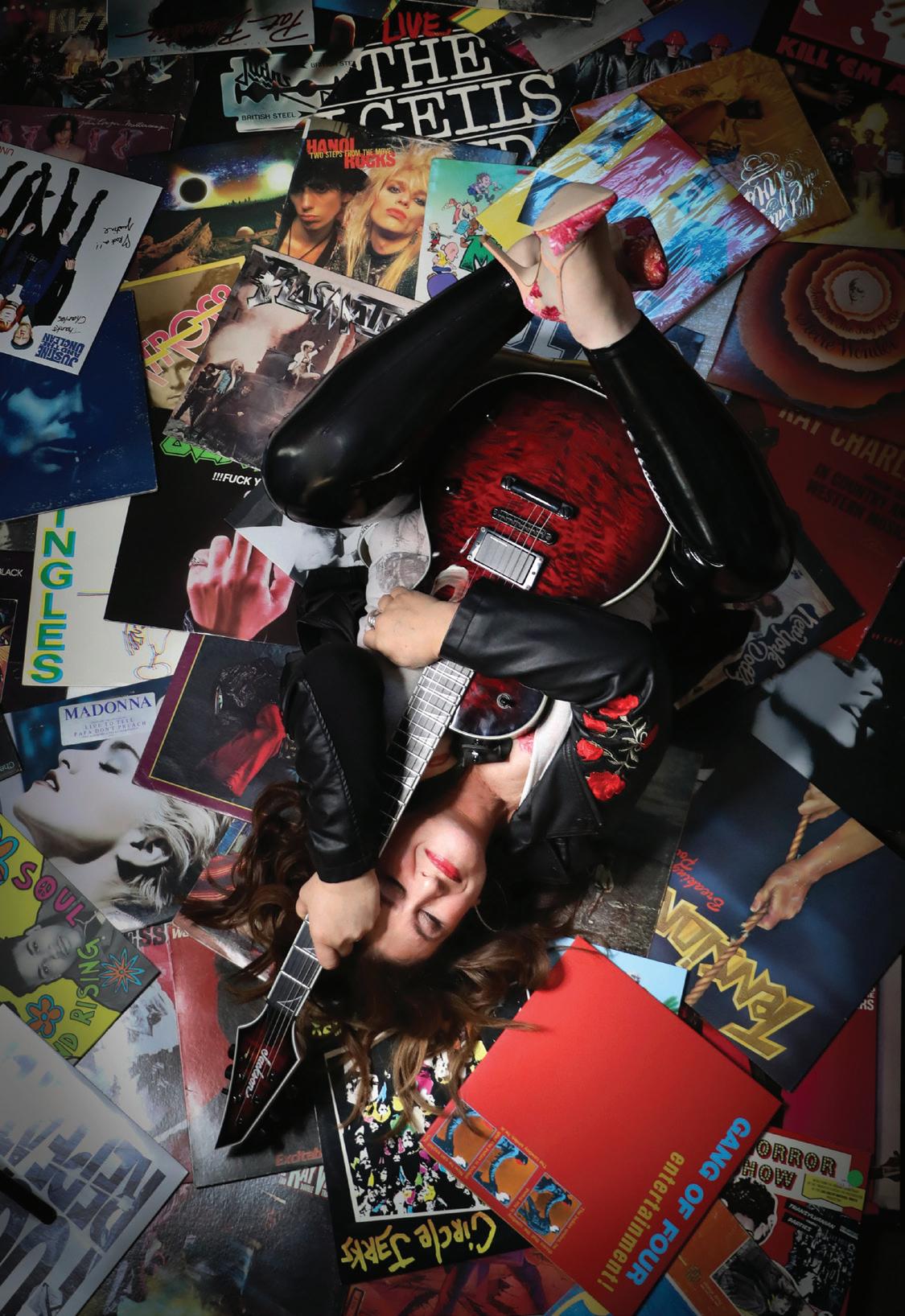
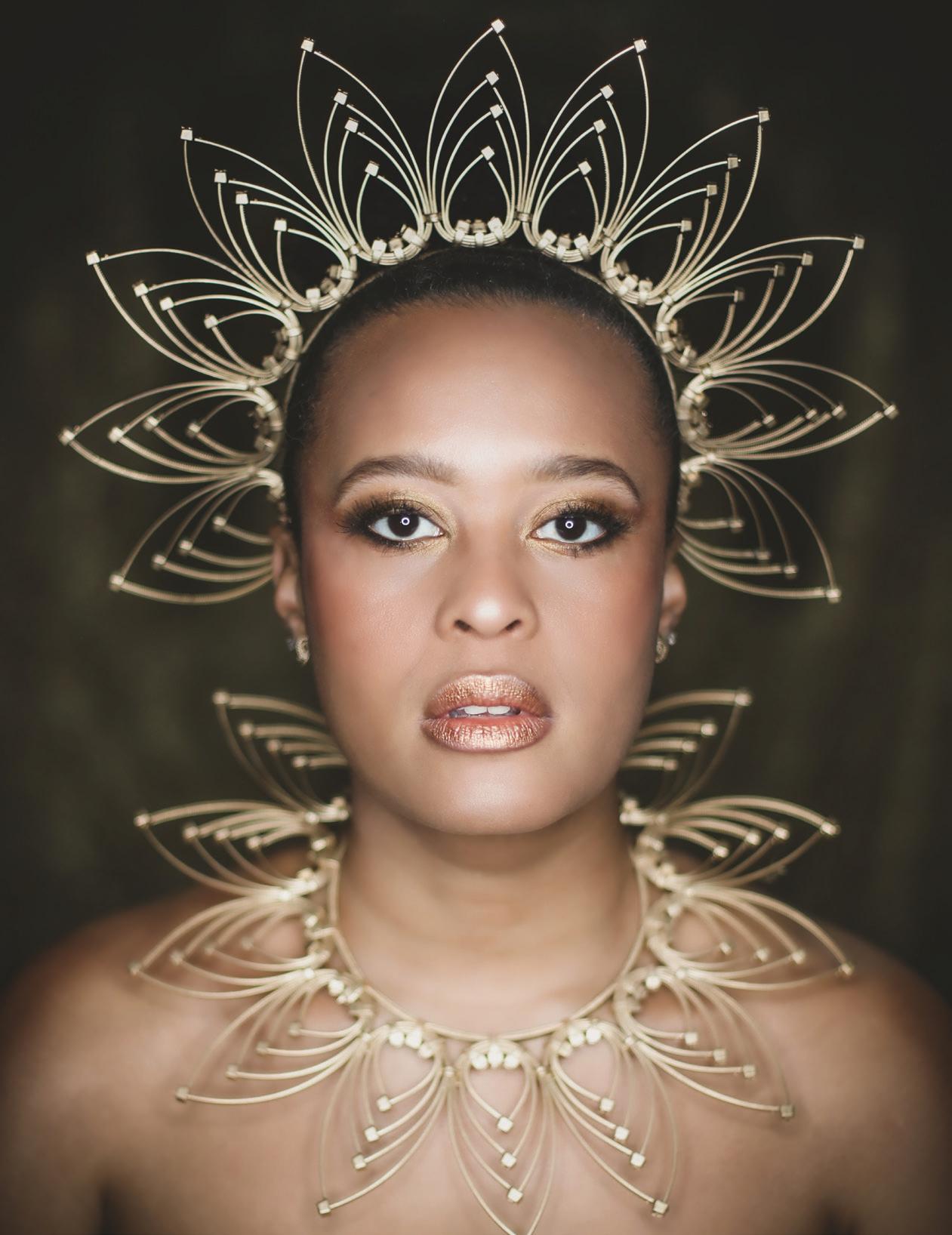
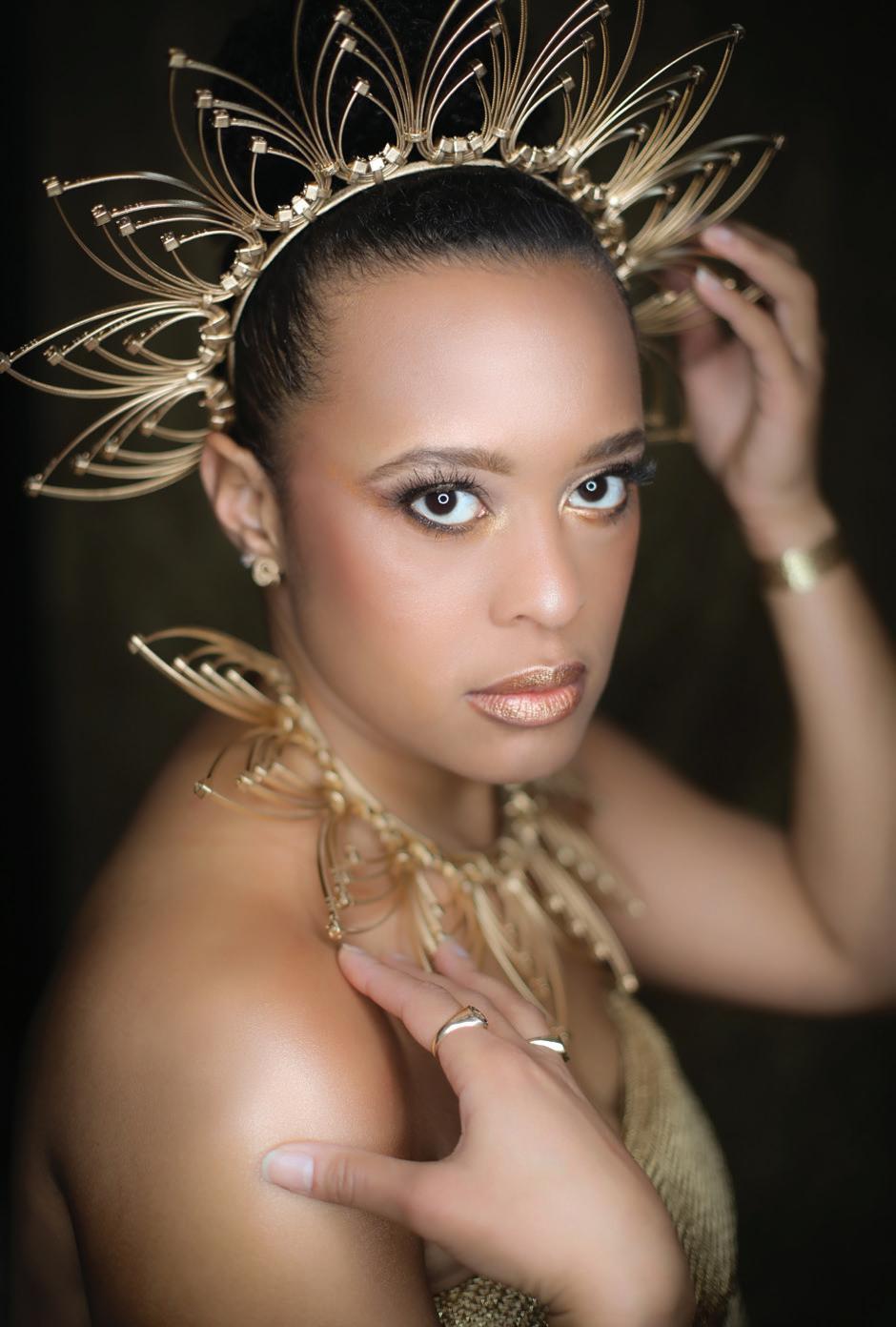
Denée
Social Justice Warrior. Follower of Jesus. Wealth management coach. Denée tells how her values-based life has given her financial freedom, on page 50. We asked, what time in history would you visit? The time of King Solomon. We heard “Queen.”
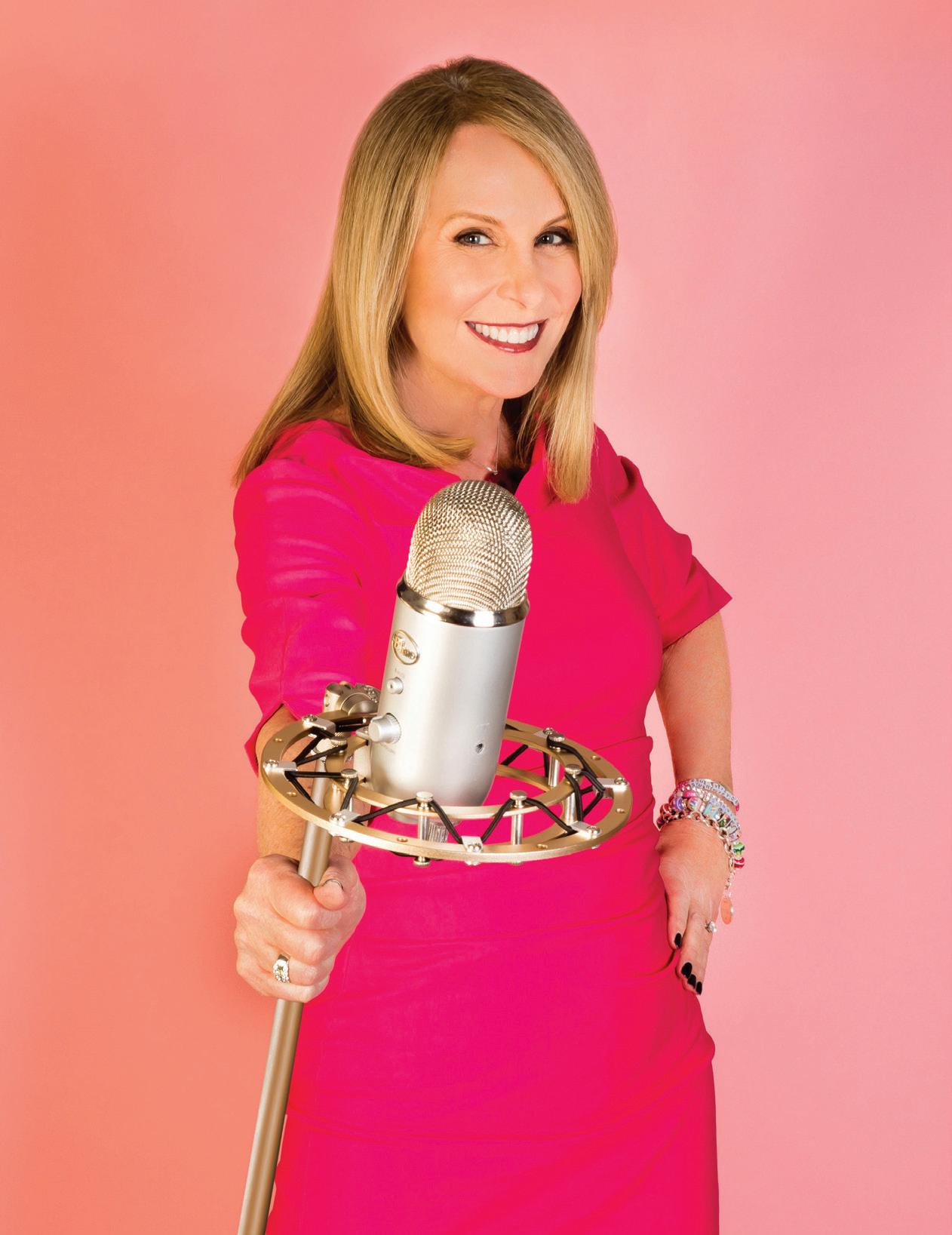
Photos by Kerry Brett Dress by Sara Campbell
Hair & Makeup by Rachael Berkowitz
IBoston knows Candy O is a storyteller. She told the city stories for 25 years through the radio. Music lovers hear stories of their favorite singer-songwriters each week. Children read her books. Women tell her their secrets to success. Thousands more have benefitted from her loud advocacy in the fight against breast cancer. She’ll tell you that she needed that last bit this past winter. Her story starts here:
t was 9 o’clock on Wednesday evening, November 8, 2023, when I checked online for the results of my breast biopsy the day before. It was too early to check, right? But I did it anyway.
And there they were. I took a deep breath and opened the report. Scanning down the screen, my eyes landed on the words: Invasive carcinoma.
At that moment, I was transported back in time to a hospital room with green and black linoleum floors, white walls, and dim lights. I’m 18 years old. A kind nurse is whispering in my ear, “Come with me.” I follow her down a long hallway. She’s frustrated, trying to find a private place for us to talk. In desperation, she opens the door to a broom closet and beckons me inside. She reaches up to pull a string that turns on the light, her eyes meet mine.
Some of us survive breast cancer, but your mother will not. She’ll be dead in a day.
And she was. My mother, Marjorie was only 52 years old.
What I am about to tell you is something I have never revealed publicly before.
She blamed me for her breast cancer.
Yes, you read that right. I was 14 years old when she told me I had been such a disobedient child that the stress I caused her manifested itself inside her body and gave her breast cancer.
Telling you this now, in the pages of this raw and authentic magazine, felt right, and I’m grateful to unload this awful truth. Throughout my life, I’ve carried the weight of the shame, and the fear that breast cancer might happen to me. And for the record, I was not a disobedient child. I’ve always been a rule follower, a perfectionist, and a chronic people-pleaser. Gee, I wonder where that comes from? Marjorie was my adoptive mother, and as you can gather from this story, she was a complicated person. I mean, what normal person says that to their daughter? I could have been angry and resentful, but instead, I decided to rewrite the narrative and honor her the best way I could; As a lifelong advocate in the fight against breast cancer.
Now that you know my truth, let’s go back to the moment I learned that I had breast cancer.
My husband, Tom, rushed to me. I was inconsolable. Sitting beside me, he tried to comfort me and read the report on my laptop, all at the same time. We were suspended in disbelief at what we saw on that screen. Tom told me that he loved me more than ever and that we were in this fight together. That night, I remember thinking, “This is it. My biggest fear has come to pass. I’m going to die of breast cancer just like my mother.”
The wound of her harsh words, the loss of her in my life as a teenager, the memory of how sick and disfigured she was came back to me in living color. My heart burst wide open as I whispered Hail Marys endlessly and hoped that maybe, just maybe, this was all a big mistake. After all, I had never missed a mammogram. Not once.
But it wasn’t a mistake.
The diagnosis was clear when the doctor called the next morning to say, “This is invasive breast cancer. You’ll need a lumpectomy or a mastectomy.” Like so many women who hear these words for the first time, the weight of it was too heavy, and my mind wandered off into the darkest places. As Tom wrote notes, the doctor ended the call by saying, “You should reach out to DanaFarber.”
Dana-Farber? That’s where people with cancer go. Wait. I have breast cancer.
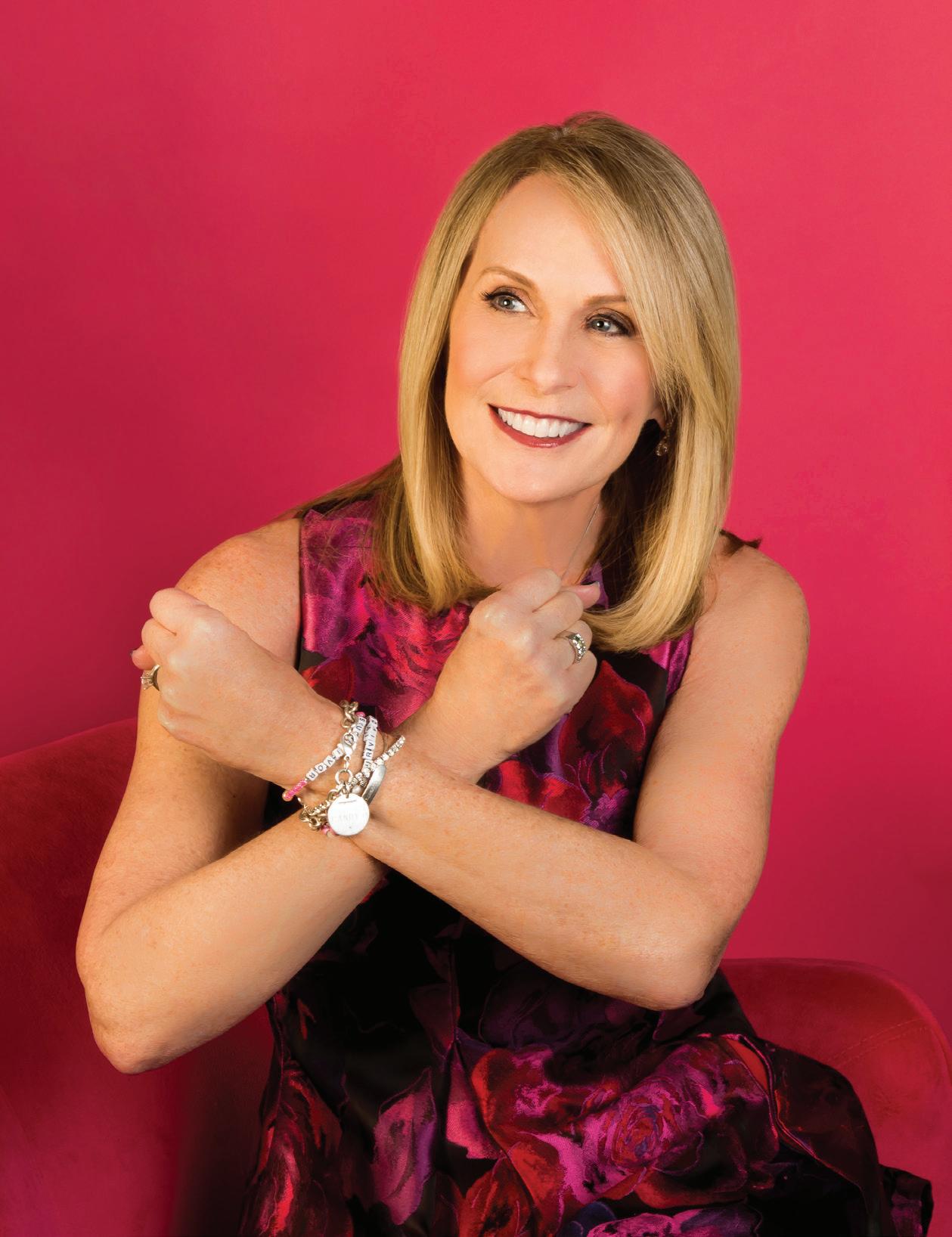
I dreaded the call to my children. Chris and Colleen are all grown up, with children of their own, but they are still my babies and I know this sounds crazy, but I just didn’t want to worry them. When it came to telling my daughter Colleen, I took extra steps to ensure she was not alone. I called her husband and asked him to leave his office and go home, just in case she needed him. Like her older brother, Colleen was initially focused on test results and next steps. About an hour later, she was at my back door in tears. We held each other for a while that day, drinking tea and snuggling under a warm blanket.
me. “We believe that our patients are experts in their own experience. We want to get it right the first time.”
From the care coordinators who make that delicate first call to a newly diagnosed patient, to the valets who greet you and the physicians who treat you, Dana-Farber is in a league of its own with a seamless teamwork effort that flows between your breast surgeon, your oncologist, and your radiologist. Mental health professionals are huge assets to these teams, supporting the mind-body connection during cancer treatment and after. Given my trauma around my mother’s death, I did not hesitate to
I WHISPERED HAIL MARYS ENDLESSLY AND HOPED THAT MAYBE, JUST MAYBE, THIS WAS ALL A BIG MISTAKE. AFTER ALL, I HAD NEVER MISSED A MAMMOGRAM. NOT ONCE.
“I can’t lose you,” she said. That day, I realized for the first time that I might be unable to keep that promise. But I sure would try.
Putting together a care team in the middle of a health crisis is tricky business. Most of the time, you are not thinking clearly. That’s why it is so important to have someone in your life who can help you lift this heavy weight. Accepting the help and kindness of others is at the core of your well-being as you fight cancer. I’m blessed with a rock-solid marriage, plus family and friends who love me. Still, on the day of my diagnosis, I also had a powerful secret weapon: a brilliant physicianscientist at Dana-Farber Cancer Institute named Dr. William G. Kaelin. The widower of my friend, Dr. Carolyn Kaelin, Bill won the Nobel Prize in medicine in 2019. If anyone could point us in the right direction, it was our trusted friend Bill.
Bill highly recommended Dr. Esther Rhei as my surgeon, who had been trained and mentored by Carolyn Kaelin. Coincidence? I think not. This was a God moment. Known far and wide for her outstanding skills as a breast surgeon, Esther is associated with Mass General Brigham, Faulkner Hospital, and Dana-Farber Brigham Cancer Center. For my breast oncologist, Bill’s number one choice was his longtime friend and colleague, world-renowned breast cancer oncologist and champion for his patients, Dr. Hal Burstein.
Patient-Centered Care at its Best
Armed with the very best breast cancer doctors, it was time for me to make my appointments. That’s when the phone rang. On the other end was a warm female voice, welcoming me as a new patient to Dana-Farber. By the time the call ended, I had my appointments and experienced what Deb Toffler, Senior Care Director of Patient Care Services at Dana-Farber, calls the “special sauce.”
“Patient-centered care is at the core of it all,” Deb told
ask for mental health support. To be a patient at DanaFarber Cancer Institute is to be heard, understood, and valued during the most difficult time of your life.
Lumpectomy or Mastectomy?
When I think back to my first visit with Dr. Rhei, I remember her confidence, her obvious competence, and most of all, how she made me feel. Esther didn’t just talk, she listened. It was clear to me that she loves what she does and is committed to her patients. As she reviewed my biopsy results and examined me, I held my breath, hoping that I would be a candidate for a lumpectomy instead of a mastectomy. Esther explained that for a patient like me with a slow-growing cancer caught early through mammography, estrogen and progesterone positive, and HER2 negative hormone status, a lumpectomy was her strong preference. She said that studies have shown there is no difference in mortality rates between a lumpectomy and a mastectomy for patients without metastatic breast cancer. The prevailing attitude for surgeons in cases like mine is, “Less is more.” Doctors can do less surgically and have the same survival rates, conserving a woman’s breast and sparing her the physical and emotional experience of a mastectomy.
In other words, this is not your mother’s breast cancer.
“We used to think that breast cancer was a systemic disease,” Dr. Rhei told me. “This was before mammography started being used as an effective tool for early intervention. Before mammography, we were treating more advanced cases of undetected breast cancer and mastectomy was the rule.”
About three weeks later, it was time for my lumpectomy. Performed at Mass General Brigham in Boston, the day began early on December 15th at the Lee Bell Breast Center with a procedure called Breast Seed Localization. A tiny, radioactive seed was placed inside my right breast using the same entry site as my biopsy.
This radioactive seed would also light Dr. Rhei’s way during my surgery, guiding her to the exact location of my small tumor. Once the seed was inserted, it was time to prepare for my outpatient surgery, which was expected to last about 3 hours. In addition to the removal of the tumor, a blue dye would be used that would flow through my lymph nodes. If the nodes lighted up blue, they would be removed and sent to the lab for further analysis. With Tom and Colleen by my side and the
chemotherapy without compromising their outcomes, allowing us to individualize treatment in a way we did not have before.”
To avoid chemotherapy, he told me, I needed a score that was less than 25. Miracle of miracles, my Oncotype DX score was 12. Tom and I finally felt like we could breathe. At this point, Dr. Burstein recommended genetic testing, not only to see if I carried the breast cancer gene (BRCA) but to find out once and for all, as an adopted
MY LIFE WAS SUSPENDED IN TIME. I CALL THIS ANXIETY “THE WORRY WHEEL.” ROUND AND ROUND IT GOES, SHOWING ME IMAGES OF
ALL THE THINGS THAT COULD GO WRONG
nurses adding a drug called Versed® to my IV (aka “happy juice”) to help me relax, Esther led the way to the operating room. To be honest, I don’t remember anything else!
Here’s a funny story: A few hours after I left the recovery room, Tom and Colleen came to see me. Like the loving husband he is, Tom said: “Baby, you look great,” but Colleen was concerned: “Excuse me, but am I the only one who notices that my mother is blue?” Evidently, the blue dye travels through your system, giving a blue pallor to your skin, the whites of your eyes, and even your urine, which stays bright blue for days. Blue has always been my favorite color.
The Waiting Game
One of the most difficult parts of a breast cancer diagnosis for me was the waiting game. From the abnormal mammography results to the ultrasounds, biopsies, surgery, and pathology tests, fear filled my head. My life was suspended in time. I call this anxiety “the worry wheel.” Round and round it goes, showing me images of all the things that could go wrong. I did my best to rest and recover following my lumpectomy, but I was hyper-focused on the results of the pathology. On the day after Christmas, we received the greatest gift of all: Clean margins outside the tumor and no cancer in any of the lymph nodes.
This was great news, but the waiting game was not over. The tumor would be sent to a lab for further examination in what is known as an Oncotype DX Breast Recurrence Score. I asked Dr. Hal Burstein to explain the importance of this revolutionary test in the treatment of breast cancer.
“Prior to the use of the Oncotype DX Breast Recurrence Score test, we’d end up giving chemotherapy to nearly all women with early-stage breast cancer,” he explained. “This test allows us to understand which women really need chemotherapy and which do not. It has shown us that 60+% of patients might be able to avoid
child, what my genetic profile was. We met with a Dana-Farber genetic counselor and the blood was drawn. About a week later, the results were in: I did not carry the BRCA gene and tested negative for 48 other types of mutations that might lead to cancer. With this news, my entire family breathed a sigh of relief. It was time to move on to radiation.
Choosing a Radiation Oncologist
Choosing the right radiation oncologist is a bigger deal than you might think. Like the athlete in a relay who hands the baton to the next runner, Dr. Burstein carefully chose Dr. Joanna Tansky to take over this chapter in my cancer care. The Medical Director of Radiation Oncology at Mass General Cancer Center, NewtonWellesley Hospital, Joanna and her team of nurses and radiation therapists turned out to be the perfect fit for me. After reviewing my imaging, overall health, pathology reports, including what type of breast cancer I had, the surgical margins of my tumor, and HER2 negative, estrogen and progesterone positive status, Joanna met with me privately so she could get to know me. She prescribed 16 radiation treatments throughout four weeks with weekends off. When I asked her how she determines how many treatments a woman will need, she told me that, in many cases, it’s logistics. Doctors tailor treatment plans for patients who travel from far away and are sometimes dealing with financial hardship and other disparities because “this medical decision can’t bankrupt them.”
The team of women who cared for me during my radiation treatments was exceptional. Laying on a narrow table below a gigantic machine that beams powerful but invisible radiation into your breast while your arms are over your head and your breast is exposed is beyond humbling. I’m a modest person and have never felt more vulnerable. Radiation doesn’t take a long time. Mine was about 40 seconds per treatment and it didn’t hurt. However, radiation is cumulative inside
the tissue and the nurses watch carefully for burns. I highly recommend two outstanding radiation creams: Dr. C. Tuna’s Calendula and Jeans Cream. Don’t skimp when you are applying these creams multiple times a day. After every radiation treatment, I would slather one of these super creams over my breast and underarm. I even got up in the middle of the night for another application. The loving hearts and hands of Dr. Tansky and her team guided me toward the finish line with so much compassion. Kindness is their middle name. When I asked Joanna why she does what she does, her answer touched me deeply.
“It is humbling to take care of patients and to be part of their families during the most challenging time of their lives,” she said. “My greatest hope is that someday, there will be a cure for cancer. I’ll hang a sign on my door that says ‘Gone fishing.’”
Hot Flashes, Anyone?
Breast cancer cells need hormones to grow, and that is why hormone-suppressant drugs like Tamoxifen® are prescribed. Originally introduced in 1978 and approved for wider use in 1998 by the FDA, Tamoxifen® blocks estrogen activity in the breast by attaching to the hormone receptors in cancer cells. This is the final step in my treatment plan, and I’ll need to take this drug for five years. Tamoxifen and other options like aromatase inhibitors are full of side effects, including nausea, hot flashes, weight gain, and hair loss. Like millions of breast cancer survivors worldwide, I’m just putting one foot in front of the other, walking in faith.
Where Do We Go from Here?
One of the many ways Carolyn Kaelin continues to be my friend, even beyond her passing, is through her husband, Bill. When you have a friend who just happens to be a Nobel Prize-winning physician-scientist, you get to ask him the million-dollar question: “How close are we to a cure for cancer?” Bill’s answer is profound.
“I can imagine ‘cure’ taking different forms,” he answers. “While we would all like a treatment that would eliminate every last cancer cell once and for all, this bar might be unnecessarily high, especially if attaining it causes significant toxicity. Perhaps the goal should be to reduce the number of cancer cells, and tame the remainder, to the point where they no longer cause symptoms and no longer shorten a patient’s life. And certainly, it would be great if we could prevent cancer altogether! For some cancers, that dream is becoming a reality. You and I know painfully well that the cure for cancer can’t come fast enough.”
Survivorship Is Hard
Breast cancer doesn’t end when your treatments are over. Like the relative who can’t take the hint and stays
too long after the party, breast cancer just hangs around. The cancer cells may be gone, but the scars are there to remind you that you are not the same person you used to be. Dave Bullis, PhD and Director of Ambulatory Behavioral Medicine at Mass General Cancer Center at Newton Wellesley, has played a key role in helping me maintain my mental health. While I’m still in the beginning stages of survivorship (and I’m so fortunate to be one), I’m keenly aware of something new: there’s a soundtrack playing in my head. Humming along, somewhere in the background, I hear a cautious, frightened voice warning me that my body made cancer cells once and it can do it again. What I’ve lost, according to Dave, is “benign innocence,” which is best described as the calmer, more carefree way it used to feel before cancer came into my life. The door to that innocence is closed to me now, and the only people who understand how this feels are other cancer survivors.
But maybe this is the new me: Candy O 2.0. If you can’t go back, you must move forward or be stuck somewhere between. Breast cancer has aged me in body and mind, but I’ve arrived at a beautiful new place and it is filled with love. The hundreds of breast cancer survivors I’ve interviewed throughout my career have now taken me under their wings. The many breast cancer non-profits I have helped raise money for research, advocacy, and a cure have reached out to me with arms wide open. Family, friends, colleagues, and fans have given me hope and lifted me up.
Throughout my life, this has been my mantra: You get what you give. If you throw good things out into the world, they will come back to you.
This road I’m on is long and winding, but I am not alone. Everywhere I look, women are at my side, showing me the way. I’m eternally grateful for the lessons they are teaching me and the love these women are giving me.

xoxo
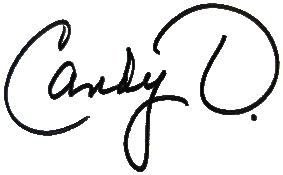
Candy O’Terry is an award-winning broadcaster, podcaster, and contributor to Pink Chair Storytellers. The recipient of 70 local and national awards, she is the host of the weekly series The Story Behind Her Success weekly series. @candyoterry candyoterry.com
Candy’s Role Models
Sue Tabb
A two-time breast cancer survivor, Sue Tabb is the co-host of Morning Magic on Magic 106.7. An awardwinning broadcaster and former columnist, Sue and I are former colleagues and forever friends. Sue’s daughters were very young when she was first diagnosed with stage 1 breast cancer. She had a lumpectomy and radiation and prayed that her breast cancer would never come back. Twelve years later it did, this time right in the middle of the pandemic. Sue decided to have a double mastectomy which is hard enough to endure under normal circumstances, but due to COVID restrictions, she was forced to go it alone. “My husband had to drop me off in front of the hospital. I just kept on saying to myself, ‘If I can do this, I can do anything.’” Back on the air just 3 weeks later, Sue used her platform to urge listeners to get mammograms. When I confided in Sue that I had breast cancer, she did what girlfriends do: Covered me with the loving support. She told me, “Being a breast cancer survivor is not a club anyone elects to be in; you are chosen. You will meet the most kickass women who are not only brave but resilient and they will help you harness the power to lift others up. If there is a silver lining, this is it.”
Melissa Dupuis
Melisssa was over the moon when she became a new mom. A former professional ballet dancer with a degree in dance, she is a wellbeing enthusiast with a long list of credentials in health and wellness.
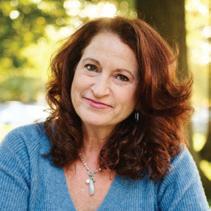
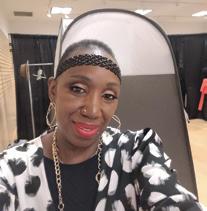
Tona Hines
She calls herself a “she cancer warrior” and that title fits Tona to a T. I met Tona in 2022 through my connection to The Ellie Fund where she had received essential support services throughout her breast cancer journey. In our interview, this single mom of two sons explained that she was originally diagnosed with stage 1 breast cancer at age 40. At that time, doctors believed her cancer didn’t require treatment beyond surgery. Ten years later, Tona’s cancer returned with a vengeance as stage 4 metastatic breast cancer. Tona told me it is the waiting game that drives her crazy.
“I cannot think. I’m scared. I’m tired of being up in the air. I just want to have a functional life.” Although her future is uncertain, she keeps looking forward, grasping every single minute of joy she can find.
“I’ve come to terms with my death,” she said. “When it’s my time, it’s my time. Right now, I do things in fast motion. I want to go to Miami and check into a hotel with my best friends. I’m gonna put on my bathing suit and sit on the beach and laugh. Then, I’m gonna fall asleep in the sun, and just pray on me.”
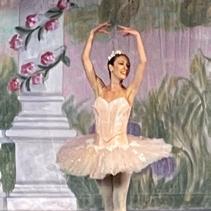
Imagine Melissa’s surprise when what she thought was a clogged milk duct from breast feeding turned out to be breast cancer. “I was a total mess, but then I looked in the mirror and said to myself, ‘I’m gonna beat this. Let’s do this.’” And she did. Recovering from a double mastectomy, six months of chemo, and 24 radiation treatments for her stage 2 breast cancer was the hardest thing Melissa has ever done in her young life, and she has emerged a changed woman. “Everything around me seems brighter. I pay attention. I am more present. Most of all, I appreciate the little things because the little things ARE the big things.”
Back in her toe shoes and up on stage to perform in a production of The Nutcracker this past Christmas, Melissa has this advice for newly diagnosed breast cancer patients: “Take a deep breath. Feel your feelings. Get angry. Get sad. Breast cancer is a journey. Take it one minute at a time if you have to. Your scars are your superpower and you are a warrior.”
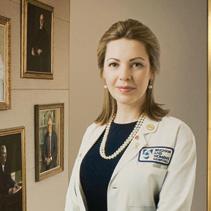
Dr. Carolyn Kaelin
Dr. Carolyn Kaelin was the Founding Director of the Comprehensive Breast Center at the Brigham. A gifted breast cancer surgeon, she was beloved by her patients and her staff. The devoted wife of physician-scientist Dr. Bill Kaelin and the proud mother of two, Carolyn was only 42 when she was diagnosed with three different types of breast cancer. She told me telling her children was the hardest part, but it gave her strength and courage. Her breast cancer treatment plan was brutal, but she insisted, “Let’s roll up our sleeves and get on with it.” Carolyn experienced a rare condition following her treatments that left her unable to return to the operating room, so she switched gears, writing two landmark books “Living Through Breast Cancer” and “The Breast Cancer Survivor’s Fitness Plan.” Carolyn experienced a brain cancer diagnosis unrelated to her original breast cancer. She endured two surgeries and had to learn to walk again. Carolyn died in 2015, surviving long enough to shepherd her children through their teens with a love larger than life. I like to imagine Carolyn guiding the hands of my surgeon, whom she trained many years ago. She is a constant reminder of what it means to be an exceptional woman.
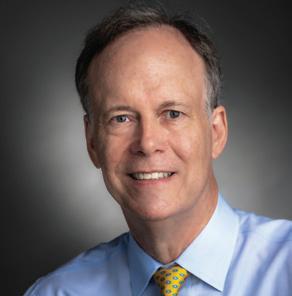
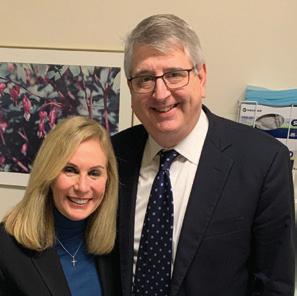
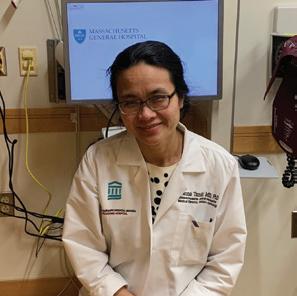
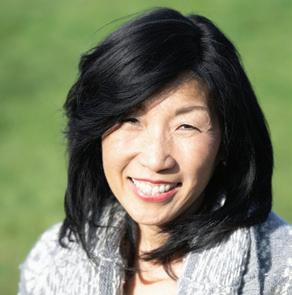
Mic Drop
This year, about 250,000 women in the United States will hear the words “you have breast cancer.”
According to the American Cancer Society, approximately 13% or 1 in 8 women will develop invasive breast cancer in their lifetime.
40,000 women will die of breast cancer this year in the U.S.
There are 3.1 million breast cancer survivors living in our country today. This is one of the biggest changes for women with breast cancer.
Women are living longer thanks to early detection through mammography and huge advances in the treatment of breast cancer.
If invasive breast cancer is located only in the breast, the 5-year relative survival rate is 99%.
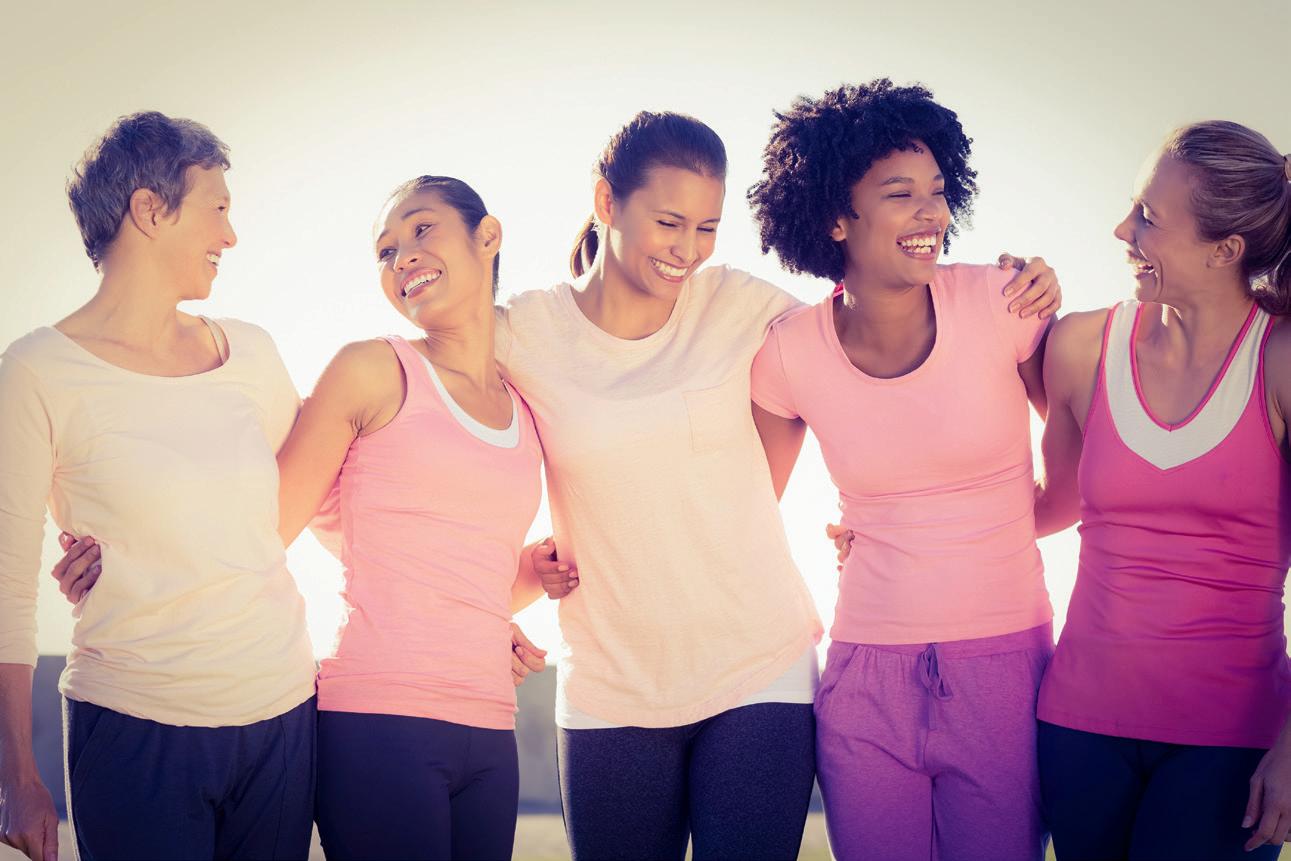
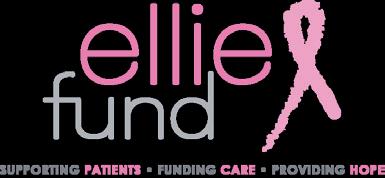
Candy’s team: Nobel Prize laureate Dr. Bill Kaelin; Dr. Hal Burstein; Dr. Joanna Tansky; Dr. Esther Rhei
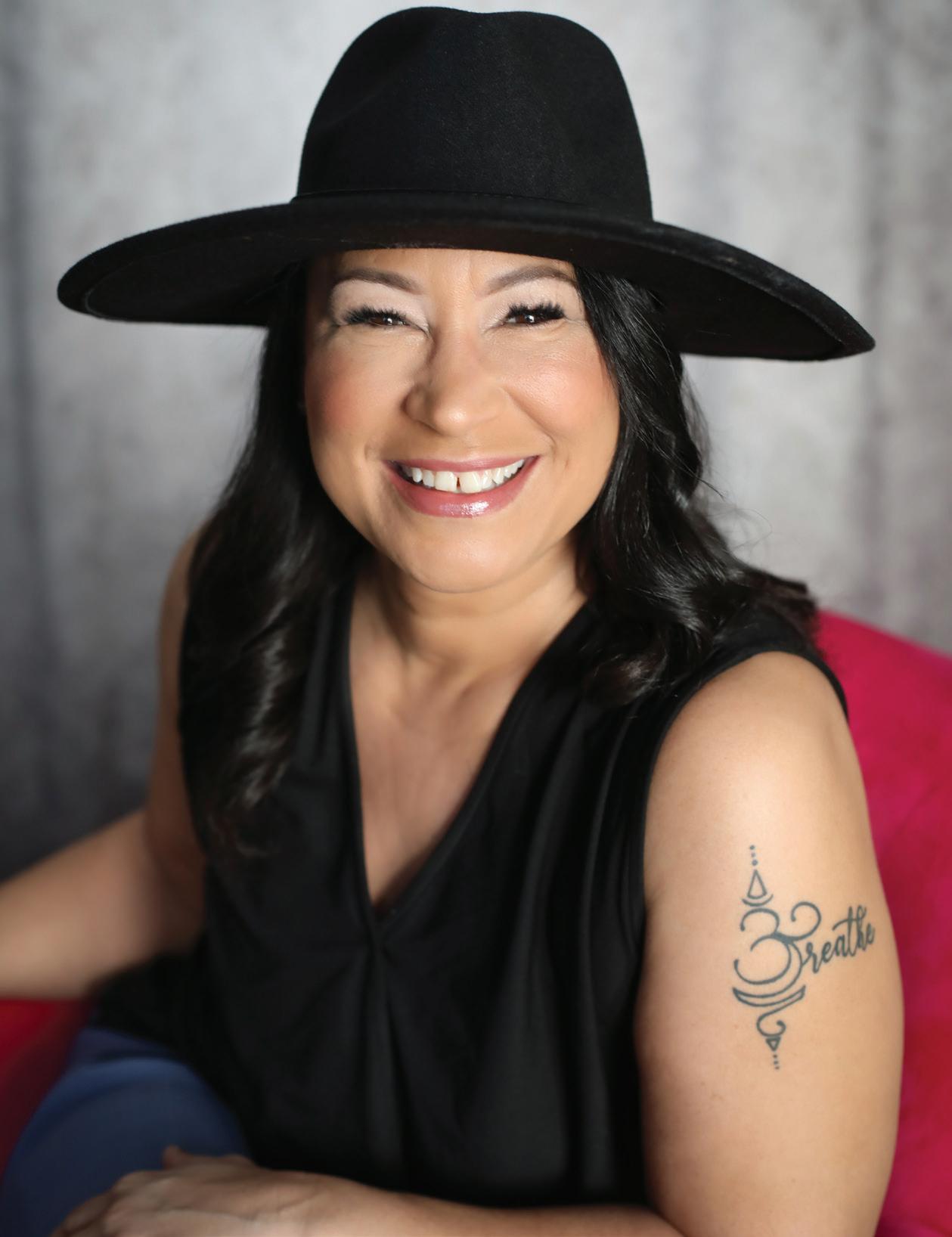
Finding F*ing Freedom
Trauma is a four-letter word that kept Ayanna stuck, drunk, and in pain. Today, she's sober and focuses on each breath.
Photos by Stephanie C. Olsen Hair & Makeup by Marie Derbes
II was on the way to the bank, going to deposit a small amount of money from various jobs that month. Making deposits to myself from teaching yoga, working at the Department of Youth Services, being a therapist, and running my nonprofit, B FREE Wellness, Inc. I was caught up in the stress of how these deposits would cover my expenses until something else caught my eye:
The teller’s eyelashes.
She was beautiful and so young. Seemed a little shy but curious as to why I was staring at her. I kept thinking to myself, her eyelashes are so beautiful, I wonder where she got them, or better yet were they naturally hers? I got lost in her eyes as the taps and clicks of computers and people rushing around me started to fade away. I finally said, “Are those your own eyelashes or do you get them done somewhere?” She turned purple–cheeks dark red. “Oh my gosh, I am so sorry, I didn’t mean to embarrass you they are just stunning,” I said to soothe her nerves. “They are mine,” she replied. “Wow, they are like butterfly wings, they fit so perfectly with your beauty.” I said matter of factly. She turned and looked at me in shock like that was something a stranger shouldn’t say out loud at a bank.
We looked at each other in silence for a minute, then both cracked up smiling and laughing. “Thank you,” she whispered through tears. “No one has said anything that tender to me before.” Her whole body softened as she relaxed her shoulders and her jaw and took in a breath. My body softened, too, as I let go of the stress of money in an instant of that one exchange. That’s what it’s like to be seen, even in the presence of strangers.
My story starts on a train. A train stop where I waited for my mother by myself from 8 to 12 years old. I was never seen by her or anyone during that time—or so if felt. Every moment she didn’t show up at that stop, the deeper I felt unloved, unseen, and unworthy of anything. She was an addict of all kinds and came from a horrific story of violence, rape, abuse, and other things I can’t repeat but knew well at age 6. She was my whole world. Our love was real, even between the twisted trauma bond we had.
I wanted nothing more but to be near her coffee-colored skin and her big-ass afro that gave the middle finger to every white person that passed her by, even without trying. She was a social justice goddess in my mind. She was also the person who caused me the most harm in my life and shaped every fiber of who I am now. What’s wild is I will take the pain in exchange for just being next to her hips. She had so much swagger in those hips.
By Ayanna Freedom
She was so unapologetically herself. She just didn’t care what other people thought about her. Not one. She would tell people about themselves, too. Like, right to their face. You would know in 5 minutes if she didn’t like you and walk home with a detailed list of why. She was the embodiment of courage.
She died in 2009. I watched her die and watched my addiction birth itself at the same moment. My body didn’t know how to live in the world without her. I couldn’t find my feet on the earth without my mother Valerie Gail Lake. I convinced myself that alcohol could cradle my pain, ground my feet in the soil, and heal my pain. My addict brain convinced itself for the next 20 years that I needed booze to survive. And so I drank. I drank so much I almost killed myself. I am here to tell this story about how I saved myself.
I have probably been an addict since I graduated college. What’s funny is I didn’t drink at all in high school and very little in college. I remember the moment it clicked with me, though. Like the snap of fitting a cap on a bottle so perfectly, you knew it would never pop off. The satisfaction was so real. I was in college in Boston and out with friends at a club, and I had drank more than usual that night. By the third or fourth drink, I found myself lost on the dance floor, feeling free; all anxiety and worry had left my body. I could move without restriction of my own thoughts or anyone else’s. I had finally tasted freedom.
My addiction ebbed and flowed for years, but shit really hit the fan when Valerie died. I lost myself and alcohol found me. It was painful, and I was wrapped up all together in one big mess.
Fast forward to 2014, my husband and I became foster parents and were desperately hoping to adopt a beautiful African American girl named Blessing. She was the most beautiful being I have ever laid eyes on. Not only is she strikingly gorgeous but she has the most loving spirit and energy in anyone that I have ever met. She oozed the best parts of Valerie out of her dark brown chocolate skin, including her loud, raspy cackle of a laugh.
The adoption process was brutal. It was full of unknowns and maybes and we-don’t-knows. Every time her beautiful little 3-year-old hand grabbed mine, I longed for Valerie. The pain would shoot from my hand straight to my heart as I tried for dear life to hang on. I wanted to let go of alcohol so badly but at this point, my body needed it to survive, so I reached for child’s pose and downward dog hoping to feel something else, anything else. I found yoga that year, and besides alcohol
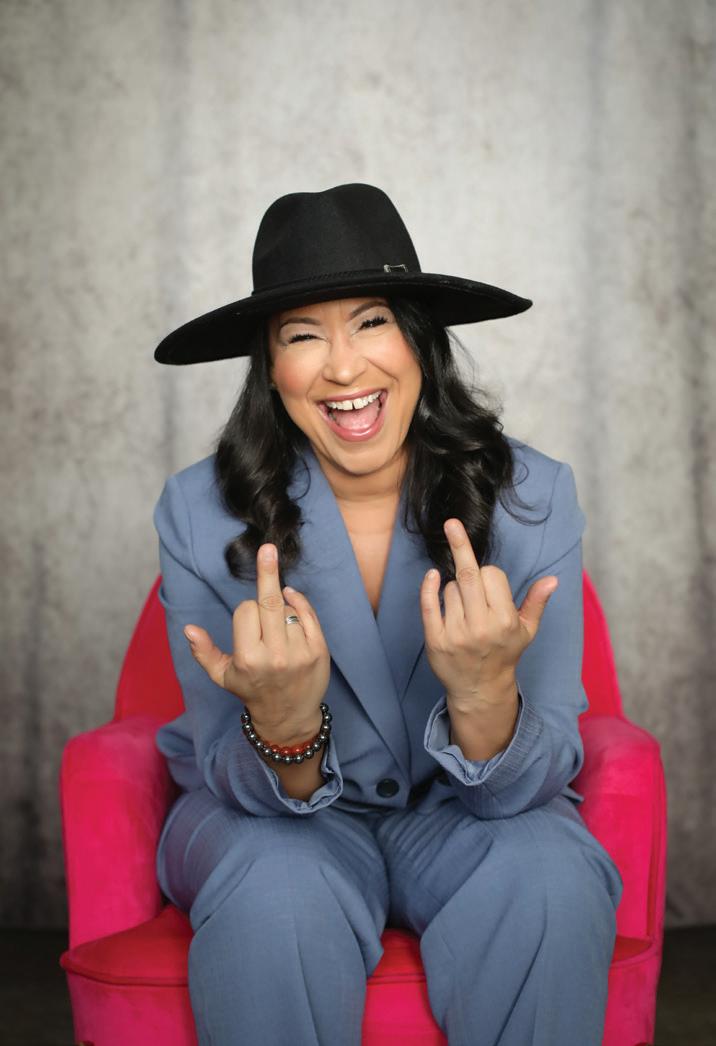
it was the only thing keeping me from harming myself to try to relieve the pain. I would lay on my yoga mat trying to reconcile how to heal myself and love Blessing while not knowing if we would be able to ever adopt her. Everything was brutal and beautiful at the same time. Both can be true, but we can slip deep into one or the other if we are not careful.
I was on my way to pick up Blessing from preschool, drunk. I had the typical wine with lunch with friends but kept drinking by myself. My hand was on the door with keys in hand, eyes blurry, breath full of the aroma of the poison I continued to put in my body. Something caught me. I stopped myself. I called my husband at the time and told him to come pick me up and take me to rehab immediately or I would never go. Saying the word rehab out loud hit my stomach like a big rock had dropped in my gut. My belly hurt so bad as I doubled over in the
I wanted nothing more but to be near her coffeecolored skin and her big-ass afro that gave the middle finger to every white person that passed her by, even without trying.
pain, crying, hanging onto the phone so I wouldn’t drink anymore until my husband got home. That was the day my sober journey began.
I continued to try the sober path after detox and rehab the first time. In some ways, this felt harder than watching my mother die. I remember getting out of rehab feeling like a skeleton walking around the earth with my skin dripping off me, exposed. My bones were in eternal pain. The world felt foreign and I was so lost. I couldn’t shake the look of disappointment in my husband’s eyes and heart despite him trying to hide that from me. It wasn’t the attempted sobriety that the look was from; it was the countless times I was drunk prior to this moment when I couldn’t get my shit together or when I would embarrass him publicly. I finally could see the look, sober. Ouch.
After that, I leaned hard into yoga. I had been a fitness
instructor and social worker my whole life but always hated yoga. I could do most of it, but when it came to savasana, the final resting pose, and we had to be quiet in our own heads, I would walk out of the studio. I would always think to myself, “Why would anyone want to be alone in their own thoughts for so long?” Every time I was alone in my thoughts, every moment I had done something wrong in addiction would come up, or every moment my mother promised to show up at the train station for years but never did, came up. I tried my best to work it out and heal it, but the images flooding through my body became too much, and I found my unconditional love partner Chardonnay again.
I relapsed on the 6 month anniversary of my first attempt at real sobriety. I was halfway through yoga teacher training. As much as I had a hard time with savasana, my whole body knew I needed it, and my mat was the one place that felt like love that wasn’t alcohol. I found myself drinking but then driving myself to an AA meeting one night. I attempted to drive myself home after the meeting but God intervened, and my tire blew, and I had to pull over into a parking lot. I called my husband laughing as if it was funny and not the scariest thing in the world. He did the right thing and promptly picked me up and dropped my ass off at Cape Cod Hospital where I belonged. That was a long night for the staff and everyone who I called begging to get me out of there because my husband was an asshole. The only asshole in that moment was me.
I landed back in detox in 2017. How I felt surprised me. I had never been more relieved in my life. I didn’t die, and I was so grateful. I remember jumping around, dancing, and doing yoga in detox with people whose physical bodies were full of so much piercing pain as the drugs and booze left their bodies. I made them do yoga with me as we cried through the pain over and over again as if our survival depended on it. Because it did. I still get letters from police officers, veterans, priests, dads, moms, and heroin addicts about how doing yoga in detox that year with me saved their lives. That was the moment I was given the name “spiritual gangster.”
Some of those folks came with me to the same rehab and we continued to move and find joy together. I was in rehab that year during Christmas and New Year’s. I was away from Blessing and my husband. I missed them deeply, but I was happy for the first time in my life. There was a huge relief in being around other addicts and not being judged, just being witnessed. The human connection is so powerful when it’s raw, real, and honest; it has the power to move mountains. I was loved there just for being an addict, and I didn’t need to prove I was anything other than that. I looked up at the stars at midnight of that new year, surrounded by a circle of other alcoholics and drug addicts, and it was by far the
best New Year’s Eve of my life. I was safe for the first time.
I consider myself a social justice warrior. It’s in my bones. It’s one of the greatest gifts my dad and mom have ever given me. I was about 7 years old when I could tell you the gritty details of the lives of Malcolm X, Angela Davis, Maya Angelou, Rosa Parks, and Harriet Tubman. They were more than my ancestors; they were my angels. They helped me see life in a new way where we were all human and deserving of love. I knew what belonging and becoming felt like when I thought about them. They became the quilt and stitches of who I had become in sobriety.
What surprised me was that I could feel just as safe with my angels of social justice as I could with the other addicts in rehab who had committed horrible crimes. Some of them were police officers who harmed other people of color and were sickened by it; some of them were priests who had harmed young boys; and all of us carried trauma in our pockets like rocks that would never fall out. Our addiction connected us in a way nothing else could. These men would pull me out of a fire if they needed to, yet by political standards and identifying across party lines, they were racist. They loved me more than it felt like my own father did at times, yet they voted for Trump. That is the human bond of belonging that can never break us, just makes us stronger as one. America, in particular, isn’t ready to radically accept that concept, so we continue to make big changes in small ways by loving strangers in banks and witnessing the pain of others, Democrat and Republican.
Jason, my now ex-husband, and I separated 2 years ago but are able to be more ourselves separately and have more space to love our sweet child Blessing. Since leaving rehab 7 years ago, I have become a yoga teacher, have written 2 books and have started my own nonprofit. I remain sober for one moment and breath at a time. Sometimes focusing on a full day is too much so I fill it with beautiful moments of seeing others, like the bank teller with butterfly wings that embraced her face. May this story give you hope to find yourself in the gorgeous tiny moments of life that build on one another and create a revolution of hope that forever allows all of us to belong to one another.

Ayanna is the owner and founder of B FREE Wellness, Inc. She is a clinical consultant at the Department of Youth Services and teaches yoga and workshops across Cape Cod and Boston. She is the Author of the books “Becoming Free” and “Unf*ck Your Stuck.” She currently lives on Cape Cod with her daughter Blessing and dog Sawyer. AyannaFreedom.com.
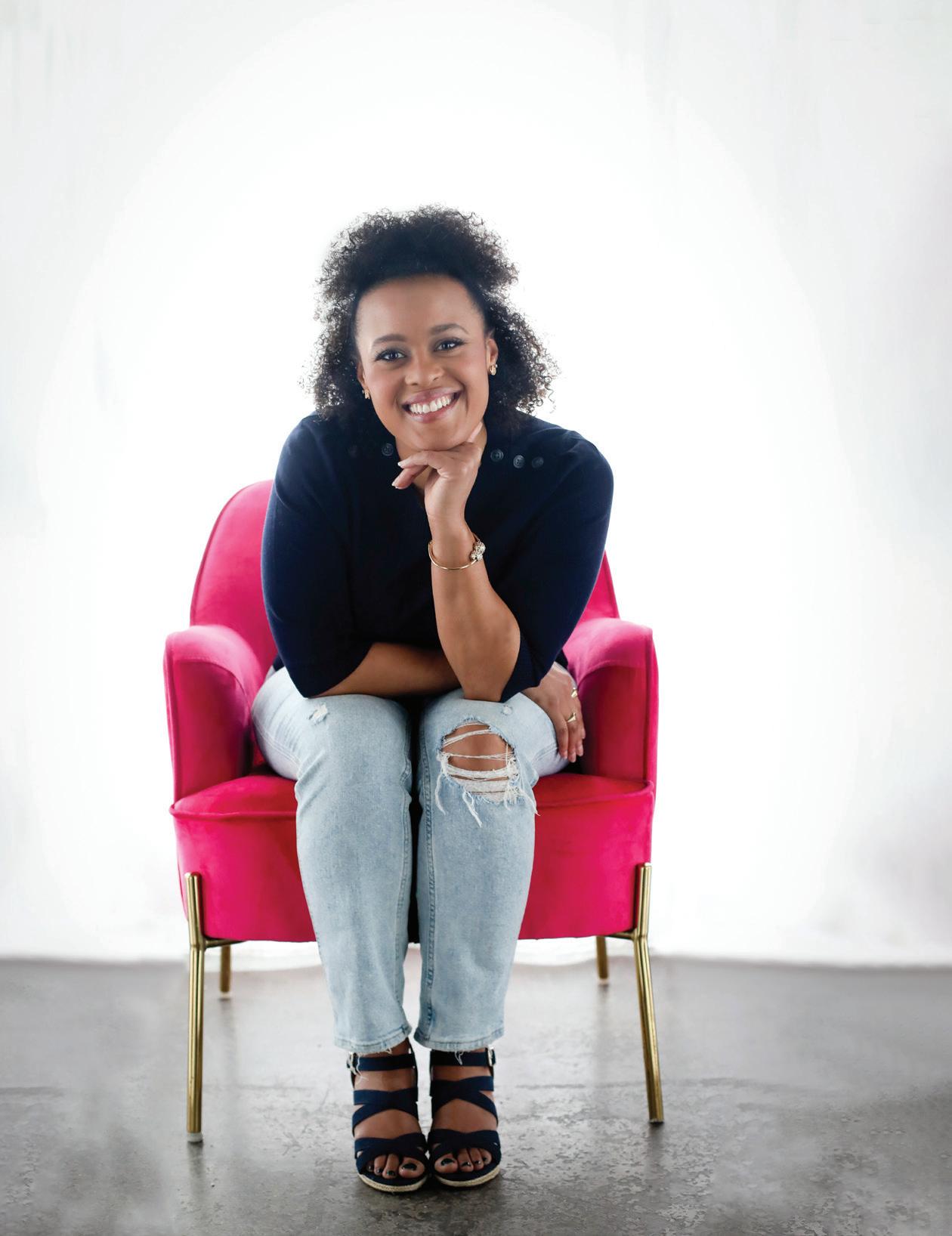
Owe No Man & No Explanation
Denée Reaves has too much to do and no time for personal debt. She has her work in social justice, a strong presence in church, and a growing travel list. Letting her values lead her financial planning is how she gets it all done.
Photos by Stephanie C. Olsen Hair & Makeup by Marie Derbes
WWhen Bridget reached out to me, asking if I would share part of myself for The Identity Issue, my first thought was, “What could I possibly have to share about myself that others would want to hear?” Through this process, I’ve realized that while it’s very easy for me to talk about myself, it’s much harder for me to write about myself. Because whose story is coherent enough to turn into an essay? Certainly not mine.
I recently watched an Instagram reel featuring Christian author and podcast host Jada Edwards, in which she breaks down what it means to be “blessed and highly favored,” a common Christian saying. She said, “Favor is not comfort and ease and being hidden. Favor is being put out on platforms that you really have no business being on, but [God] gives you the ability to depend on him.” This reframing of favor has stuck with me in the past few weeks because I think of all the platforms God has allowed me to be on that I do not feel equipped to be on. But because faith is my cornerstone value, and fear and faith cannot comfortably abide together, I am putting aside fear, leaning into faith, and using platforms like this to share my story.
I am Denée and there are many, many components of my identity. For the purposes of this story, I am a wealth coach determined to help people live values-led financial lives. Being a wealth coach is interesting because finances were never something I wanted to teach, or even had any interest in. I’ve found that most transformation begins with yourself and ends with impacting those around you. This is true of my financial journey. I wanted to be financially free and live my life unbound by any financial concerns. Once I started that journey, I wanted that same unfettered life for those I love. A friend of mine convinced me that my story might inspire others along their financial journey, so I began blogging. She was right. After reading my blog, a family member contacted me to coach her in bettering her finances. So, I started coaching her, and it went poorly—like, really badly. I don’t think she was getting out of it what she needed to get out of it, and I certainly wasn’t. I went in with the approach “This is the way you do things. It worked for me, so it should work for you.” Unsurprisingly, everyone is not me, and my approach doesn’t work for everyone. Our coaching relationship kind of tapered off because I had no structure and I gave no instruction. I could have quit at that moment.
By Denée Reaves
Coaching people is hard. Talking to people about their finances is hard. But I realized that coaching was something I wanted to do, and if I wanted to do it, I needed to learn how to do it well.
I embarked on a coaching certification journey that took 2.5 years to complete. My coaching certification is in general life coaching; I chose wealth as my niche. I chose it because financial literacy is woefully inadequate in the United States and because talking about your finances is taboo. I chose it because those things don’t have to be true. I chose it because people need support when shifting deep-seated beliefs and habits.
Anyone can pick up a finance book and learn the basic things to do with their finances. They’ll all tell you the same thing. And what they tell you will not differ no matter who you are. But how you approach your finances can be different; how you live can be different. That’s where coaching training helped me lean in. My clients and I can negotiate how they do finances so that it works for their lifestyle and their values; so that they live intentional and purposeful lives.
Before I could help my clients live purpose-driven, values-led financial lives, I had to figure that out for myself. My financial journey began with a focus solely on the numbers. I aimed to be debt-free and to have an emergency fund so I would never have to be in debt again.
I’ve mentioned already that faith is a cornerstone value of mine. The Bible says “Owe no man anything, but to love one another” (Romans 13:8). This scripture was my motivation to get out of debt. I also wanted to build enough wealth that I wouldn’t have any financial worries. And I achieved my goals. I paid off my debt, built an emergency fund, and started building wealth.
Even as I saw my debt decrease and my net worth increase, I still lived with a scarcity mindset. I refused to buy things I desired because I wanted to ensure I had enough for what I needed. While my behaviors and habits had shifted, my beliefs and mindsets remained the same. Undertaking coaching training and working with my personal life coach helped me to shift those beliefs and mindsets along with my behaviors and habits.
One of the pillars of my coaching training is fulfillment, which is all about liveness and leaning into your inner wisdom. I help clients unlock this wisdom by walking them through clarifying their values. This is what my
coach did for me. She helped me to name and define my values and understand what it looks like when I honor them and when I don’t. I ended up with five values: Faith, Fierce Finances, Health/Enjoyment, Honesty/ Clarity, and Perfect Pace. Once I applied my value system to my financial decisions, my beliefs and mindsets about money transformed. Honoring my values provided me insight into why I would spend money in some places and not others. I noticed emotions and restrictions that I attached to certain purchases. I would often feel guilty for buying things that gave me joy or wouldn’t buy things because they were “too expensive” even though I wanted and could afford them. With my values clarified, I was able to release some of those emotions and stand firm in my financial choices. I was able to say “no” to things and “yes” to others, not due to financial ability, but due to my desire to do or not do something. This, to me, was true financial freedom. And this is what I want for my clients. It hasn’t always been smooth sailing. I’ve experienced many setbacks when making financial decisions that honor my values. Honoring faith in my finances has always been easy. I pay tithes and offerings to my church and give to charities. When my church provides me with an overview of what I give each year, it is a substantial amount. Enough that if I used that money toward other things, I could live a different life. But I don’t think twice about how
I’ve decided to use that money. It brings me joy that I use that money in service of my faith and obedience to God.
Fierce Finances, however, has been a mixed bag. Part of living with this value is preparing for my future self, right now. I don’t want to arrive at retirement age and have nothing to live on. So, I invest in retirement accounts, personally and through my company. I keep a fully-stocked emergency fund for the unexpected. I finally overcame my fear of not knowing enough and now regularly invest in brokerage accounts. I keep separate buckets in my bank account to save for the things I want. All successes are worth celebrating.
The biggest setback I’ve faced in honoring this value is participating in the credit system. In case you haven’t gleaned this yet, debt and I are not friends. I don’t like owing anyone money, and I strongly disagree with how we approach credit in this country. To prove your fiscal responsibility, you have to be in debt and make regular payments showing your reliability. There is no avenue to show you are “good” with money by waiting to purchase something until you have the funds rather than borrowing. In addition to debt being the only way to show your credibility, many companies profit from interest charged due to late payments. The companies are incentivized to lend just more than enough to people so that they must pay interest.
In 2019, I went to buy a car. I saved around $17,000 for this large purchase after conducting research that showed me this was a reasonable cost for the car I desired. I went to the dealership and we discussed which car I wanted. They told me the price was around $15,000, and I let them know I was ready to purchase right then. They asked me what financing I planned to use, and I told them I was going to pay for it outright. That’s when they made it clear: The price they had quoted me was the financing price and to purchase the car outright was about $2,000 more. The dealership made its money on debt and interest. The interest that you get charged every month for borrowing from them. Rather than closing a deal to have $15,000 cash on hand, they chose to encourage customers to finance, so they would profit from the interest.
The difficulty in honoring the value of Fierce Finances came to a head when I tried to purchase a home. Even though I had enough for a downpayment and a decent and reliable income, because I had a zero credit score (I hadn’t built any credit), they wouldn’t approve me for a mortgage. I realized that even though I disagreed with the premise
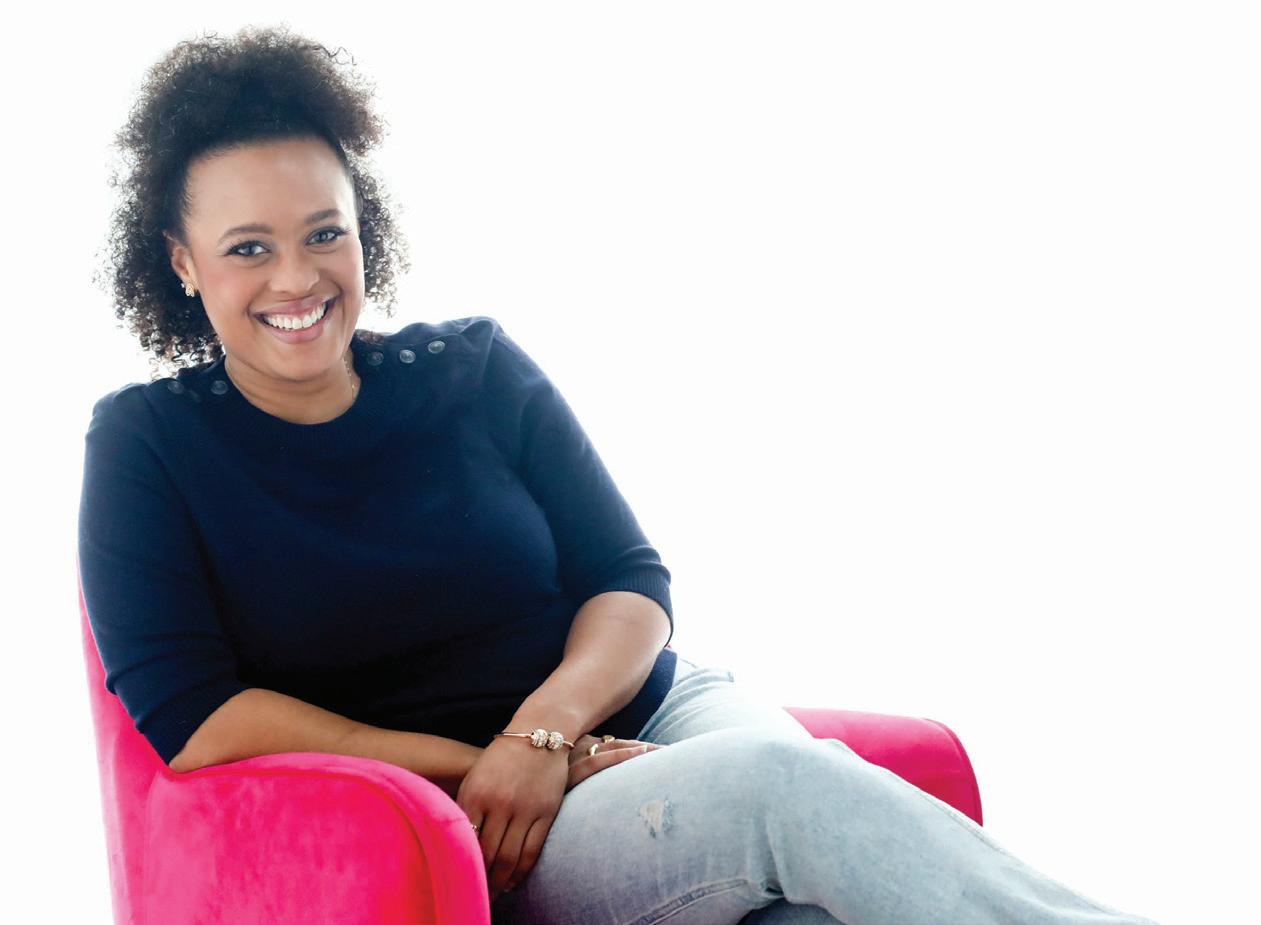
of our credit system, I could no longer abstain from it. To further my financial goals, I needed to participate, however unwillingly. Like I said, successes and setbacks.
Living a purpose-driven life is a continual practice. You have to be intentional. I thought I was honoring my value of Health/Enjoyment through my finances, and in many ways I was. I have no problem spending money on highquality meat, healthier foods, and different ways to move my body. I travel frequently, going abroad annually. But I would use things until they were on their last breath. I might see something I want when I’m out and convince myself I don’t need it. I’m working on shifting that now. One of my goals this year is to buy something I want once a month just because. No need to convince myself that it’s a responsible purchase.
Perfect Pace is another one I am actively working on. This value is very much about my beliefs and mindsets around how I use my time and energy. Am I overextending myself because I’m equating worth with productivity? Am I doing more for the sake of money? Am I using my finances to support a healthy balance of productivity and rest? Let me illustrate. In 2021, I was in a pretty bad space given some unexpected changes in my life. I took some time off work but not nearly enough to process these changes. Instead, I continued as if my life were the same. Internally, though, I was falling apart because I didn’t give myself the rest that I needed. I knew I needed a break, and was looking at Airbnb to get away, but didn’t want to spend the money to book one because I hadn’t budgeted for it. I happened to speak with my sister when she offered me a reframe. She said that this situation sounded like an emergency and that I needed that mental break. Once she put it that way, I realized how much taking that time aligned with my value of Perfect Pace. I needed this rest. I ended up using my emergency fund to ensure I got it.
It is also in my value of Perfect Pace that I start to answer the question of, “What is enough?” Determining what is enough is very personal and heavily depends on the valuesled life you imagine for yourself. For me, the concept of “enough” is having the financial ability to make decisions as only one factor, not the driving factor. It is the knowledge that I don’t have to rush into something for my
survival but can take time with my next steps. It is knowing that I can give freely to those in need without any expectation of reciprocity. It is also the ability to travel and eat or cook amazing food. As I write this, I am realizing that “enough” is not a number for me. Yes, the amount of wealth I accumulate necessarily feeds into my sense of “enough,” but I think I reached “enough” some time ago. All the ways I define it are true of my current life.
I’ve worked hard to live my life according to my values. Doing that work is an accomplishment I can truly feel proud of. It has taken building new habits, acquiring new knowledge, and deeply examining my beliefs. And it is ongoing. I want people to know that because you might see me where I am now in my journey and compare yourself to me. It took a while to get where I’m at and it’ll take more time for me to get where I’m going.
One of my goals this year is to buy something I want once a month just “because.” No need to convince myself that it’s a responsible purchase.
Last December, I went on a girls’ weekend to celebrate a friend’s birthday. She wanted us to do an activity where each of us wrote about the strengths, giftings, and natural abilities of the others. For 2 minutes we all focused on one person. For the next 2 minutes, we focused on someone else. At the end, we read our notes aloud.
What my friend said about me stuck with me. She said that I help people feel at home. When Bridget asked me, “What will your legacy be?” that’s what I thought of. When people think of my name, I want them to say, “She helped me feel at home in myself. She helped me see that who I am is enough and that I don’t have to bend to the pressures around me. I can envision and take action on what I need to do to live my best life.”

Denée Reaves is a Manager at Third Sector, a non profit working to confront inequity, and catalyze change to the benefit of the people and places our government, community-based, and philanthropic partners serve. Before joining Third Sector, she worked for the Chief of Staff at the Democratic National Committee during the 2016 Elections, for the National Political Director at the Service Employee’s International Union, and for the International program at the Natural Resources Defense Council, focusing on conservation efforts in Mexico, Chile, and Canada.
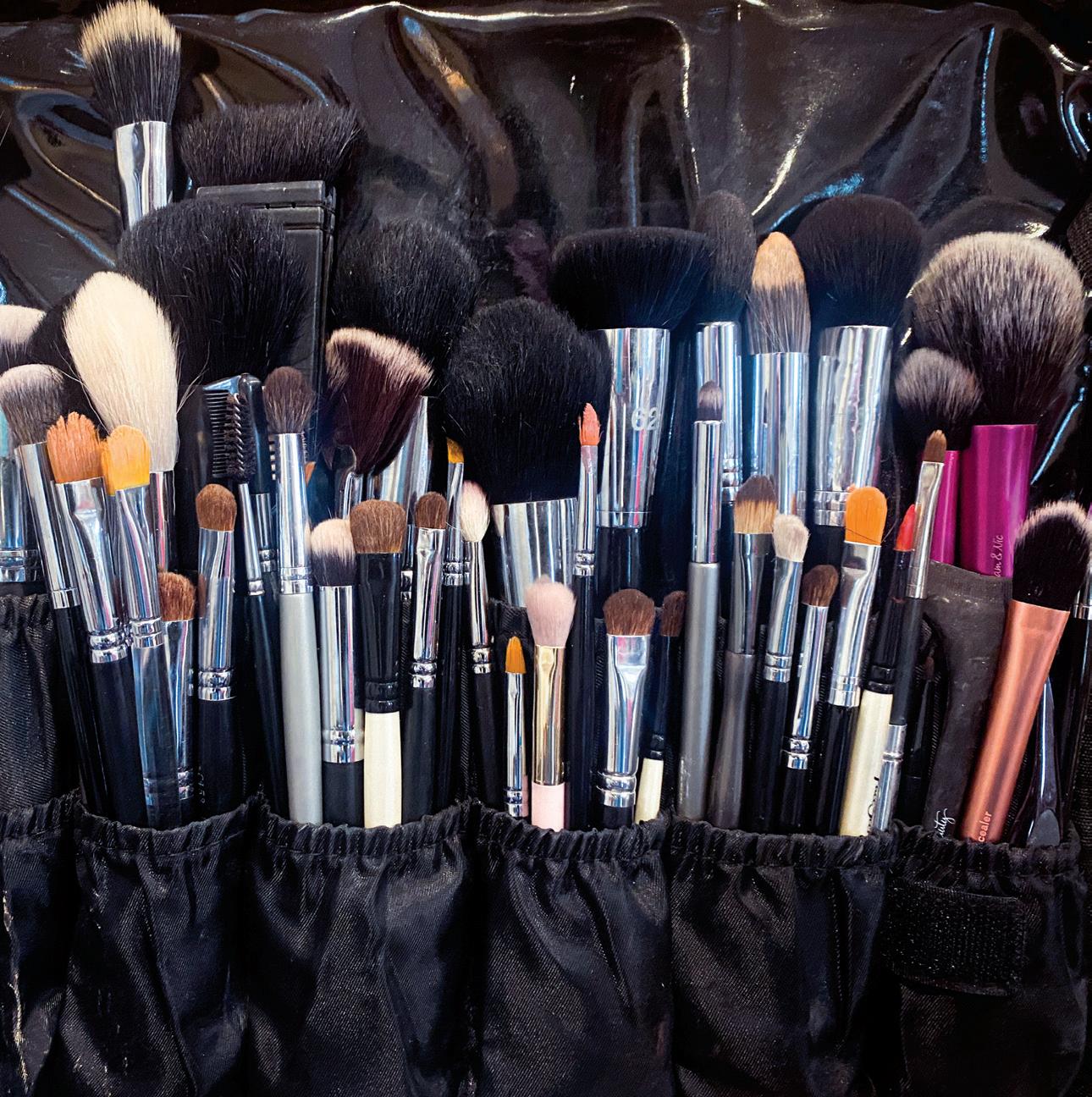
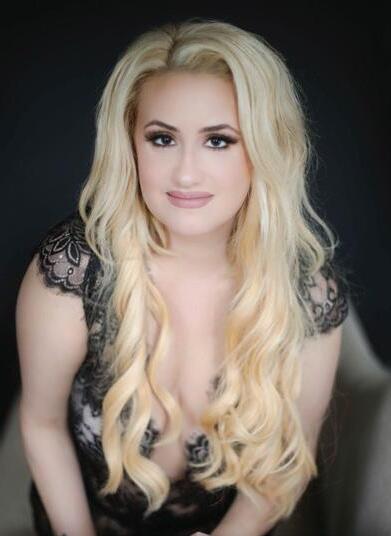
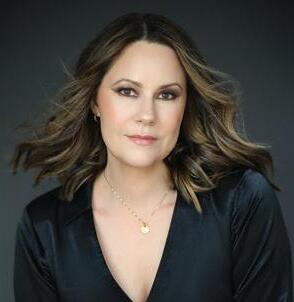
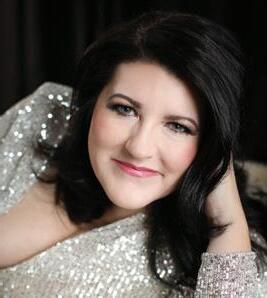

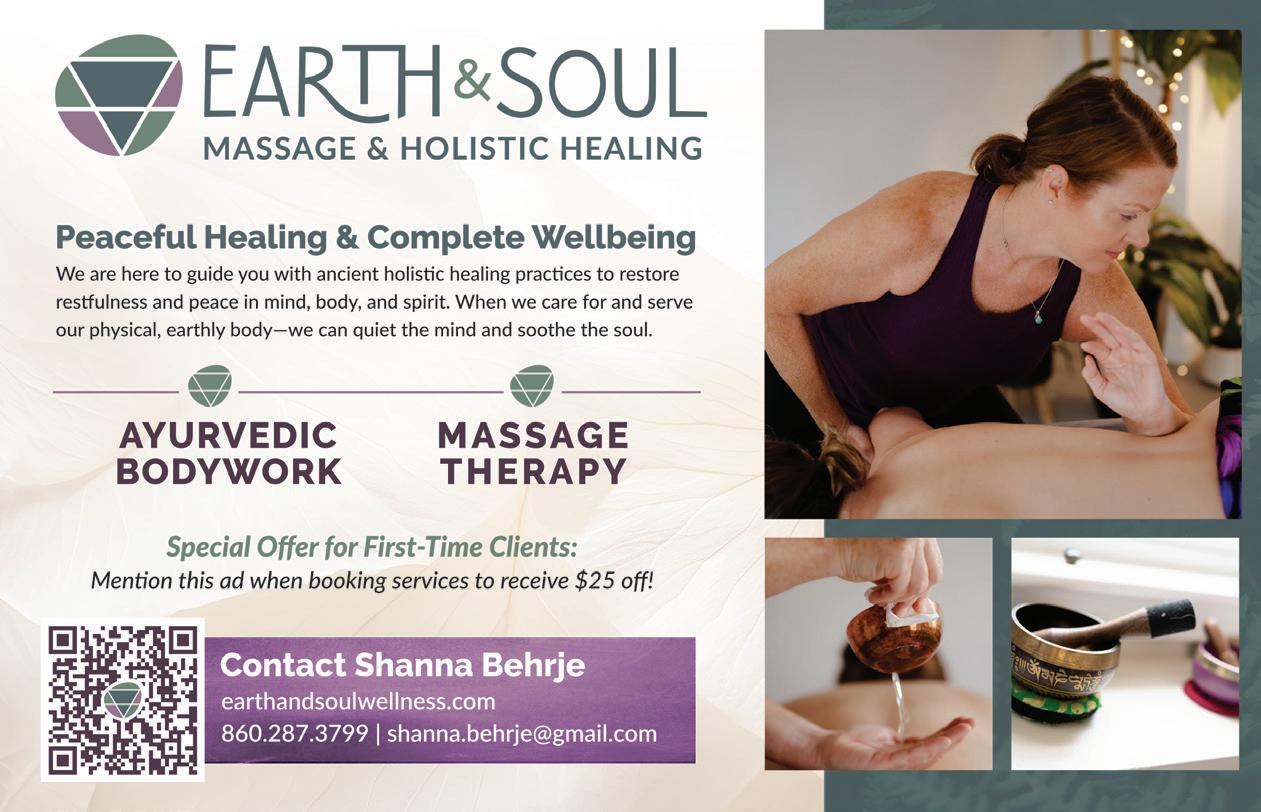
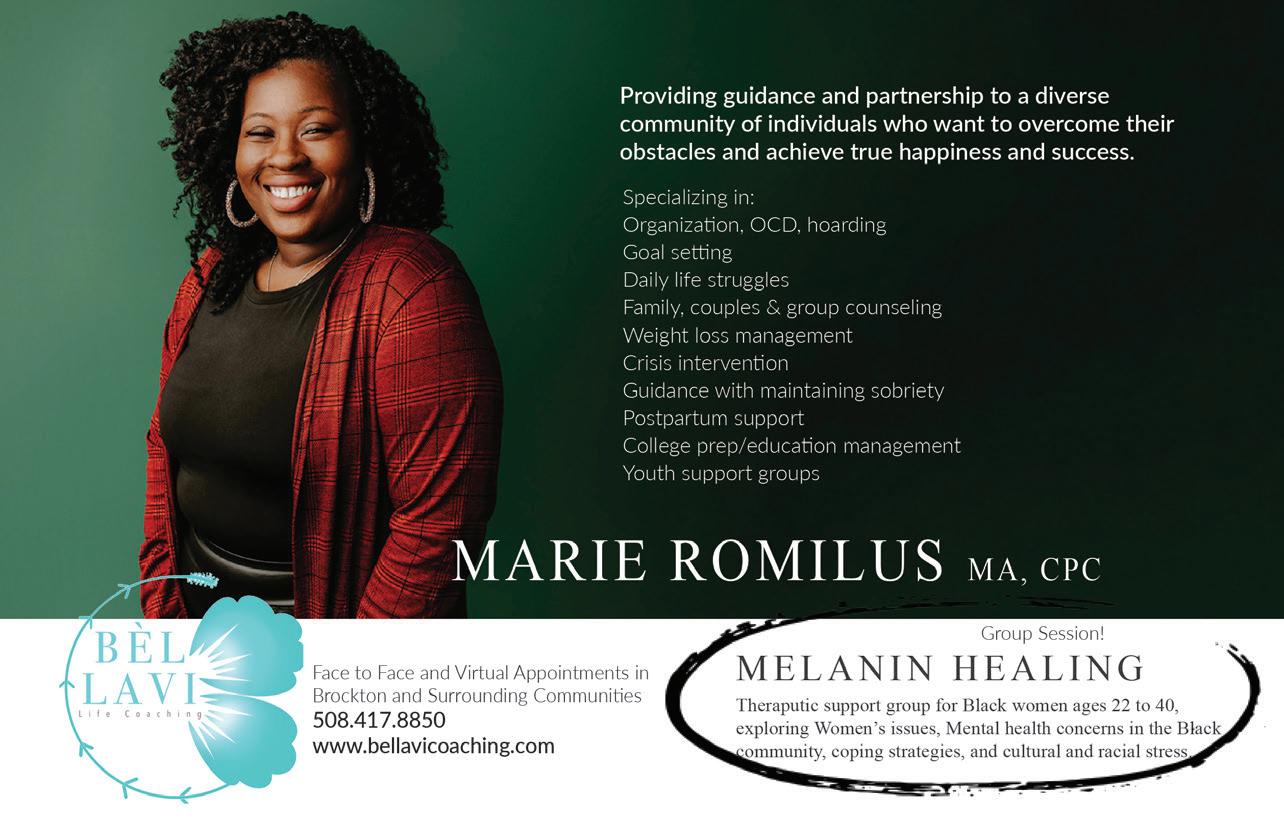
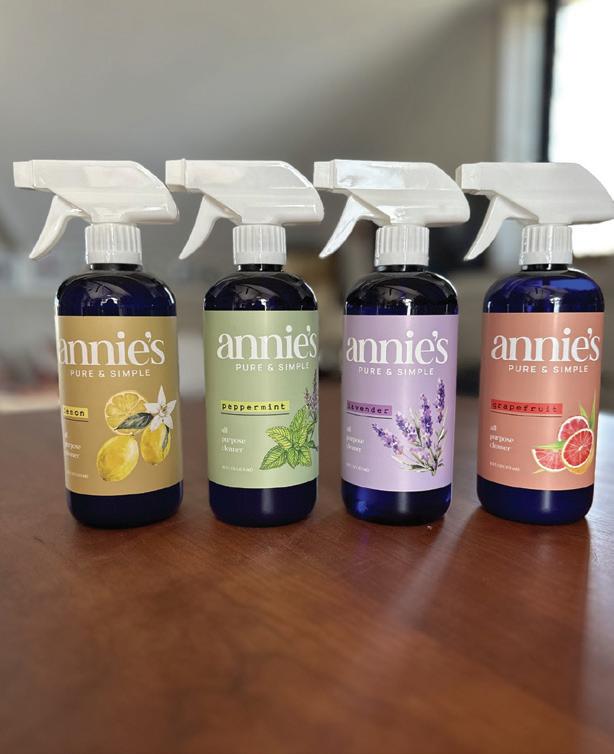
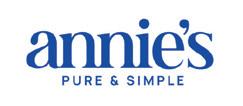
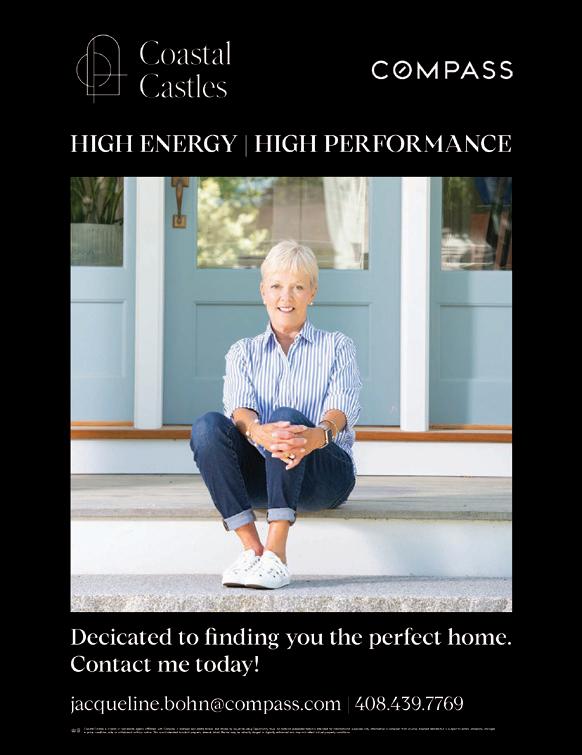
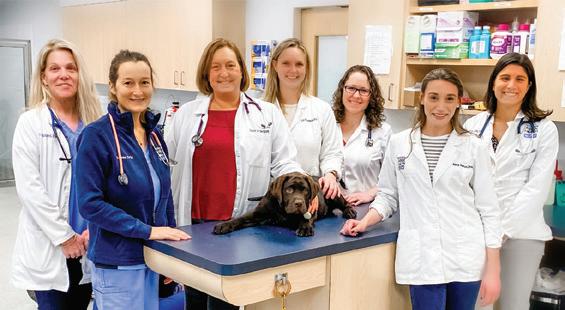


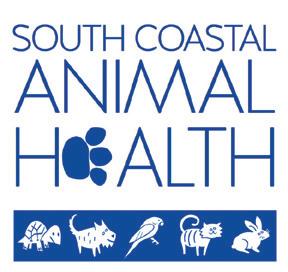
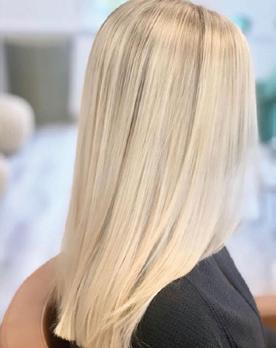
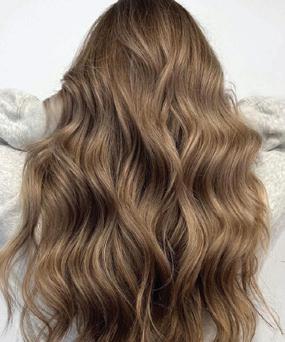
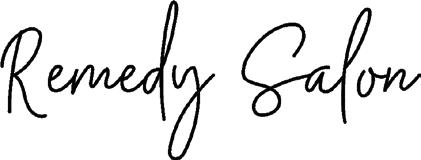
BOOKS
Exploring the Concept of Identity in Fiction + Non Fiction By Janet Bibeau + Joanne Bibeau
Whatcha Readin’?
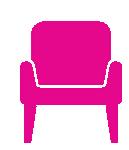
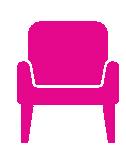
How do you identify yourself? By name? Maybe your heritage? Perhaps it's your generation that defines you? Or a relationship? Ethnicity? Gender or are you non-binary? By occupation? By faith/beliefs/values? By economic/social class? By group affiliation/ membership? By education? By prominent personality traits? Using some or all of those identifiers, consider this: Where do you plug into the world at this point in your life?
Maid: Hard Work, Low Pay, and a Mother’s Will to Survive by Stephanie Land | Hachette, 2019
“Maid” is Stephanie Land’s first-hand account of a time in her life when she was suddenly a 28-year-old single mother forgoing her dream of attending school to become a writer, virtually homeless with no emotional support and very little financial support from family or her daughter’s abusive father, reluctantly pursuing any available assistance while cleaning homes to provide for her daughter. The absolute strongest identifier for Stephanie was Mia’s Mother. All her choices were based on trying to lovingly provide for her. When she “failed” in her own eyes, it was always in the context of the impact of her actions on her daughter’s health, well-being, happiness, future. Others identified her as “poor,” the “maid,” or “demanding.”
From our years of volunteer work, we anecdotally knew of the negative impact of trying to earn more causing a large negative percentage change in the amount of daycare, housing and food assistance women would receive. Stephanie’s telling of these facts and her emotionally raw and real reactions to those facts made the truth palpable. Stephanie’s way of dealing with her panic attacks by repeating the mantra, “I love you. I am here for you” reveals her need and her strength.
Reading Stephanie’s side of the story, including the judgmental things (whether intentional or not) said to her, will hopefully prompt all of us to be more open to how we label other women.
How to Know a Person: The Art of Seeing Others Deeply and Being Deeply Seen by David Brooks | Random House, 2023
Journalist David Brooks feels that the greatest skill a person, an organization, a society can have is to possess the ability to know another person, to really see them, their identity, and to be able to make that person feel seen and valued. His book is divided into 3 parts: Part 1: I See You—the art of listening, asking the right questions, and letting the person speak. Part 2: I See You in Your Struggles—how to have the hard conversations and learn the art of empathy. Part 3: I See You With Your Strengths—acknowledge a person’s experience and their wisdom. This is a great challenge for each and every one of us!
Bittersweet: How Sorrow and Longing Make Us Whole by Susan Cain (paperback version) | Crown/Penguin Random House, 2022
Susan Cain interweaves research, storytelling, and memoir to help us explore the underlying bitter and sweet, melancholy and joy, of our experiences of longing and sorrow and then transform the “pain into creativity, transcendence, and love.”
Do you identify with a bittersweet sensibility? As Cain says, some of us inhabit the bittersweet state instinctively, others at a certain age or after facing trials and triumphs. Identifying yourself on
her Bittersweet Quiz scale may provide personal insight when reading Cain’s discussion exploring ancestry, faith, and so many varied life experiences. Cain effectively proposes that contrary to society’s push of all things sunny and positive, the bittersweet perspective can add much to our life experience. Cain offers advice for how to move through loss, allow pain to inform our leadership skills and creative side, and even how to reckon with the inevitability of death.
The Vanishing Half by Brit Bennett | Riverhead/Penguin Random House, 2020
Brit Bennett’s intergenerational, nonlinear story explores identity and the fact that how we identify ourselves to ourselves and to others can impact our present and future. Identical twin sisters Stella and Desiree grew up in a small, southern Black community where many of the inhabitants are considered “light-skin” Blacks and may pass as white. At 16, the twins run away from home. Eventually Stella leaves Desiree and pursues a life identifying as white while Desiree continues to identify as Black. While racial identity is at the core of Brit Bennett’s novel, told from multiple points of view (including each twin and each of their daughters), there are many other levels of identity including family, class, and sexual identity. Each character is searching to find their true identity. Bennett’s historical fiction novel is both entertaining and thought-provoking writing at its best.
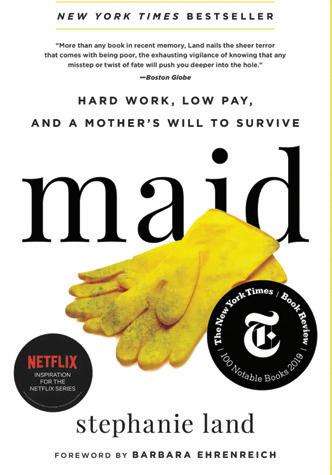
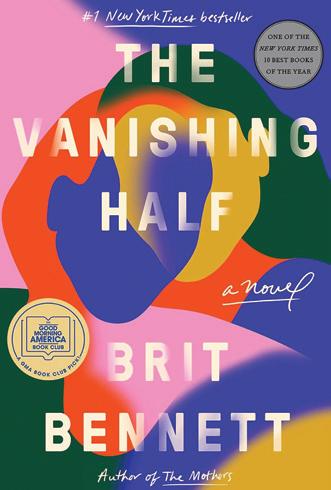
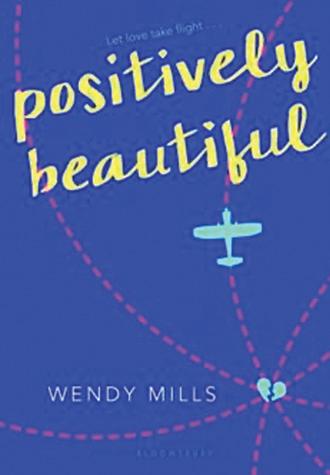
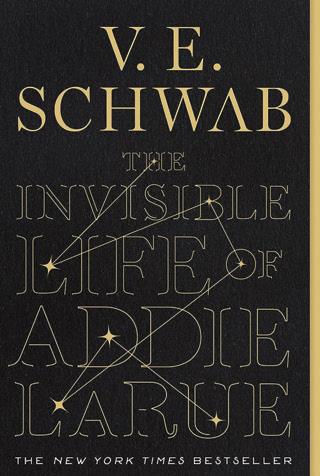
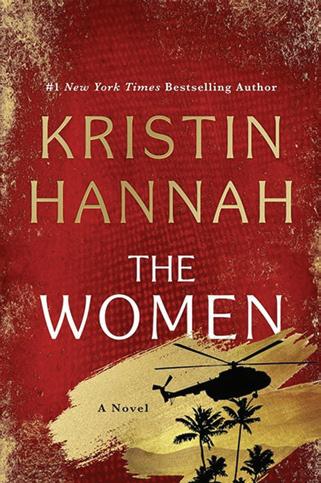
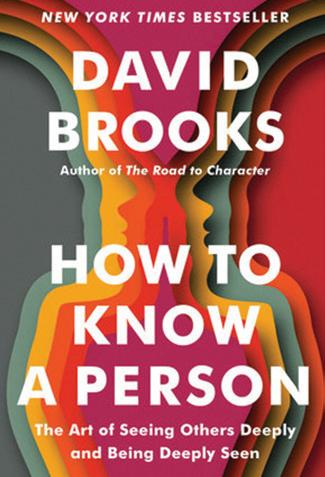
The Women by Kristin Hannah | St. Martin’s Press, 2024
At twenty years old, Frances “Frankie” McGrath makes the life altering decision in 1968 to enlist in the Army Nurse Corp and serve in Vietnam. She had always identified herself as a good Catholic school girl who would be a nurse until she met the right guy, would get married and have a family in her well-do-do California community. It was what her parents expected too. But she made the decision to enlist and could not and did not want to change it after her Navy officer brother was killed in Vietnam prior to her shipping out.
Hannah’s writing is intense and impactful and also entertaining and enjoyable. The first half of this novel takes place in Vietnam where we see Frankie identify both her weaknesses and her strengths as she is changed and enlightened. She is indelibly transformed by her friendship with two other nurses, and a love affair, and the pain, loss, fulfillment and exhilaration of being a surgical nurse. Being the last person a soldier would interact with before dying left a mark on her soul.
The second half of this novel takes place in the U.S. when she and other nurses and soldiers return to protests, not only of the war, but of them personally. Add to the anti-Vietnam vitriol, the negative reaction by family, friends, and even the veteran’s affairs office, all adamant that women had no place in Vietnam. The harsh negativity combined with PTSD (they did not know what this was and even if they did, they certainly did not consider that the nurses would suffer from it) and resulting alcoholism and drug addiction cause Frankie to question everything she identifies with and how she identifies herself to others and even to herself.
The Invisible Life of Addie LaRue by V. E. Schwab | Tor Publishing Group, 2020
A novel of time travel, historical fiction and fantasy combined with some star-crossed romance, magic and a dark Faustian bargain can make us stop and think about who we are to ourselves and how other people identify and will remember us. Addie LaRue makes a deal with a demon so that she can live her life the way she wants to. But, like most deals, there are strings attached, and those strings create
a very challenging reality for her: no one remembers her identity after they meet her. She is forgotten. Only she and the demon know who she is. Dancing non-linearly about time, the book shows Addie’s life over 300 years of history with a focus on her modern life when there is an abrupt change one day in a bookstore. Addie’s choices, decisions, actions and view of herself and her future all change when a boy in real time does remember her.
What would it be like to recreate yourself every day? What parts would you want to keep? What would you discard? How much does others’ perspective of you influence you? Just a few thoughts
generated by reading this novel.
Positively Beautiful by Wendy Mills |
Bloomsbury, 2015
This teen (and older) novel is about 16-year-old, Erin Bailey, who finds out her Mom not only has breast cancer, but also has the gene linked with breast cancer. The reader feels Erin’s anguish and uncertainty as she struggles to be supportive of her mom through chemotherapy and radiation. Erin’s father died when she was 8, leaving her to shoulder this great responsibility alone. Erin knows that she may also have this gene and is unwilling to wait until she
Meet Janet and Joanne!
I am Janet Bibeau a 60+ years old, second generation American-born woman of French-Canadian descent (both Dad’s and Mom’s family trace back to 1600s France), and the oldest of five children (beat my twin sister by an hour). I’m the organized one, the quieter one, and the worrier. I am a lifelong book lover. I earned an undergraduate psychology degree and a Master of Library and Information Science degree. Early in my professional work life, I was a daycare/ preschool teacher, and then a certified elementary school librarian. In 1990, I founded the independent bookstore, Storybook Cove. As owner/store manager, I have always been committed to matching each reader with the perfect book. While the store began as a children’s bookstore, today we offer books for all ages with at least 30% of the store’s books being for “grown-ups.”
I am Joanne Bibeau and as Janet’s twin, share the same age, ancestry and family. I am the louder/more talkative one, the scattered one, and the more laid back one. I am also a lifelong book lover! My degrees are in political science, law (JD), and many years later, in Church Management (MSCM). While I have pursued a career working in law firms, having my own solo practice/consulting office and then working in parishes for the past 14 years, I have also been involved in Storybook Cove since its inception. I am “the sister” who helps with legal issues, the website, and bookselling in the store.
We lost our mother 3 days after our twentieth birthday when she passed away from ovarian cancer at a time when little was known about fighting that version of the disease.
is 18 to find out. She feels her whole identity and future is dependent on her having or not having this gene. The story follows Erin as she makes good and bad decisions, finds ways to ease her anxiety such as learning to fly an airplane like her Dad, corresponding online with an 18-year-old who has the gene, and living a normal, traumatic high school life with friend and peer issues. This book will make you cry as you experience the mother’s and child’s anguish about the future impacted by cancer.


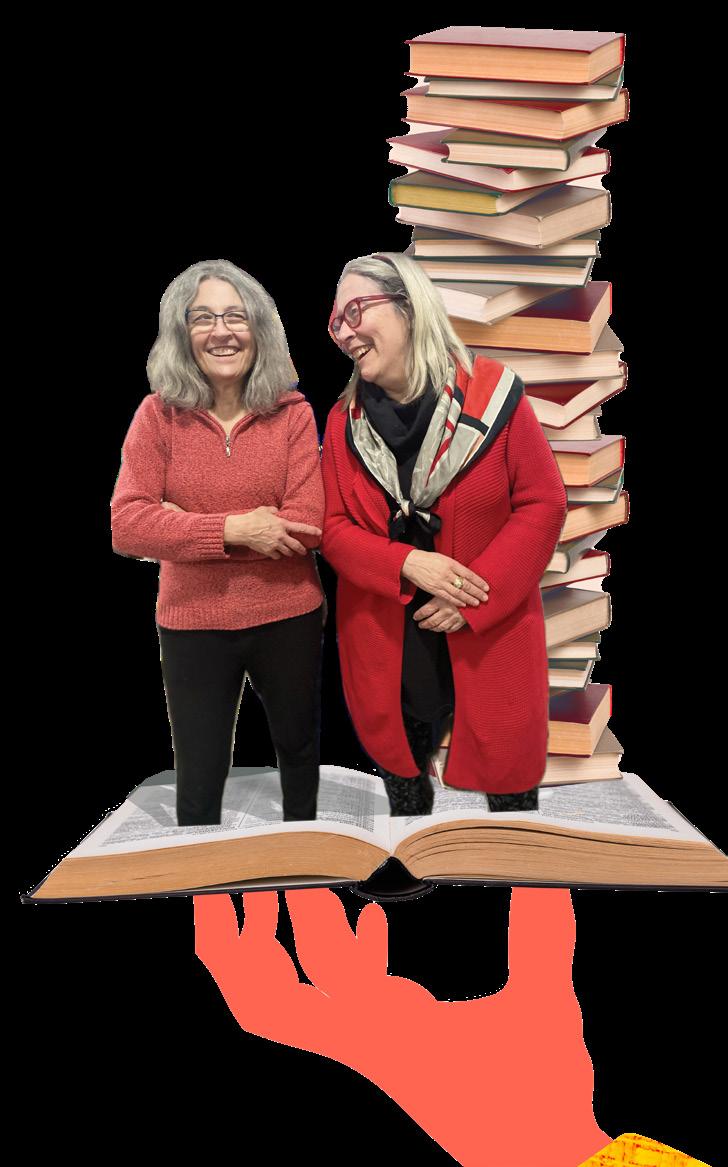
Joanne ↓ Janet →






































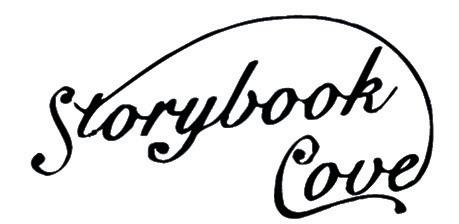









By Teresa Cruz Foley, M.ED. Founder of Brave Space Consulting
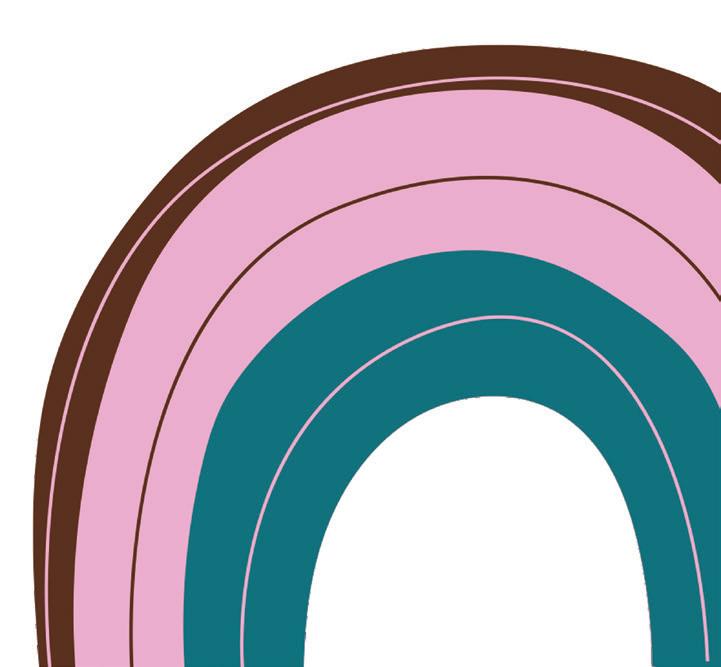
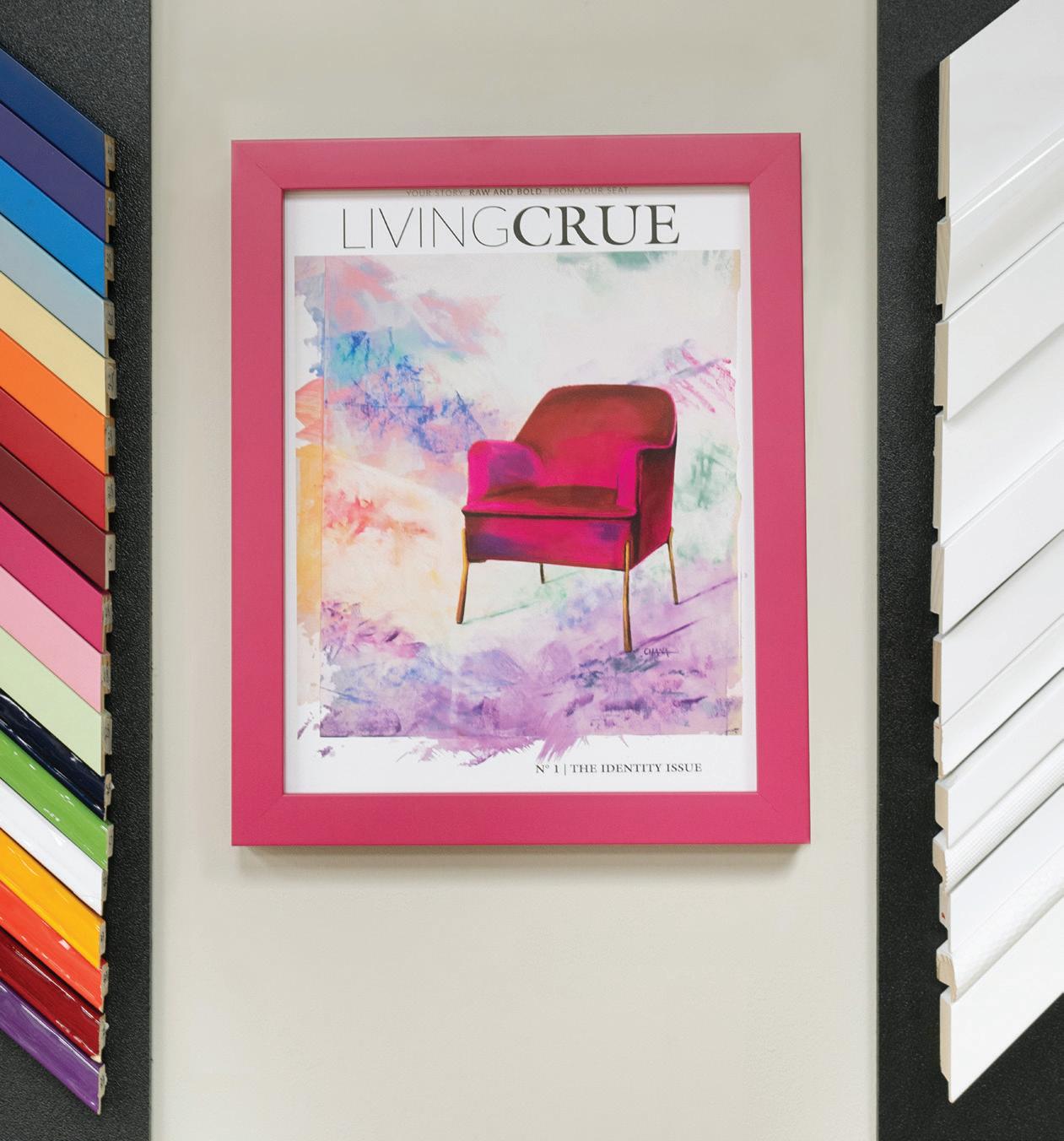
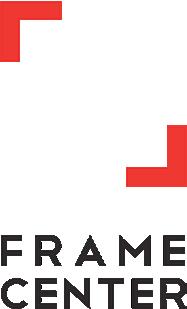
Marie Romilus belonging
Flaws and All
My mother and I are two very passionate people who love hard and will do anything for the people we love. Our personalities, however, are different. My mother presents her strength in her ability to not give a f*ck. Her ability to let people’s feelings and judgment of her bounce right off as if she has an invisible shield around her is something I admire and wish I had more of.
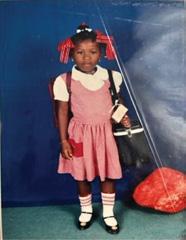
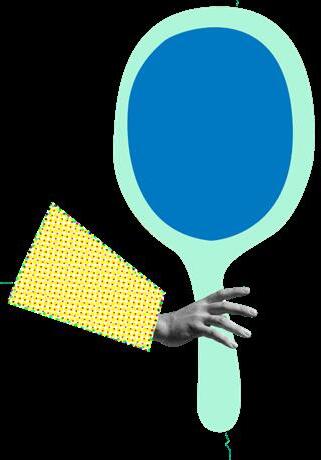
I’m an empath—I cry when I am happy, sad, excited, or whatever. I can feel other people’s pain so deeply it can increase my depression, anxiety, and often cause panic attacks. Some might call me sensitive. I would tell some to “kick rocks” as us New Englanders would say.
When I think about my identity, the first thought I have is of the relationship I have with my mother and my cultural upbringing. Although challenging at times, this relationship is very rewarding and helps me grow to be the person I am today.
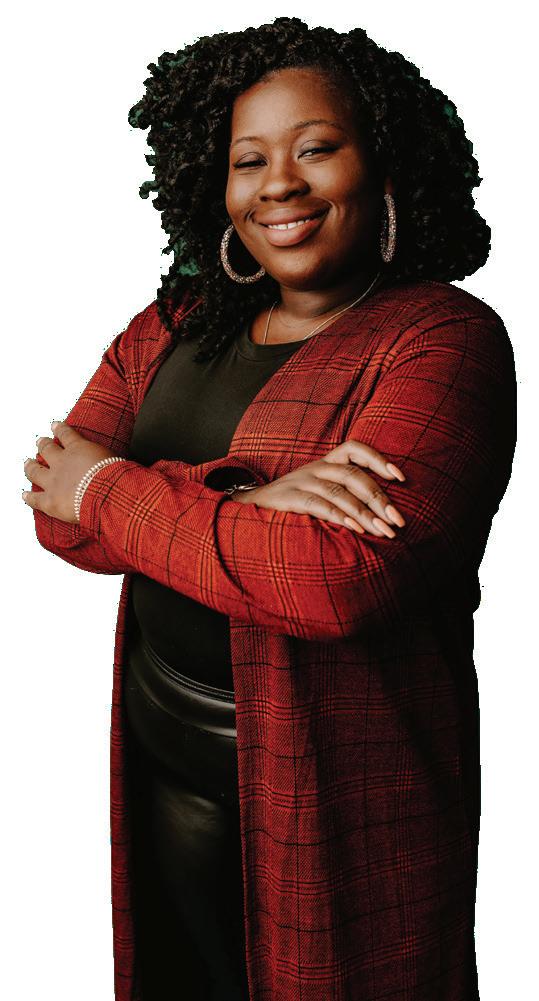
Now let’s be clear: I love my mama. She has been through so much to provide for all of us and does the best she can every day. With that being said, having such a personality clash has made it difficult at times for my mom and I to understand each other. In the Haitian community, expressing dissatisfaction to your elders is disrespectful, so expressing any dissatisfaction is often not well received by my parents, specifically my mother. I used to tell myself I would never do certain things the way my mother did. I spent so much time trying to convince myself of this I missed the fact that I’m already like her.
Accept your flaws
As a therapist, I know part of loving who you are is accepting yourself. I also know that some things are easier said than done. If you have read any of my previous stories, you may remember me opening up about my struggles with loving and embracing my culture and melanin (if you didn’t read them, what are you waiting for? Pick up our other issues and sit back with a glass of wine).
The journey to loving myself has been long but very worthwhile. Aside from learning to love my culture and melanin, I also needed to love my flaws. We all have those things we hate about ourselves when we look in the mirror and pick at our imperfections and question our self-worth. When your environment consists of constant critiques, you begin to critique yourself constantly before others can do it for you. Our imperfections are part of who we are. We are a combination of our assets and flaws.
Have you ever made light of your trauma? When my siblings, cousins, and I would get together, we would often joke about the traumatic things we went through as children. “Remember that time so-and-so whooped your a** for missing the school bus?” We would all burst into laughter, amazed that we ended up somewhat “normal” if you can consider all of us having anxiety as “normal.”
I told myself when I was younger that I would never allow myself to end up like my parents. I hated the strict cultural expectations that made it difficult for me to express my feelings and have those feelings validated. I was 15, a sophomore in high school with an
eating disorder, going from binge eating to starving myself for several months so my mom and my aunts would stop commenting on my weight. I went from 180 to 120 pounds in one summer, and my mom and aunts expressed how proud they were of me; however, once I hit 120, I now became “too skinny” and a different level of criticism began. My senior year of high school, while sitting at the kitchen table eating breakfast, my parents started joking about my weight and how I had gained some pounds. I threw my plate and yelled, “I am F***ING DEPRESSED!” My mother questioned what I had to feel depressed about because my life was excellent compared to hers growing up in Haiti. My feelings were often invalidated with these comparisons. I vowed I would do something different with my children. What my mother and aunts didn’t understand is that the more pressure placed on me to be a perfect size, the more I was unable to focus on the positive things about myself because I was so focused on getting to a certain level of perfection that I now know is not realistic.
Expectations are premeditated resentments
We often base our perception of happiness on how much we succeed at our goals and meet expectations set by others. What happens if those expectations aren’t put in place for a good reason? I could spend time explaining the long-term effects of slavery, decolonization, and the systemic racism that contribute to the lack of ability in the black and brown community to be welcoming and knowledgeable of the effects of mental health and gentle parenting. But I will let you research that for yourself.
Have you heard of gentle parenting? Gentle parenting is a parenting style that is more peaceful, positive, empathetic, and respectful. Parents who gentle parent focus on understanding their children’s emotions and needs. Gentle parenting was not a thing for my Haitian household. An authoritarian style of parenting consisting
of brutal honesty and little empathy ran my house more than 80% of the time. My mother and aunts could expect me to be slim, but for what reason? I’m sure it was so I could be healthy, but the way the expectation was communicated to me was that being slim made me beautiful and likable, which to me meant I was not good enough. I wasn’t beautiful or likable if I wasn’t slim.
Imagine this, what if instead, my family communicated to me how beautiful I already was in my own skin? What If they encouraged and even participated in fitness activities and stressed healthier eating habits? This would help me maintain a healthy weight and become naturally confident. Instead, I focused on extreme weight loss solutions, acquired an eating disorder, and felt a hate/hate relationship with my body and food.
You can’t deny who you are I spent so much time focusing on implementing positive parenting styles that strayed away from the parenting style of my Haitian culture, that I failed to pay attention to the fact that I had absorbed both the positive and negative parenting styles that my parents taught me.
The first time I yelled at my son, the guilt ate me alive. I felt so horrible for yelling at him for something small that I spent several days trying to make it up to him. Now mind you, he was two years old and forgot about me yelling seconds after I yelled. But I was so focused on avoiding some of the parenting styles my parents had utilized that I beat myself up over yelling at my son after he threw his sippy cup for the 40th time and refused to eat his meal, wanting only fruit snacks.
After weeks of discussing it with my therapist, other moms, and posting on mom’s groups on Facebook, it became clear to me that I was holding myself up to an unrealistic expectation. Parents aren’t perfect—everyone yells sometimes or feels overwhelmed. By allowing my guilt and fear of being like my parents to take over, I was failing to teach my son
about the realities of life. I need to teach my son that his parents aren’t perfect— that he deserves an apology so he can learn how to apologize to others if he ever behaves negatively.
Becoming a parent has allowed me to connect better with my mother. I became more understanding of her ways, based on our Haitian culture and the strict upbringing that she experienced. My parents did the best they could with the tools they had available to them and the parenting that they received.
It became important for me to identify the negative parenting skills (as much as I had tried to deny them). I can address them instead of holding myself to a certain standard that is unrealistic.
When you live in denial
Sometimes we use denial as a coping mechanism because the truth is too hard to face. When we remain in denial, it is our unconscious trying to protect us from discomfort or anxiety. I thought that if I denied any negative traits and behaviors I obtained from my parents, then I wouldn’t end up like them. But instead, my denial created great anxiety and distress when it became clear to me that, at times, I was just like my mother.
When I explain my personality, I start off by letting everyone know 1) I am a Virgo, 2) I’m the oldest daughter, and 3) I’m Haitian. If you know anyone who falls within those categories, then you can probably get a sense of my personality. I also make it clear that 90% of the time I am a very calm, fun-loving, and accepting person. But 10% of me, if you get me angry, might go from 0 to 100 real quick with a storm of emotions. I have learned to love that 10% because she is passionate, her heart is so big that she would give everything she has to protect the ones she loves and those in need of support. Without acknowledging and owning that 10%, I would keep living in denial and making excuses for my negative behaviors instead of working on improving them.

Tess Cruz Foley equity diversityequityinclusion
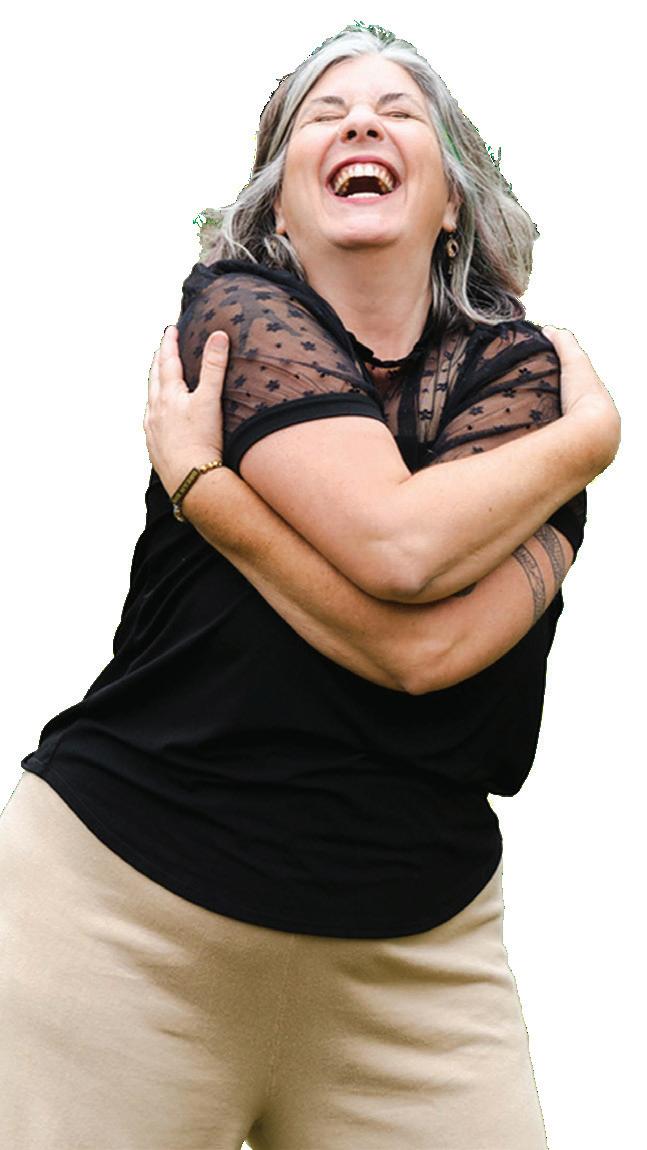
A Love is Love Story
When we see members of the trans community in the news, it’s often about them being attacked, murdered, or attempting to read books to children in libraries, which seems to be as controversial.
This piece is not about the trans right to exist. It’s not about the danger they face every day. It’s not even about the legislation that perpetuates and protects the hate and violence against them.
This is a thank you letter.
I grew up in the Evangelical “Born Again” Christian Church. I was imbued with the belief that having premarital sex was the surest way to ruin your life and that being gay was the surest way to lose your salvation. Identifying as a gender you weren’t assigned at birth could not even be considered. These were a people to be feared.
As a teenager in the 1980s, I attended a multi-media event with my church’s youth group. The purpose of the event was to describe how deplorable it was to be homosexual. We learned that golden showers (peeing on each other) was a common practice among the lgbtq+ community to emphasize how depraved the lifestyle was. I later learned this wasn’t necessarily true or exclusive to the LGBTQ+ community. I don’t remember where I first learned the idea that AIDS was God’s punishment for homosexuality. I believed all of it, though. A dutiful Christian girl, I accepted the teachings to condemn all who identified as anything other than monogamous heterosexual. We didn’t call it hate, but I felt hatred and disgust in my heart for an
entire community of people who had the courage to come out.
Years later, at our weekly group at their house, our college church leader very carefully, very strategically invited us to question the teaching that the LGBTQ+ community didn’t belong in the kingdom of heaven. I remember the absolute venomous pushback he received. People stopped coming, others continued coming to heckle his every word, no matter the topic. Eventually, the group stopped meeting. I am so grateful for this man’s courage to speak on the topic. He gave me permission to expand the beliefs I’d been given.
I attended the very conservative and academic Wheaton College in Illinois in the 90’s. It was known as the Harvard of Christian Schools. We were often reminded that we were the cream of the crop. I remember having lunch in the cafe with a new friend from English class. She confided in me that she and her roommate were attracted to each other. She told me that they were trying to resist their urges, because at least partly, they believed it was wrong, and because they would have been kicked out of school if the administration found out. I remember her telling me they were trying to stop at “grandma kisses.” I’m very relieved to tell you that my overwhelming feeling when she confided in me, was honored. She felt safe to share her story with me.
Little by little, I began to question more and more of the church’s indoctrination so deeply planted in my early conditioning. I began to notice those teachings of the church that were in direct opposition to the teachings of Jesus. I slowly began to extricate these teachings from my worldview. I still struggle with some of those old beliefs and how they play out in my view of myself and my role on this planet. Eventually, I left the church because it began to feel more like a patriarchal institution than a safe spiritual community. Among other specific reasons, I did not want to be where the LGBTQ+ community were not welcomed.
A decade later, in a multi-cultural psychology course for grad school, I chose LGBTQ+ youth as the population
to learn about for my cornerstone project. I attended the Boston Alliance of Gay, Lesbian, Bisexual and Transgender Youth (BAGLY) meetings, where teens squeezed together on a couch and shared their stories with me. Most of them had come out to their parents by age 15. These kids had done so much introspection, so much tuning in and aligning with themselves. They bravely chose authenticity over fitting in. It was a profound lesson for me. I was in love with them, in awe of them— maybe a little envious. I wanted to know what it felt like to be aligned like that. I wondered what thoughts I would have about myself if my brain hadn’t developed inside the configns of the Christianity I was taught. I wonder how differently our world would look if more people chose authenticity and alignment like these kids. These masters of a practice I knew little about. they influenced me to find my way to align with myself more deeply.
To the LGBTQ+ community: You are still my soul’s teacher. I appreciate you for existing. I think about Nex Benedict, the nonbinary 16-year-old who died early this year after a beating by classmates in their school bathroom in Oklahoma. Nex should be alive. Their death was a senseless, avoidable tragedy.
My precious trans friends and family, you are heroes to me. I’m so grateful for your courage and I am blessed by your existence. I appreciate you for getting up every day. You are a gift to me and to this planet.
Trans people, in my opinion, represent the highest form of alignment with true self. To me, this makes them the best humanity has to offer. Their existence inspires me and encourages me to be my most unapologetic self. Their influence frees me to be the fullest expression of myself.
There is so much value in the perspective of someone with lived experience as both genders. These souls have something precious to offer our culture. I want to hear about your experiences and perspective. I have so much to learn from you.
A few years ago, I started an LGBTQ+ Pride group in my town on the South
Shore. As a cisgender (someone who identifies as the same gender they were assigned at birth; someone who is not transgender) and a woman who has only had cishet (both cisgender and heterosexual) partners, I’m sure people wondered why I started the group. For one reason, I started it because our town needed it. In a community listening session, I heard from LGBTQ+ youth in our town about their treatment in school. The unrelenting harassment, the threats that were carried out, and the school administrators who turned a blind eye. LGBTQ+ kids are not safe anywhere in our country.
I was an activist before organizing Bridgewater Pride. That work is important and necessary. My hope for Bridgewater Pride is to build a community for myself as much as for others. I want a community that affirms each other’s unique identities. I want a community of people who’ve done the heroic work of aligning with themselves, come what may. I want a community that supports, protects, and celebrates all expressions of gender and love. One of my favorite friends in the group often says, “I got your back.” Those words bring a comfort to me that’s hard to describe.
And as far as my own identity goes, as someone who’s only experienced cishet partnerships, and been disappointed every time, I would like to try something else. I claim the freedom to explore attraction wherever it lands for me. Maybe in what I think of as more evolved generations, pansexuality (attraction to people of all gender expressions) will be the norm. It makes more sense to me than compulsory heterosexuality.
I have so much to learn from people who dare to be their truest selves in a world that condemns this form of authenticity to death.
Precious community, thank you for being here. Thank you for your impossible courage. Thank you for your hard-won wisdom and your priceless perspective.
Love,
Your student, your fan, your people. Tess
lgbtqia+ Sam Correia
Collective Futures
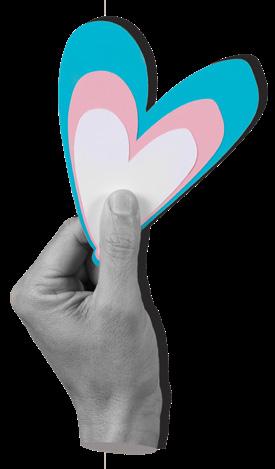
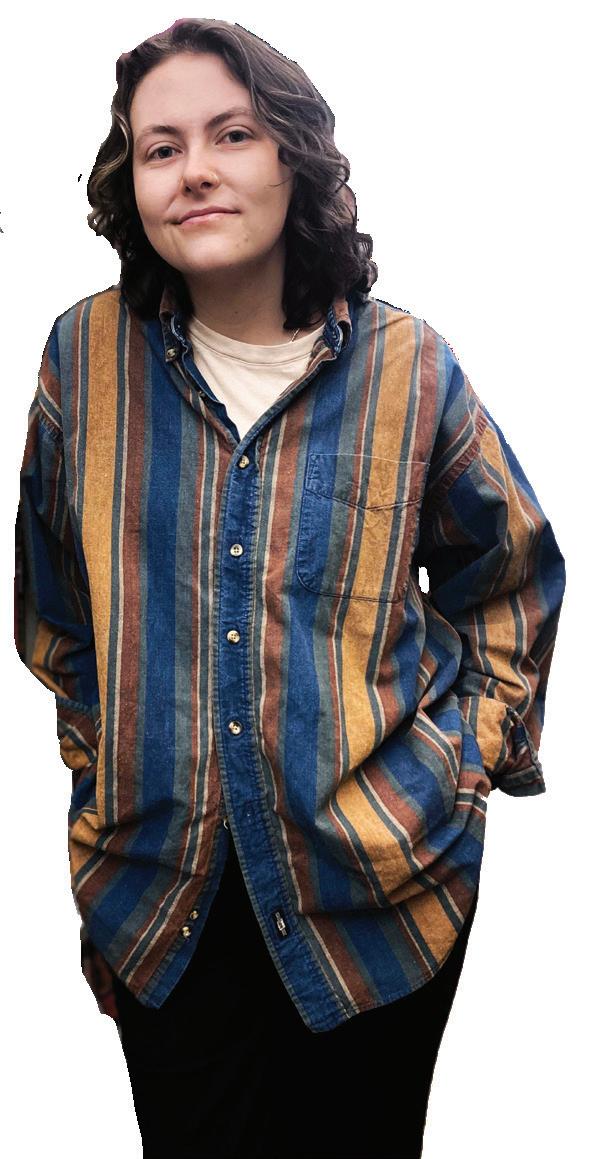
There’s a group in Rhode Island called the Rhode Island Women’s Association (RIWA) that I’ve been tangentially involved in for a few years now. The group started in the ’70s as a way for lesbian women in New England to meet and be social. Many of the queer elders in my life are from this group. There are affinity groups like these everywhere if you know where to look.
I attended an RIWA hosted dance recently, and immediately recognized people as I walked into the dance hall; Elders who I’ve interviewed through oral history projects and some that I consider family. There’s a DJ and a dance floor and a bar. People sitting at tables around the room, chatting. Some people in this room have been to the March on Washington for Gay and Lesbian Rights in 1979 and testified in the Rhode Island State House for marriage equality in 2013. I sit with friends, make new ones as the night goes on. I watch the couples, many of whom are in their 60s and 70s, dance and sway to the music. And I think about the future. The future that I have and the history that this dance provides. I think of the amount of joy present in this room I know I want to write about community in this column. I spend a lot of my time in my job and my personal life thinking about community and what the future of community could look like. What defines a community, and what are the intersecting communities in our own lives? How do we define belonging? How do we feel more connected to others, and most importantly, how do we help each other?
Of course, a community can truly be anything—a book club, a running group, your neighbors, a religion, a cultural identity. Community is a core value for me: Meaningful connections but also on-the-ground direct action. When I am mentoring LGBTQ youth, building oral history projects to interview elders, or creating a social group for queer folks, community tethers me to a place and
time and to the people around me. For better or for worse, I only know how to define myself in the context of others. I thought about what a love letter to my queer community would look like. How do we make our queer community more expansive, liberatory, and vibrant? How do we work towards the collective liberation of not just the cis and white queer people but all queer folks? What does our joy look like?
When I think about the modern-day queer community, my queer community, I think about Sapphic Nights at local Providence bars, the new LGBTQ bookstore that just opened (Lavender Lit in Attleboro, check them out), Cubbyhole, Provincetown, the art that graces the walls of Small Format, a coffee shop on Wickenden. I think about how I can gorge myself on queer media. We are in a time when we aren’t lacking for shows and movies and books.
But I also think about Transgender Day of Remembrance, about Rita Hester, and speaking aloud the names of the trans women of color who are killed each year. Rita Hester was a trans woman who was killed in her apartment in Allston in 1998. Her murder is still unsolved. This day was started by trans activist Gwendolyn Ann Smith to celebrate Rita’s life. And in Allston, MA where Rita lived, the artist Rixy created a stunning mural of Rita.
I think about Nex Benedict, a Choctaw teen from Oklahoma who died on February 8th of this year. Nex was bullied relentlessly at their school, and died the day after being beaten by three older girls in a school bathroom. Their death is getting national attention; communities everywhere held vigils for Nex, including here in Boston, and at the famous Stonewall Inn in NYC. More than 40 of Nex’s classmates at Owasso High School walked out of school on Monday, February 26th to protest the school’s bullying policies and lack of action. People are coming together to celebrate and remember Nex’s vibrant life. Nex deserved better from adults, from legislators, from their peers. Nex should be alive.
I think about the murder of Brianna Ghey, a 16-year-old British trans girl murdered in February 2023. She was fatally stabbed 28 times in a premeditated attack by two classmates. The Prime Minister of the UK made an anti-trans joke while Brianna’s mother was visiting Parliament. He has refused to apologize.
So often the lives of LGBTQ folks are framed in tragedy. We need to defend our trans students, but we need to protect our Native children, our Two-Spirit children, and all trans children of color. The harm done to trans people of color so rarely makes national headlines. I think about all of the direct action and mutual aid projects that LGBTQ folks are dedicating their time and energy toward. Have you heard of The Transgender Emergency Fund of Massachusetts? They provide assistance to low-income and unhoused transgender people living in MA. This work in mutual aid started with the AIDS epidemic. Queer folks in the ’80s cared for one another with resources, hospital visits, food deliveries. Community care at a time when now one cared about them.
This past year, I’ve been lucky enough to be the Project Director for the South Shore LGBTQ Oral History Archive (you can see the archive and listen to the stories at SouthShoreLGBTQArchive. omeka.net). A grant from Mass Humanities in Northampton, MA, funded this project. It’s been meaningful to me to watch LGBTQ folks of different generations have engaging conversations about their identities and communities. Two of the folks we interviewed were volunteers for the AIDS Action Committee, a Boston-based mutual aid group started in the ’80s to help people suffering from HIV/AIDS. The AIDS Action Committee still exists and is part of Fenway Health. We learned about the Buddy Program, an initiative to give folks with HIV/AIDS someone to talk to and connect with. We also discovered the story of a storefront where volunteers would give out vitamins to people for free and offer acupuncture care, because
these treatments weren’t available. When it comes to queer history and activism groups during the AIDS crisis, people might be more familiar with New York’s AIDS Coalition to Unleash Power (ACT UP). They created the now-iconic shirts that read “SILENCE = DEATH” with a pink triangle above it (used without permission by Target last year during their Pride Month campaign— rainbow capitalism strikes again).
With this column, I will spotlight current topics and issues map them against queer history. I will talk about the future of our communities, movements, and society. I want to talk about how our present and past get us to this collective future that we dream about. I’d like us to walk together through the lives of the people who make up these archives. Shake their hands, thank them for their work, walk through the halls of the lives they created.
I’d like to ask our elders for support and guidance as we march forward. As our books and our healthcare and our rights continue to be stripped away, we can use their advice about how they fought. I owe a lot to the queer elders in my life. To see how fast things have changed, you’d get whiplash. Forty years ago, this was all an impossibility. I’m lucky to have queer elders in my life at all. Most people don’t get that.
I’d also like to analyze my personal stakes in queer history. Why do I care so much about it? How can we be critical about our engagement with queer history? How do we commit to learning and unlearning, to commit to being anti-racist in our queerness? How do we show solidarity with other marginalized identities within the queer community? How do we use queer history to build a queer future?
At the center of my work, I believe in bringing our whole selves to the front lines, being present and working toward collective liberation. Because we’re nothing without each other. May we make the history we want to see in the world.

Regan Roderigues aging
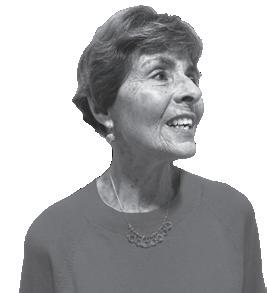
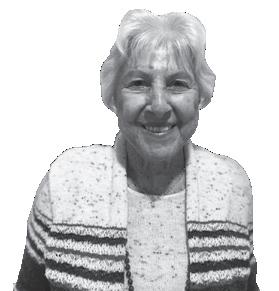
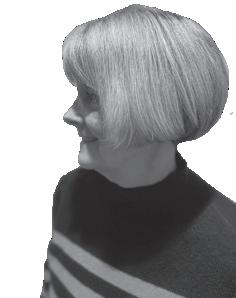
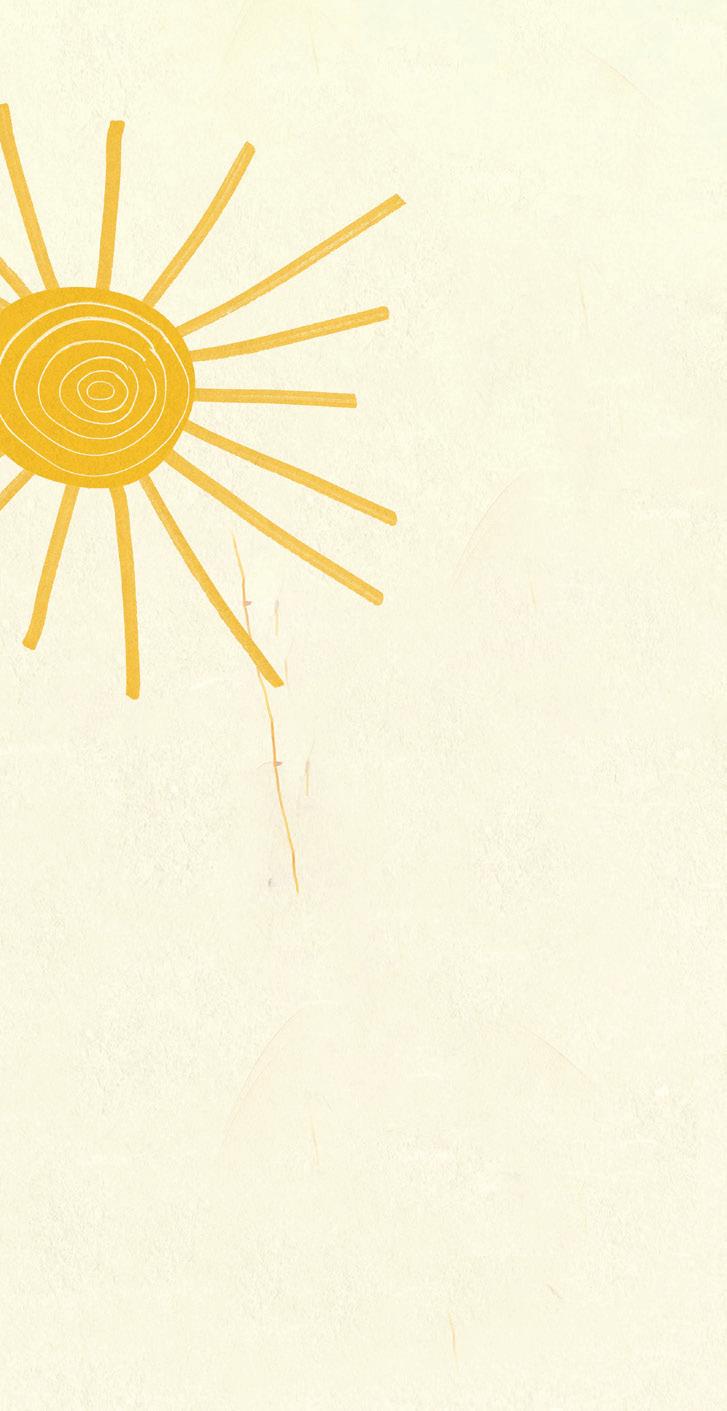
Beyond Age: Unveiling the Invaluable Worth of Older Women
In a culture fascinated by youth, it seems if we could redirect our gaze toward the immeasurable worth and wisdom that older women, we could measure the wealth of experience and resilience they provide. With roles extending beyond stereotypes and encompassing a spectrum of societal contributions, older women enrich communities with their unique perspectives. It is high time we recognize and celebrate the profound impact these women have on shaping our collective identity—fostering a more enlightened society. Older women carry a characterized and stigmatized identity in society. More often than not, female identities are tied to motherhood and careers—what happens when those roles change? Does a woman lose some of her worth?
The older generation was once highly respected, revered for their wisdom and experience. Apparently, admiration and respect are reserved only for the older men vying for control of our country. What do real women feel about being the age they are? Do they welcome it? Hide it? I decided to ask a few women I find amazing, inspiring and fun. We all have a history.
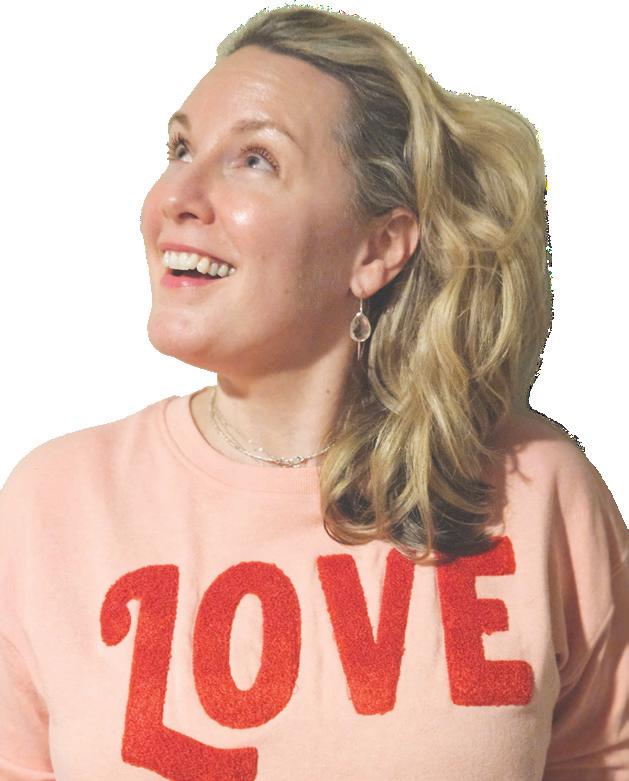
I met Betsy through the Duxbury Senior Center Golf League. Easygoing and adventurous, she’d be the perfect road trip companion. Betsy has a wonderful laugh!
How would you describe yourself?
I think of myself as a go-with-the-flow kind of person. I don’t like conflict but will not back down if I feel strongly. It’s important to stay current and be able to look at both sides of a viewpoint, respecting others’ thinking while also respecting my own. I try to be someone most people would be happy to be around. I try to be someone who is learning all the time. I have been very fortunate in my life; I have a loving husband, 2 beautiful daughters and 4 wonderful grandchildren. Everyone is healthy, happy, and productive. What more can I ask for?
How do you think others would describe you? That's a tough one, I'm not sure. I would like to be thought of as honest, kind, and with judgment that can be trusted. I guess we don't know until someone questions it, right?
I have sought your counsel many times and
trust your judgment implicitly! Who has influenced you the most?
I am lucky to have had 2 amazing female influences in my life, one I grew up with and one I met as an adult. My mother was a highly-educated, forward-thinking woman. She was intellectually curious, always wanting to learn something new. She was much more “be who you want to be, do what you want to do” than what was the norm during that time. My mother taught me to stand up for myself and understand the importance of selfsufficiency and not sacrificing yourself for others—you never know what life will throw at you. She was the sweetest, kindest woman you would ever want to meet. My mother never had to work but always volunteered and gave so much of herself to others. I think she learned much about herself doing for others.
I met my friend Eleanor while I was working as a dental hygienist. She was 85, a riot, and great company. Eleanor taught me we can be all things without it being a problem—funny, progressive, kind. She taught me how to make jam! Eleanor was a cool lady.
What are you most proud of?
I have the “Do unto others as you would have them do unto you” mindset. Trying to be a good person in general, not only to my family but to others.
Caren B. Age 79, Gemini
Having worked as a labor and delivery nurse at South Shore Hospital, Caren has touched the lives of many. Her hair and nails are always on point.
What are the most rewarding things about getting older?
As I approach my 80s, I stand (or often sit) on the solid foundation provided by the love and attention of my wonderful family. However, they can never fully comprehend the reality of the emotional and physical process of aging. Fortunately, my life is filled with girlfriends who are my faithful and constant companions on this journey. My family fills my heart, but it is my girlfriends who nourish my soul. We understand the unexplored territory of
getting older. Together, we are a force.
Agreed. Girlfriends offer a love and support like no other. I can only imagine the fun and laughter your group has when together! What are the most important lessons you’ve learned in your life?
Life is continuously filled with lessons, but I see them more profoundly as a “senior.” Every grey hair represents experience. A story. Those stories bring wisdom. I have mellowed. (I am certain this is appreciated by my friends and family.) I have learned not to take myself or life too seriously; everything changes with time, often unexpectedly. I wasted valuable time and energy worrying about circumstances in my life and my children’s, over which I had no control. Oh, to recapture that misspent time and energy! Now I pause and appreciate a moment in time, having learned to live in gratitude, appreciating the treasures in my life, past, and present.
What are you most proud of?
I assume most mothers give a similar answer: My family. My children, two sons and one daughter, all of whom were gifted with intelligence, balanced by quick wit. My husband Bob and I (before he passed) liked to joke we had a modicum of influence that contributed to their evolution into loving responsible adults.
Lucy D. Age 80, Scorpio
Lucy is a longtime volunteer at the Duxbury Senior Center. She can be found at the front desk on Wednesdays. Her peanut butter fudge is legendary.
You worked as a nurse for many years, what made you go into that field?
As a freshman in high school, I visited my uncle in the hospital. Watching the nurses give such wonderful care to him, I let go of my plan to be a math teacher and decided nursing was for me! I became an RN and worked in pediatrics for many years. I stopped working when my children were young. Once they grew up, I returned to work as a school nurse. I still fill in on occasion.
Who influenced you the most?
My mother. She encouraged me in anything I chose to do. My mother was the kindest, most loving person I have ever known, always putting the needs of her 5 children first. I have lived my life by example, striving to be the mother she was, though I don’t feel I have lived up to her expectations.
I must interject here, Lucy, as your friend, I think you radiate love and support. Your children are so lucky! If you could go back to any age, what would it be?
I loved being in my late 20s when my children were small. Going on walks and spending time at the playground—it was such a joyful time! And now my grandchildren delight me.
Josephine R. Age 96, Libra
Speaking with Jo, one would never know she’s 4 years away from age 100. Vivacious and fun-loving, Josephine is the best-smelling person I know! (she wears White Tea by Elizabeth Arden)
What makes you happiest now?
Being alive. Staying alive. In my brain I feel young! My body...
What advice would you impart to someone younger?
Be kind. Be content in your daily life. Don’t take life so seriously. I see it in younger people. Talk about it, laugh about it. Laughter and joy are a necessity in life. Be confident. Stand up for yourself. I was timid when I was young; confidence for me came with age. Take care of yourself physically. I always put on my face and wear perfume, it makes me feel good! Exercise, move your body. Life is hard when your body doesn’t work as it should.
Take a look around you. There are so many more women out in the world from whom we can learn. Teaching younger generations the invaluable gift of knowing older individuals is an enriching experience.

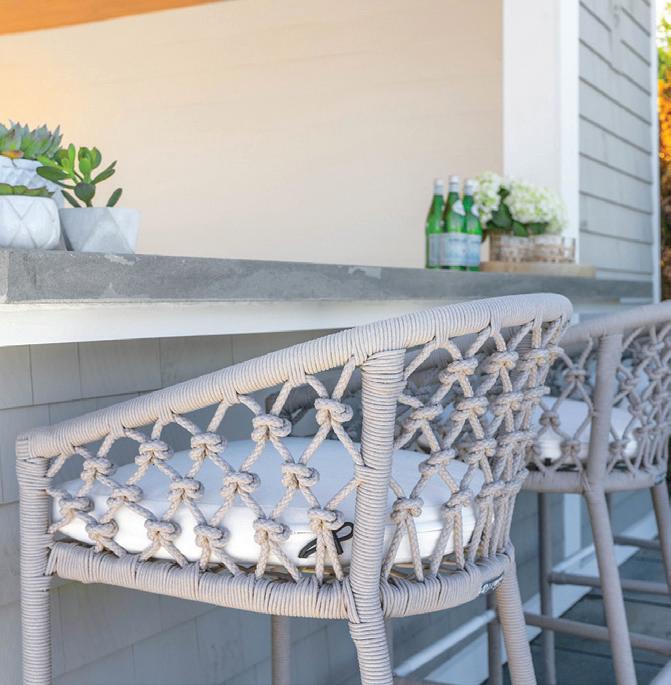
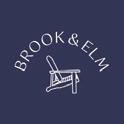
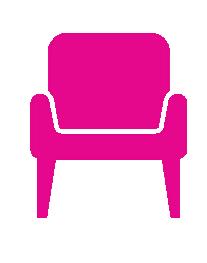
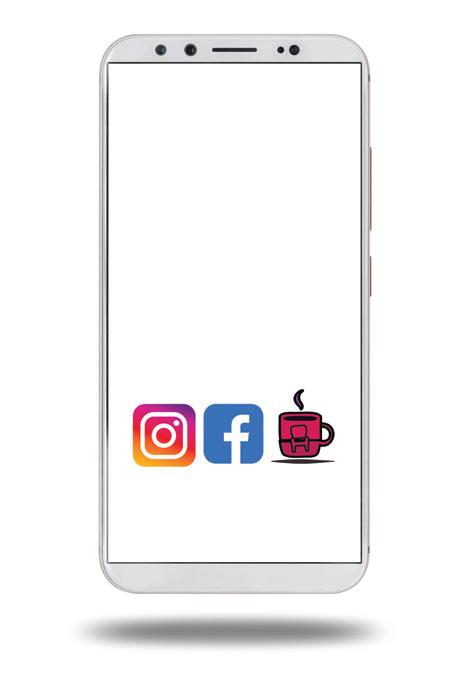
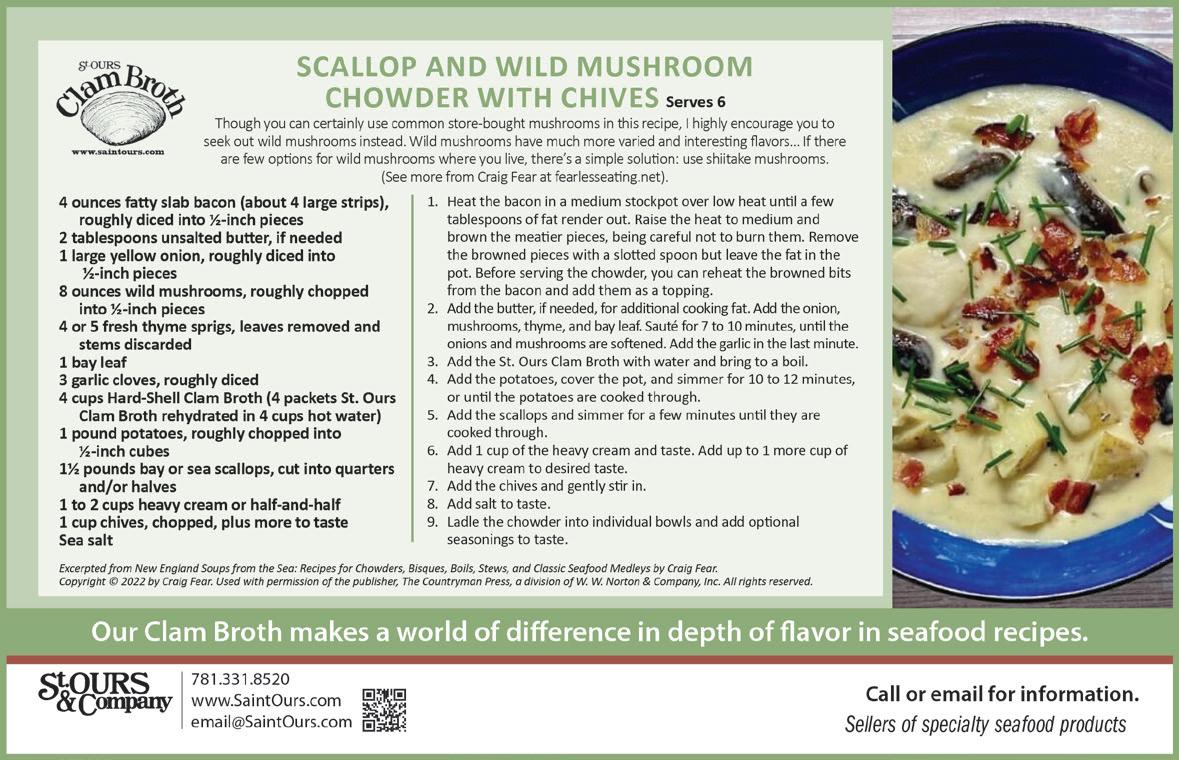
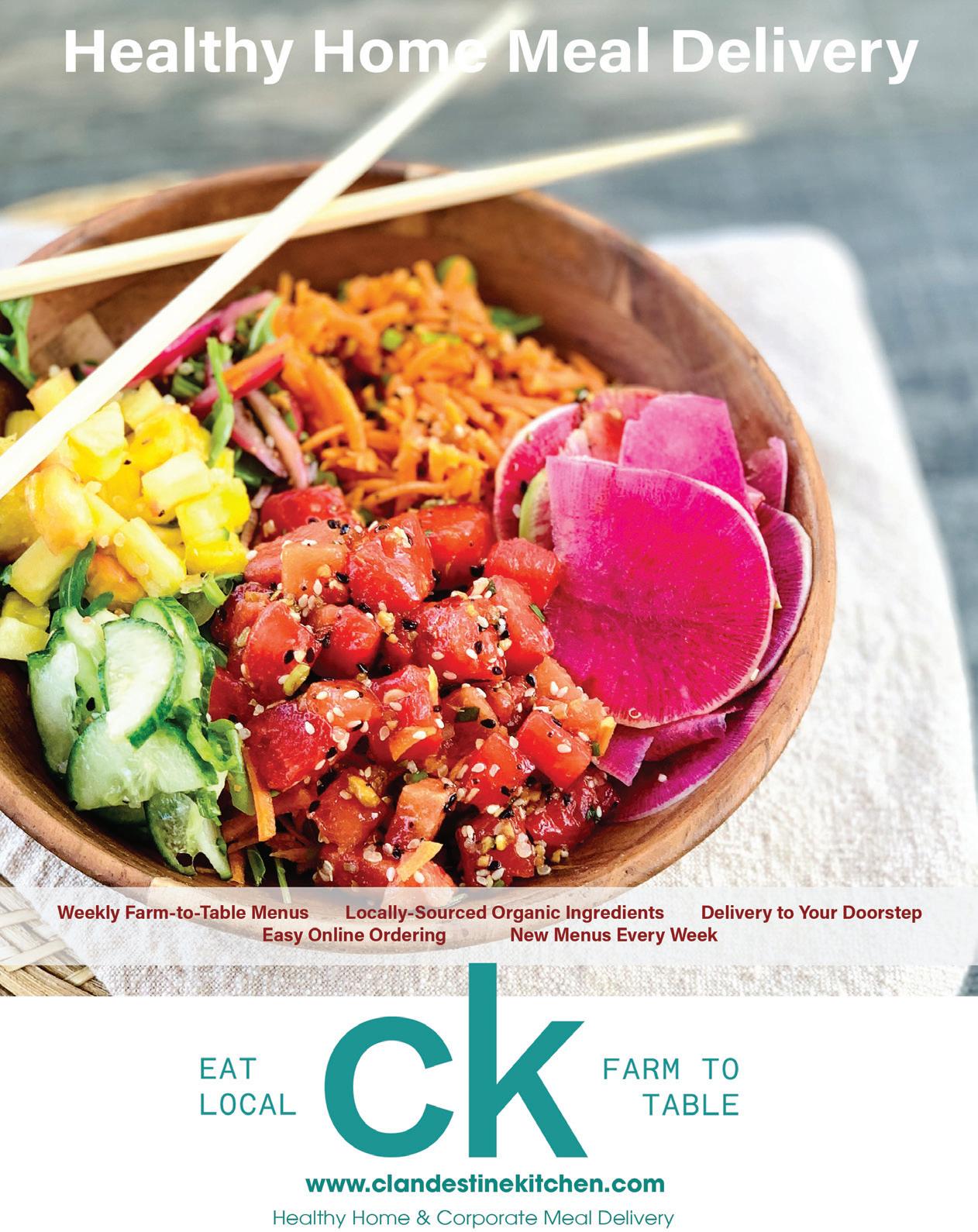
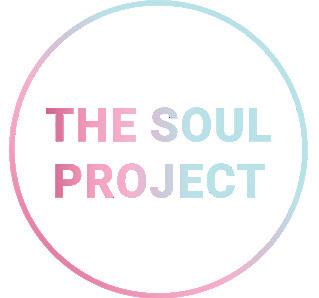
The Soul Project is a Massachusetts-based nonprofit organization that helps all women and girls discover tools and develop beliefs that help them thrive in life. Pink Chair Storytellers and The Soul Project bring you their Soul Stories. TM
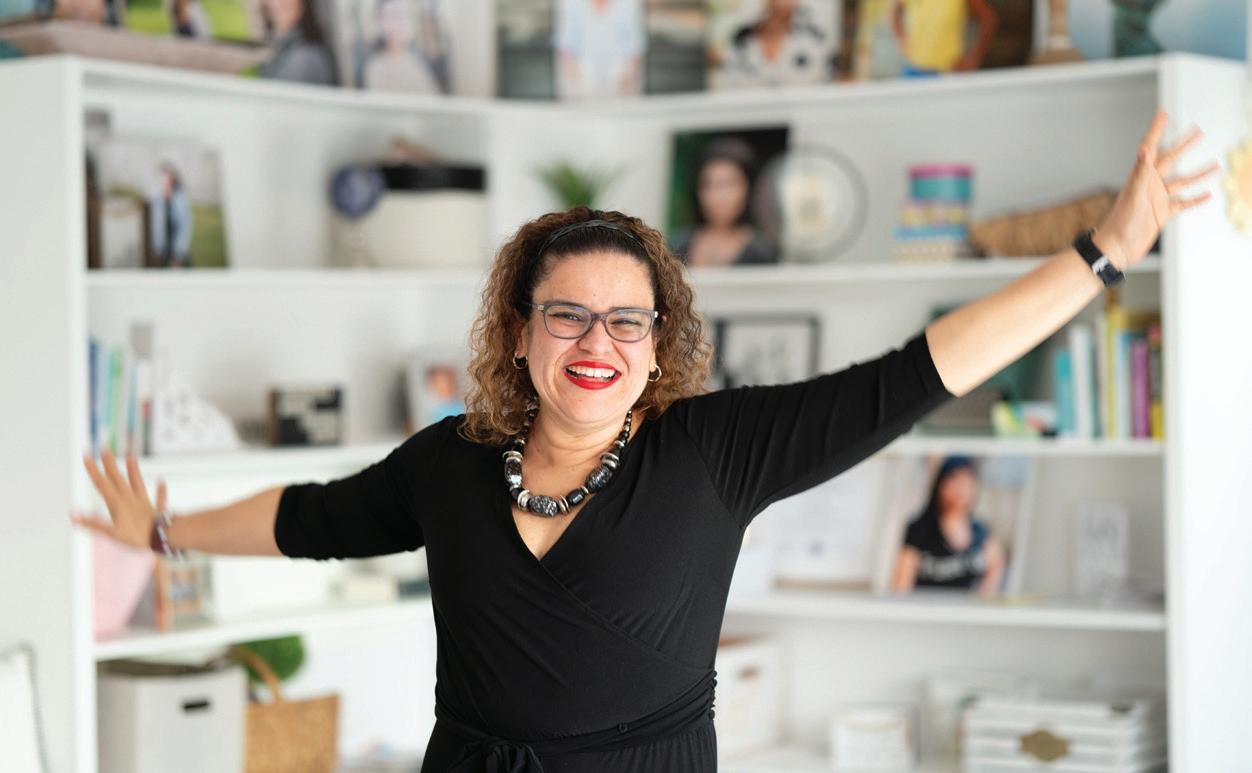
Carmen
Mom, caretaker, fitness instructor, chemist in the pharmaceutical industry, and baker. I value honesty, respect and love. Today I'm caring, empowering, and gritty. My life’s mission is to help others realize how Valuable they are. I love to help people work through their fears, and realize their inner power. I understand how it feels to be scared of new things, or worried about what others think. I'm afraid of dying young without completing my mission in life or seeing my kids grow happy and independent. I was raised by my Mom and my Dad until my Dad died when I was 16. That was my worst day. My best day was the day I became a Mom. When I started going to the gym, I felt like I didn’t belong, like everyone was judging me because I was overweight and unable to do the moves as good as the instructor. I felt embarrassed moving my body in front of others. Then, 2 years ago, when I started teaching fitness classes no one was coming, I started thinking I was not good enough. A few other fitness instructors told me not to give up. I continued to knock on doors and applied to gyms & I finally got the opportunity. I used to be a person who didn’t love or believe in herself. Thank God that is not me anymore. I'd tell a 12 year old me to live to the fullest, that she’s unique and valuable just as she is. I'm excited about impacting the lives of my students. Hearing comments like, “thank you for making me feel alive”, brightens my day. Success is getting to a point in life where you love yourself. Beauty is found in someone who is comfortable in their skin without trying to fit in a mold. I wish more women realized how amazing they truly are. In 10 years I hope to be impacting more lives, helping them to accept themselves, and realize their potential. I'm proud of my honesty and caring heart. I am powerful and strong. I am Carmen. I love to help people. I am enough.
LizMother, daughter, wife, friend, artist, and entrepreneur. I value family, creativity, and compassion. As a kid I was kind, deeply loving and fiercely resilient. I’m more brave and spiritual today. I worry that our world lacks compassion and has forgotten what it means to be loving. My best days were when I married my husband and had my daughter. My worst day was when I was hospitalized for severe postpartum depression. I’d never known such darkness and despair. I’m so grateful I survived and was able to live life again. That was a turning point in my life. It drives my work to support women and girls to this day. I struggle with OCD and have learned to celebrate my neurodivergence. My brain has always been unique and I never fit into a mold as a learner. OCD was not understood as it is today. I struggled with intrusive thoughts, irrational fears, and compulsive behaviors, but sports and art helped. I wasn’t officially diagnosed until college and not until my 40s did I learn about being neurodivergent. Passionate work and years of therapy have brought me into the light of recovery. I’ve struggled with a lack of confidence, but that's getting better. I go easier on myself now and celebrate my wins. I’d tell a 12 year-old me to go easy on herself, to give herself the same grace and love she so freely gives others, to embrace what makes her different. I’m excited about being 46. I love getting older. I’m also excited about writing a book! I feel alive when I'm creating art or laughing with loved ones. I love my dogs. Happiness comes from gratitude. The definition of beauty is kindness and love. Beauty is an inside job. My Mom & daughter are lights in my life. Even though we were different my mom always celebrated what made me special. My daughter is my angel, a gift from God. My soul’s purpose in this life is to be her Mom. In 10 years I hope to be happy, doing what I love with my people & dogs. I’m proud of the woman I am. I turned my pain into purpose. I love deeply and I love myself. I'm okay with people not understanding me. I love to enjoy life with family and friends. I am joy and light. My heart is full. I am content. I am Liz. I am grateful and I am happy to be alive.
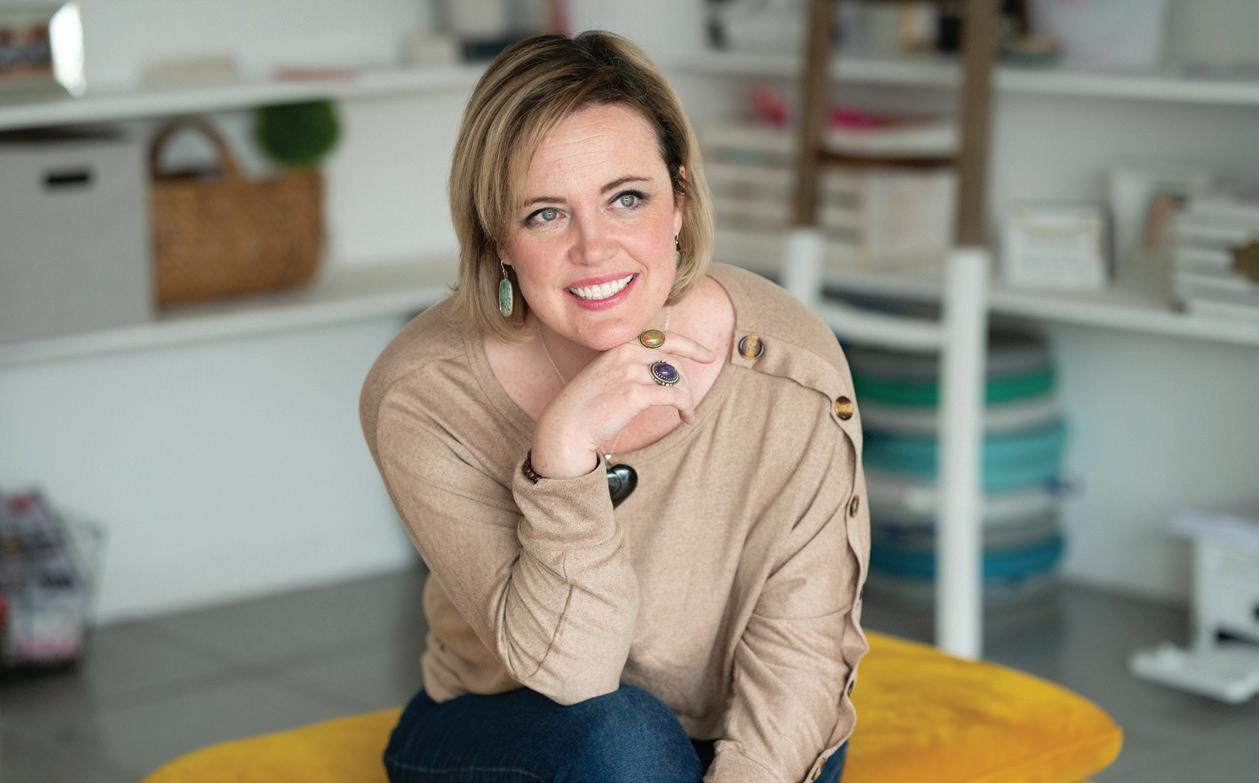
Photos by Kristie Dean
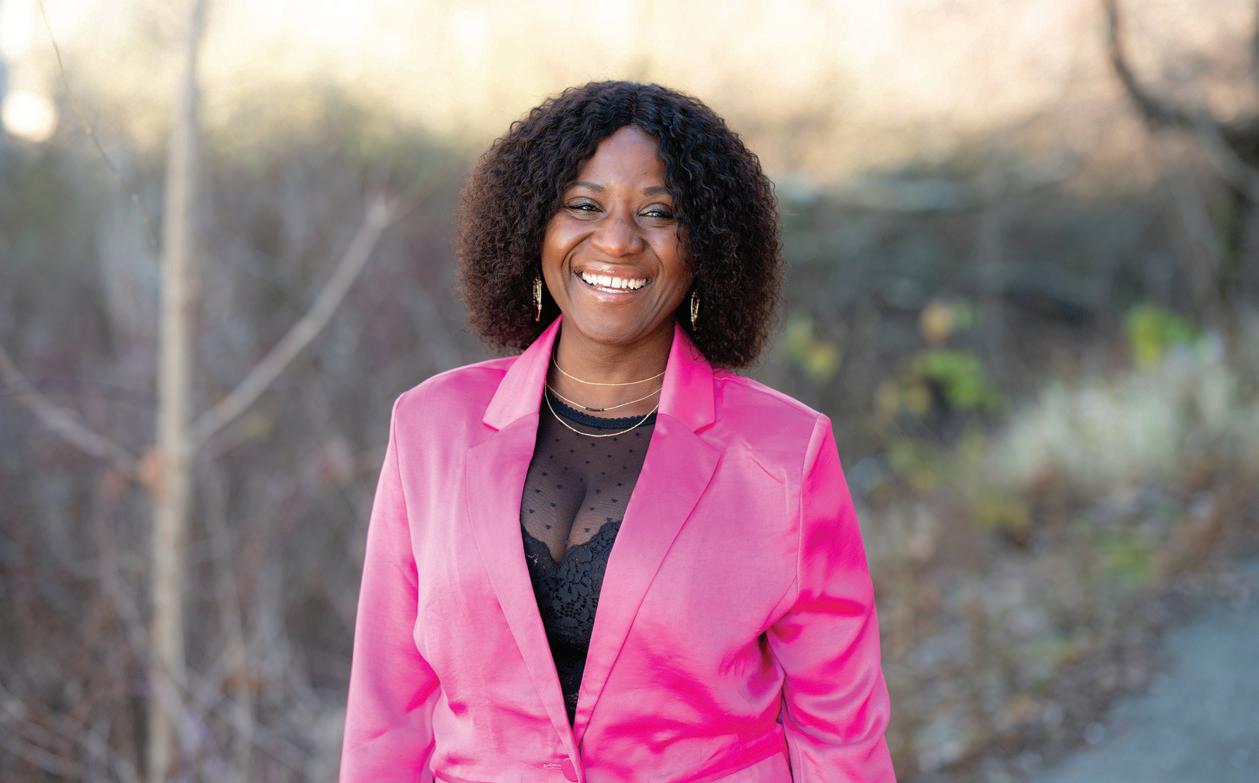
Mother, Coach, RN, Daughter & friend. I value respect, gratitude & acceptance. I immigrated to the US at 9 and had to assimilate to a new language, culture, weather and lifestyle. I grew up poor and alone for most of my childhood and at 16 I was on my own. Today I’m evolving, loyal & intentional. I believe each life experience is merely a chapter in the book of my life. I have a say in how this current chapter unfolds! My gift is creating spaces for others to truly be themselves without judgement. I fear failure & worry about my teen daughter growing up in a world of social-media, unrest & violence. My toughest life balance is maintaining physical, mental and emotional wellbeing. I’ve often felt like I’m not enough. I’d tell a 12 year old me that her only job is to be a child, to trust and know that her past does not have to define her! I wish there was more honesty and vulnerability in the world and less violence. I’m excited to be working as a Coach. I get to combine my 15 years of Nursing and extensive life experiences to help high achieving women with work-life balance. I help them shift out of stress & into success. Success for me is continually accomplishing goals in alignment with my vision of a healthy & fulfilled life. Beauty is energy that’s not only pleasing to behold, but a joy to be around - it’s natural and ignores the trends. In 10 years I hope to be an author & speaker empowering women to redefine success and break cycles. I’m proud of my resilience, bravery & determination to become someone I never had modeled. I love my smile & uplifting others. I am Jasmine. I am enough.
Jasmine
Photos by Kristie Dean
Alyssa
Mother, therapist, reiki master, teacher, and life-long learner. I value connection, integrity and love. I am an extrovert who grew up extremely shy, often mistaken for an introvert. My special gift is my ability to connect with others, allowing them to feel seen and heard. I’m desperately afraid of failure and worry about making mistakes. I struggle to say no. I derive a sense of worthiness from “doing”, leading me to take on far too much. I’ve struggled with perfectionism for as long as I can remember. Therapy, yoga and reiki have helped me let go of this self-imposed pressure that no longer defines me. I experience imposter syndrome and mom-guilt often. In college I gave into pressures to drink in order to fit in even though I knew it wasn’t for me. In my 20s validation from men fueled me, but left me feeling empty. Now in my 30s, approaching 3 years alcohol free, I’m in the healthiest relationship I’ve ever been in. I’m married to a man who loves me for me and supports my dreams. Still, I can be critical of myself and my body. I’m learning to love myself, imperfections and all. I’d tell a 12 year old me that she’s smart and beautiful - that she is enough. I feel most alive when I’m connecting authentically with others. Success is creating a life that brings you joy. Happiness comes from connection, love, and gratitude for who you are, not who you think you should be. I used to think that to be beautiful I had to be skinny but I’m unlearning all the societal messaging. I know that true beauty is found in a person who radiates love, joy and confidence. I wish more women could see how beautiful they truly are. In 10 years I hope to be living as the truest version of myself, having shed a layer of self-doubt, fear and pressure I still grapple with. I hope to be able to say “yes” to more things that bring me joy, to have more connection and time carved out for my family and to spend more time “being”, than “doing”. I am Alyssa. I am driven, passionate and compassionate and I am enough.
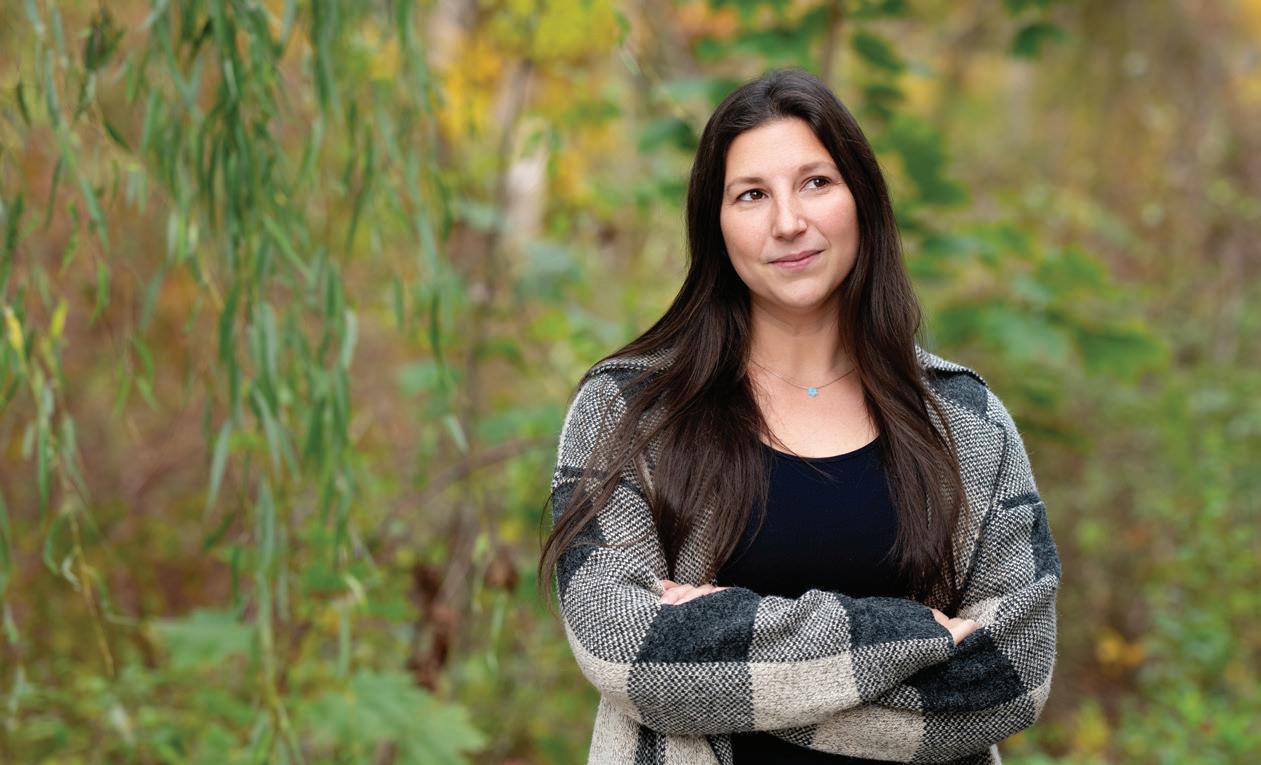
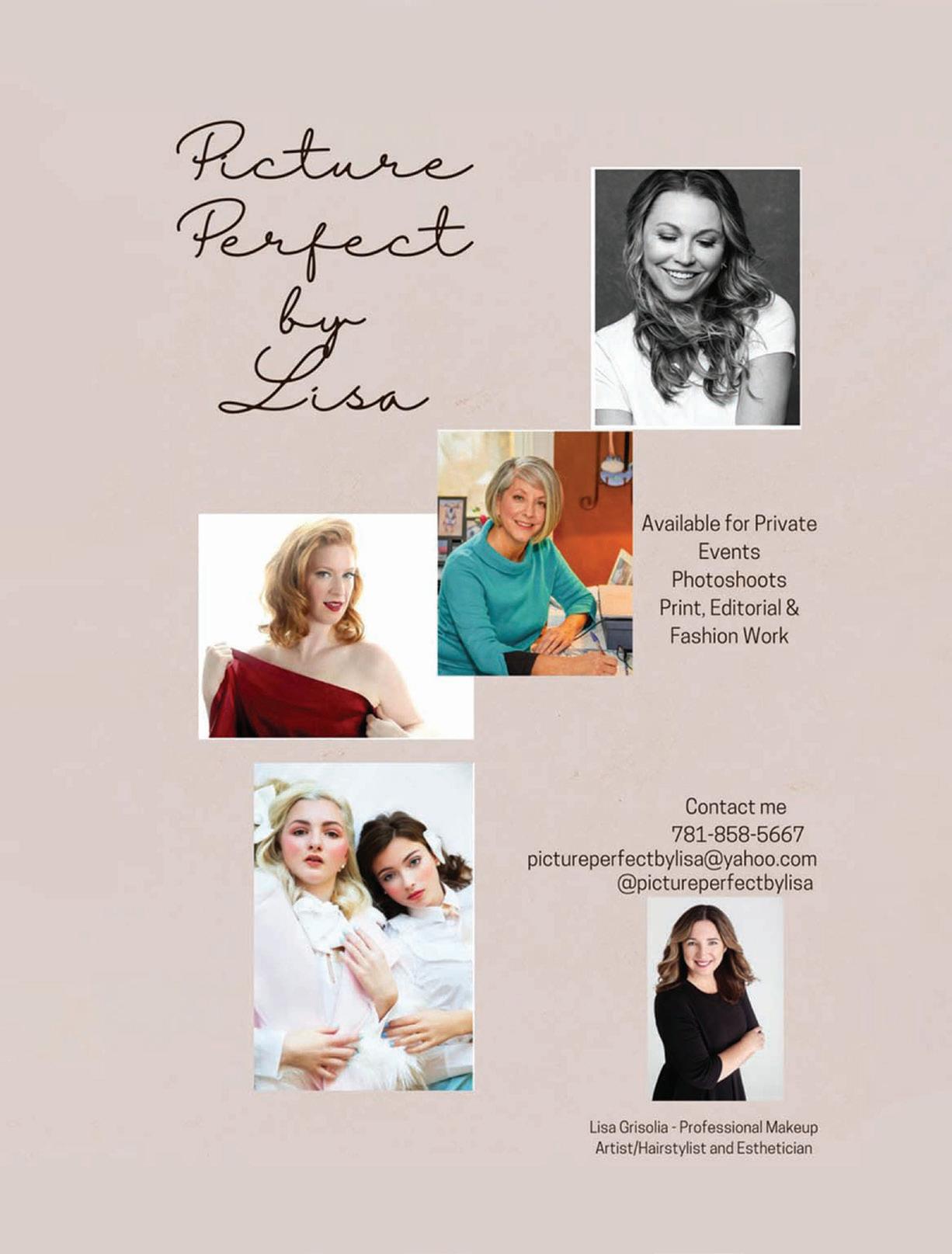

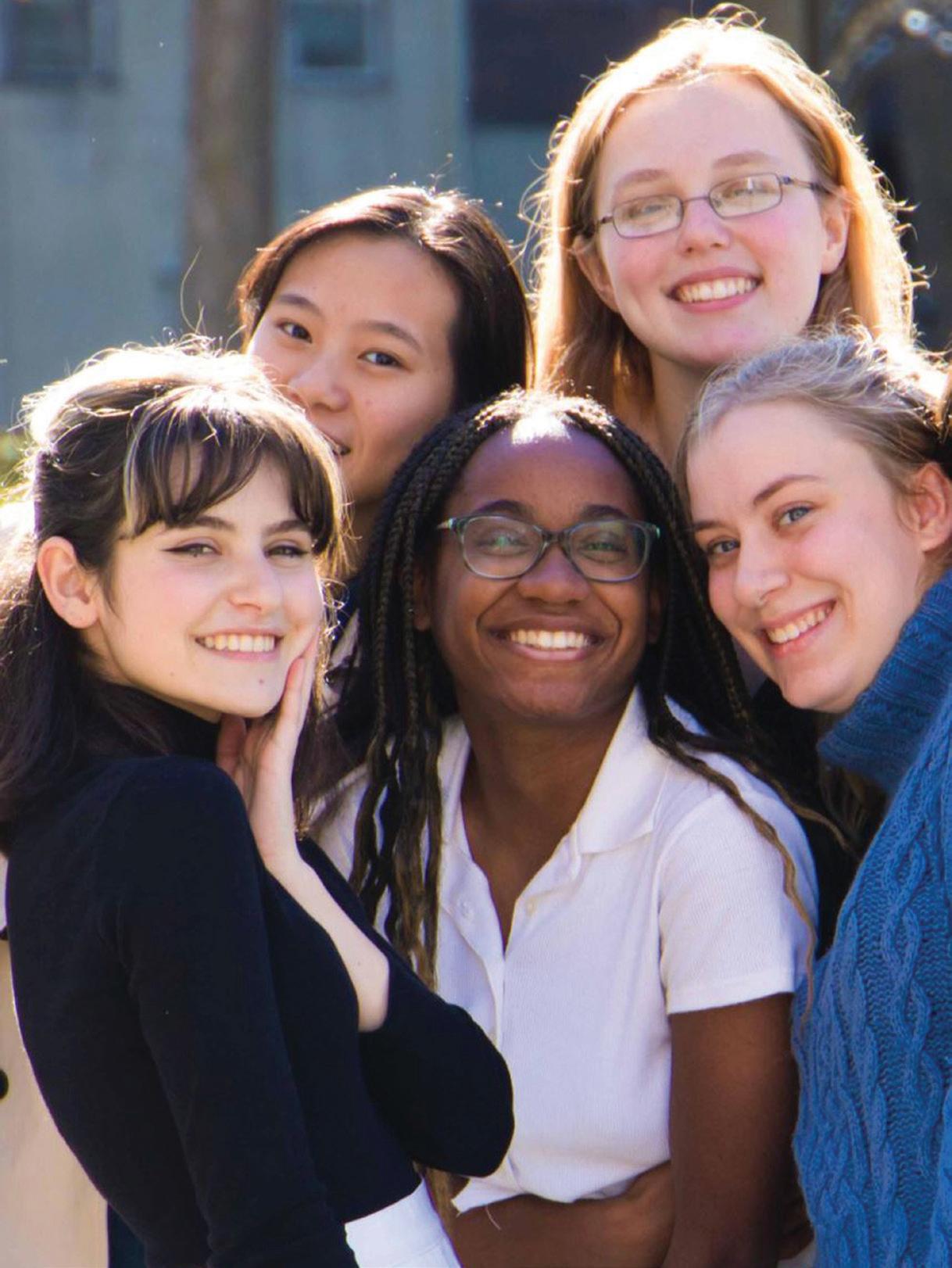

The Arc of the South Shore is the Heart of the South Shore
The Arc opened its Autism Resource Center in the spring of 2016, and over the last eight years, it has improved the lives of thousands of individuals with autism and supported South Shore families. The Center provides information, referrals, and community-based programming for individuals with autism and their families. Relying solely on grants and donations, this family-focused program supports individuals with autism as well as parents whose children are newly diagnosed, transitioning into or out of the special education system, or navigating adulthood.
The cornerstone of our Center is the caring, personalized, and supportive relationships that we develop with families. Our team of knowledgeable, experienced staff are here for families during all of the ups, downs, and in-betweens of life. Programming includes caregiver support groups, community dances, sensory-friendly movies, educational workshops, the Exploring Disney Animation social club, the Sensational Story Time Yoga program, and more.
The Arc has a unique perspective in understanding the multifaceted complexities and issues encountered along the autism journey, from early childhood through adulthood. The Autism Resource Center fills a void for accessible, affordable care in the region. We improve individuals’ physical, emotional, and social wellbeing while providing needed respite for their families. Our team provides individuals and families with the tools and opportunities they need to thrive, while working to create a more inclusive and welcoming society for all.

100,000 Volunteers Engaged
7,000 Local & National Partnerships
5,000 Individuals & Families Served Annually
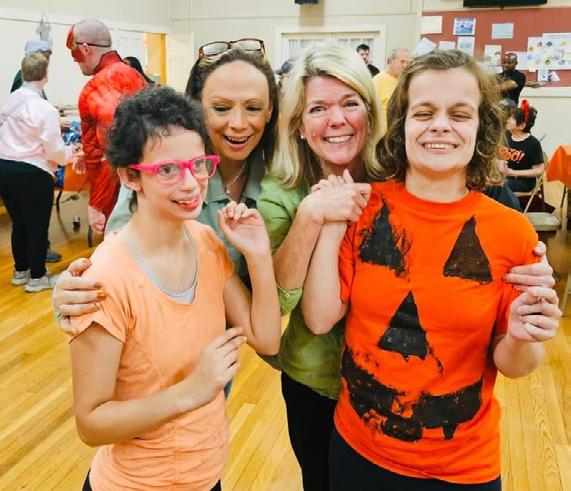
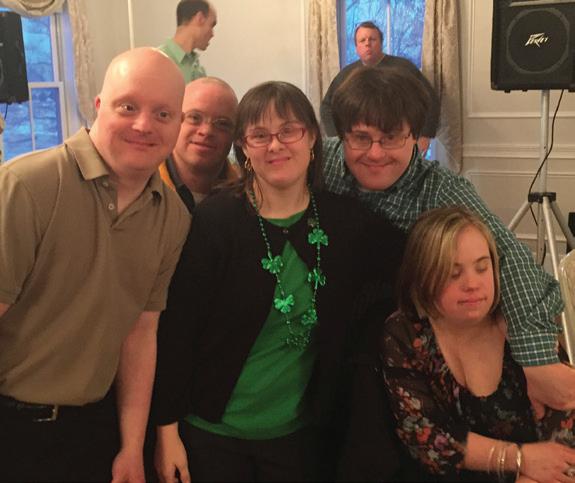
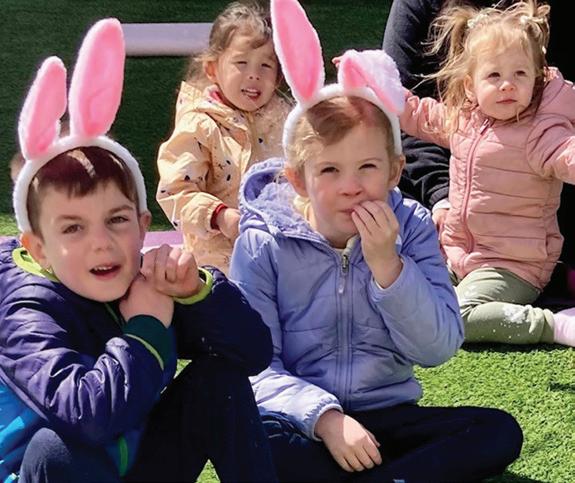
We’re committed to
